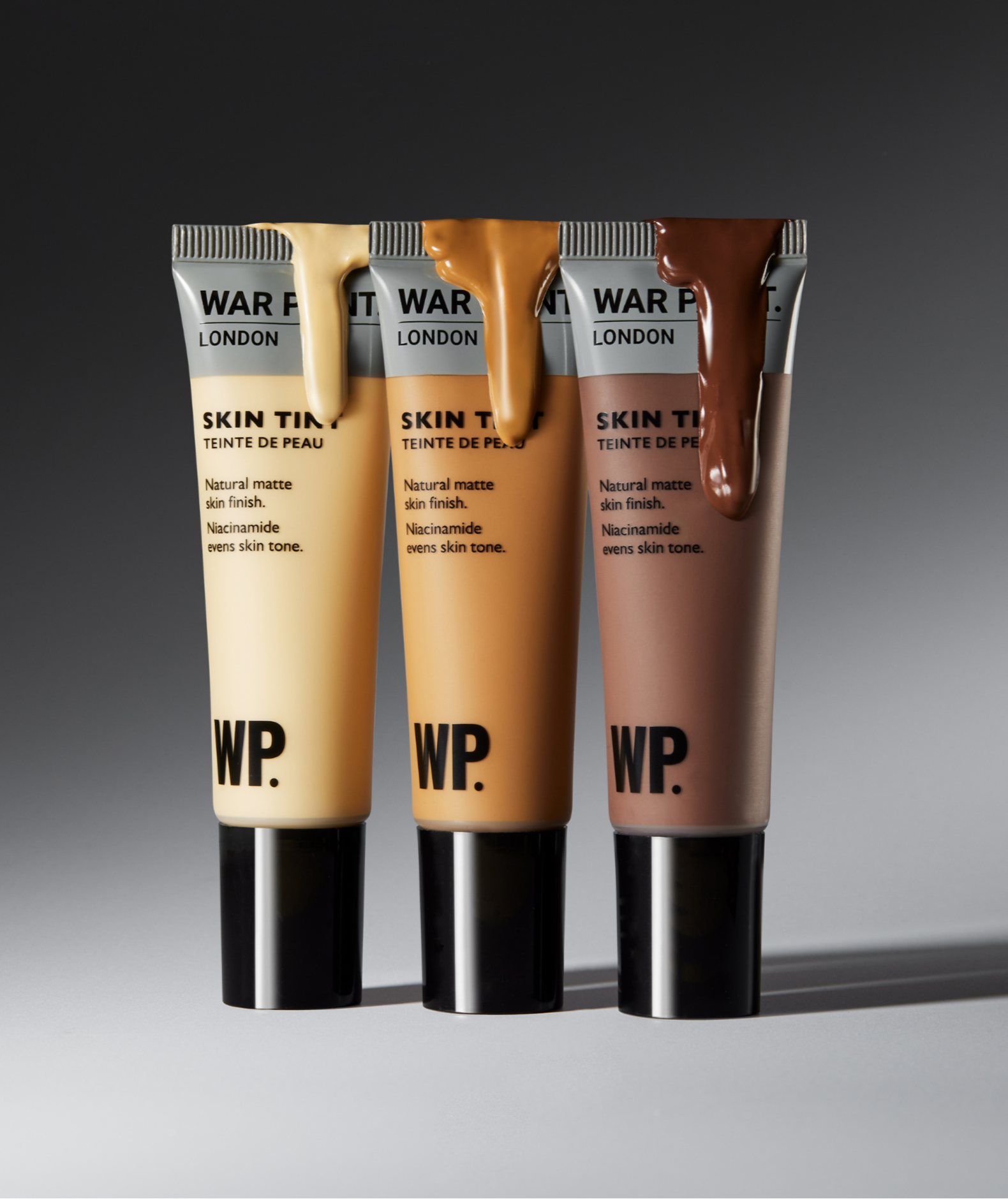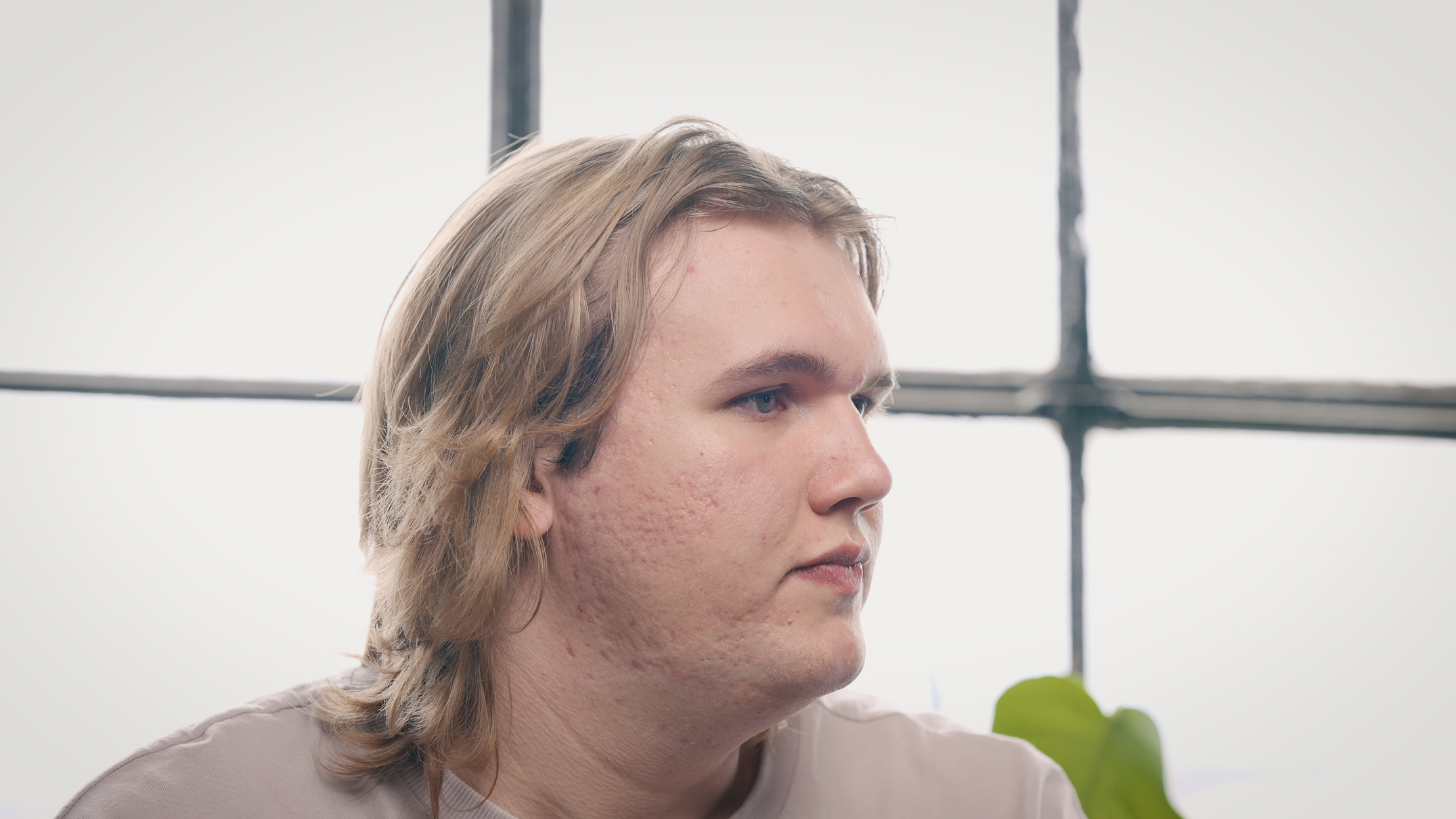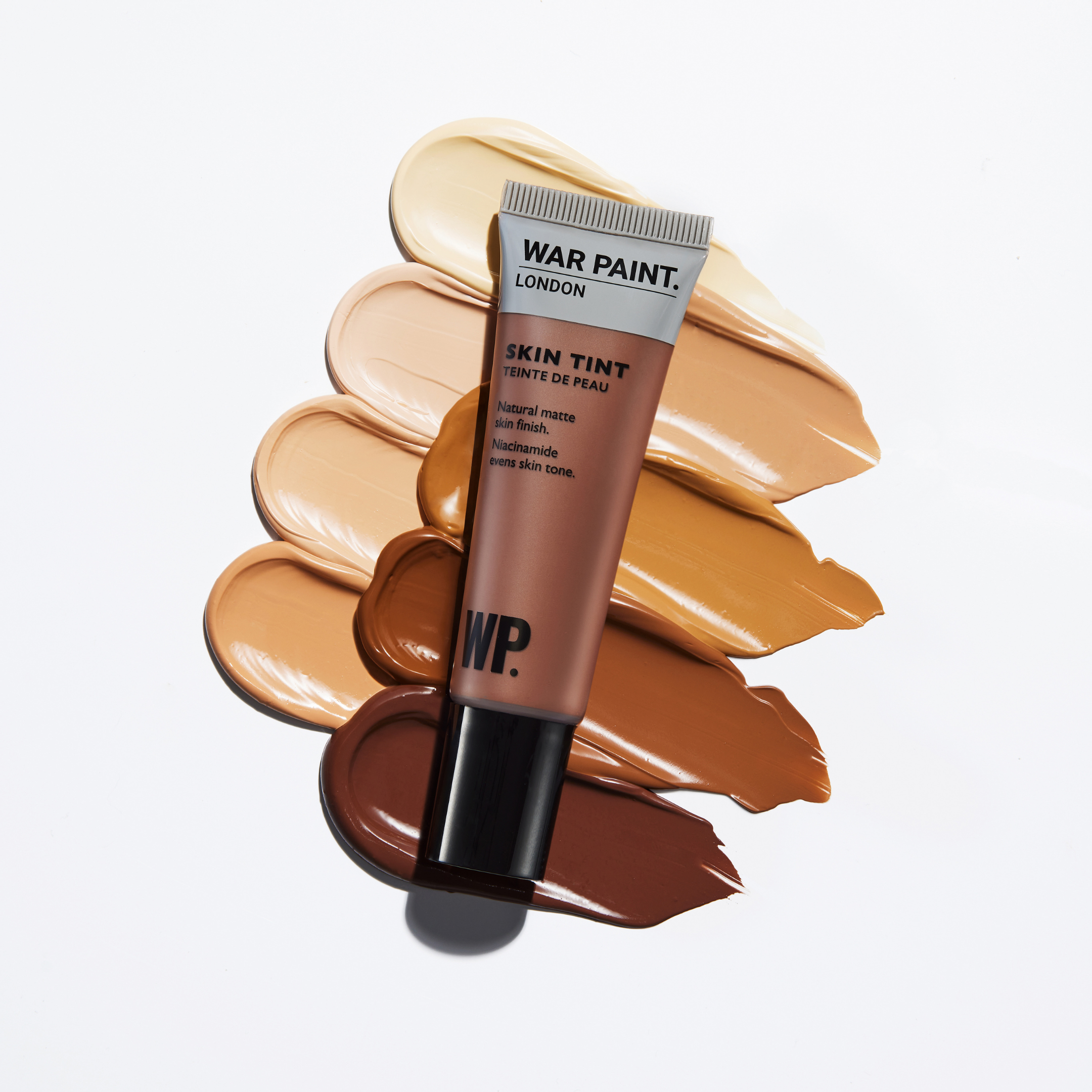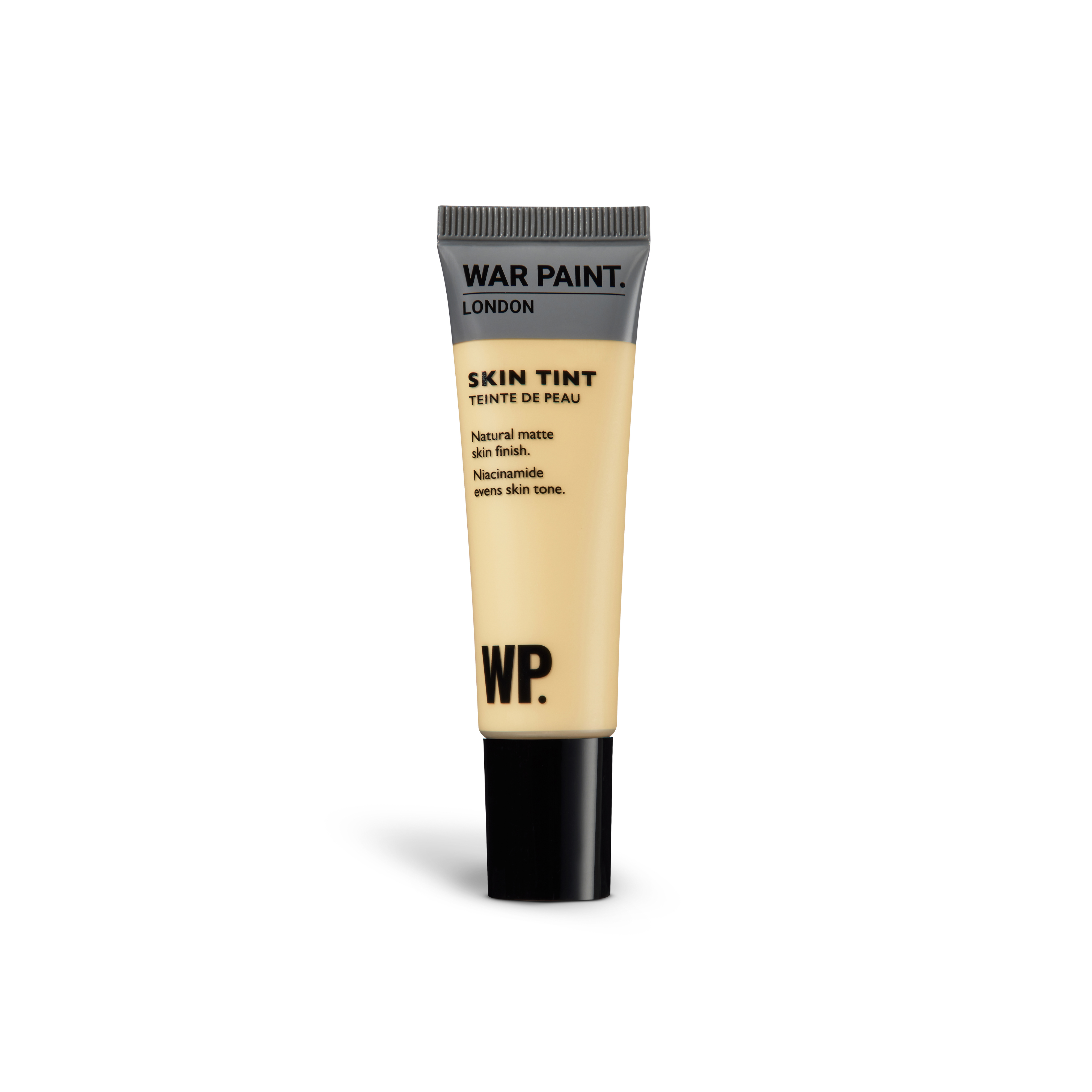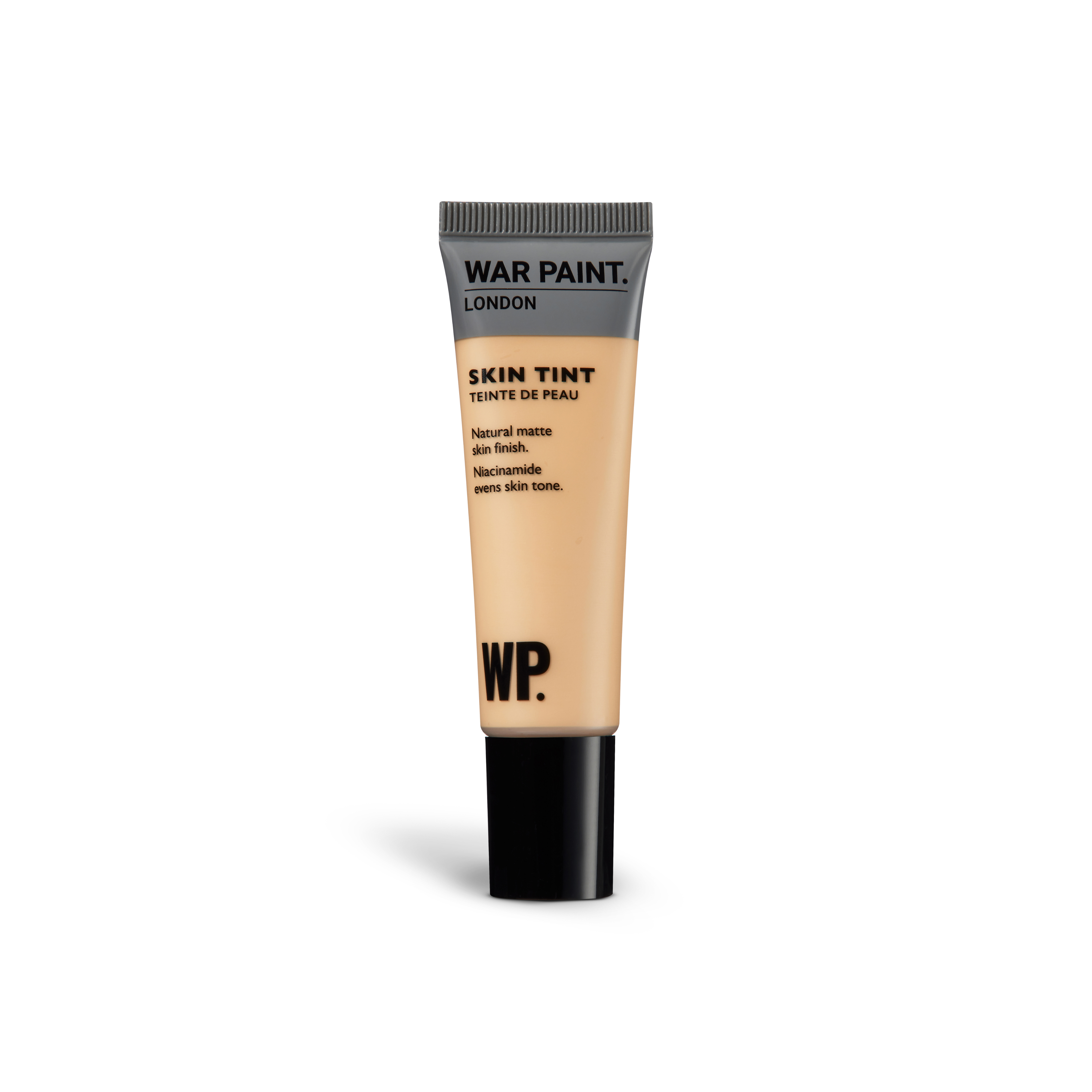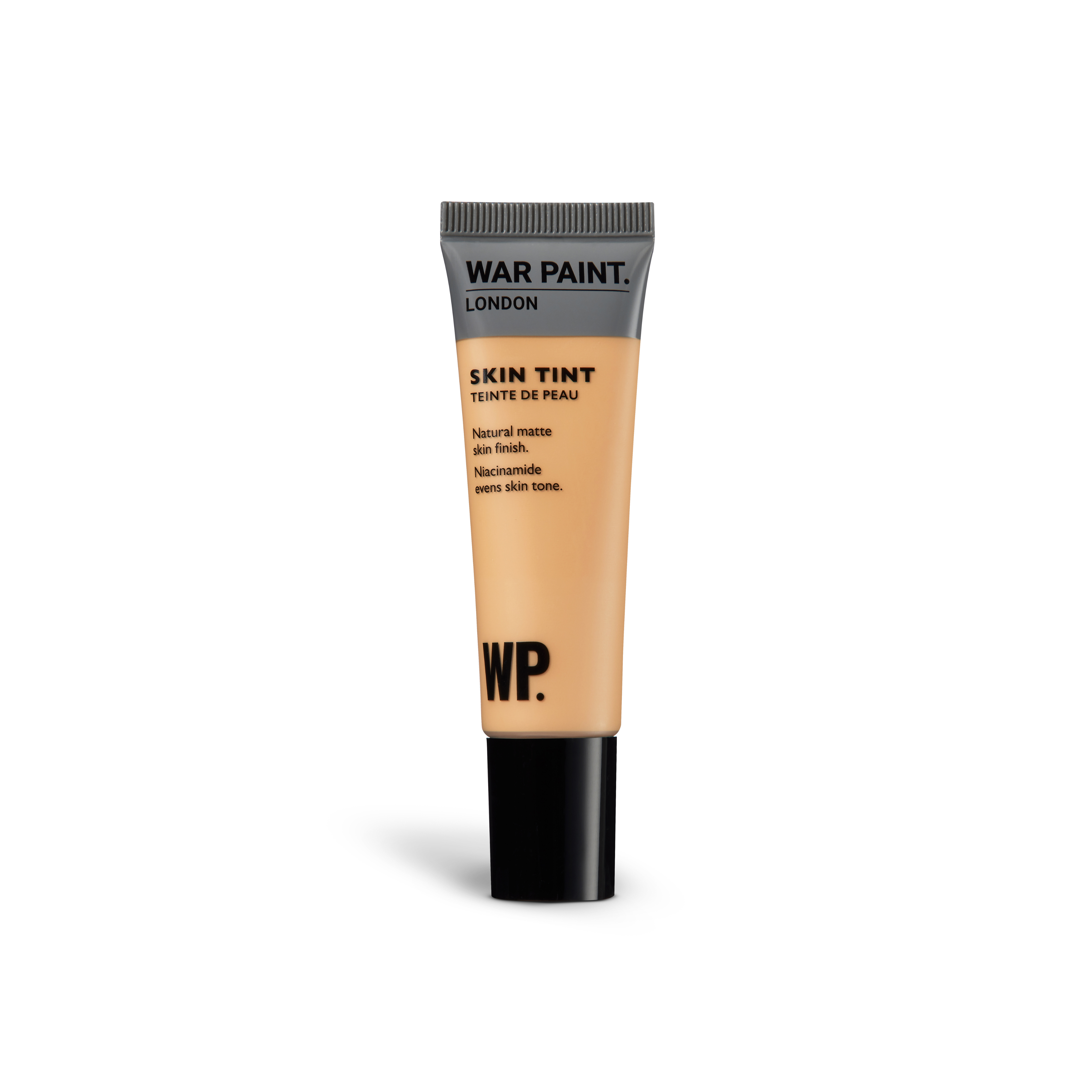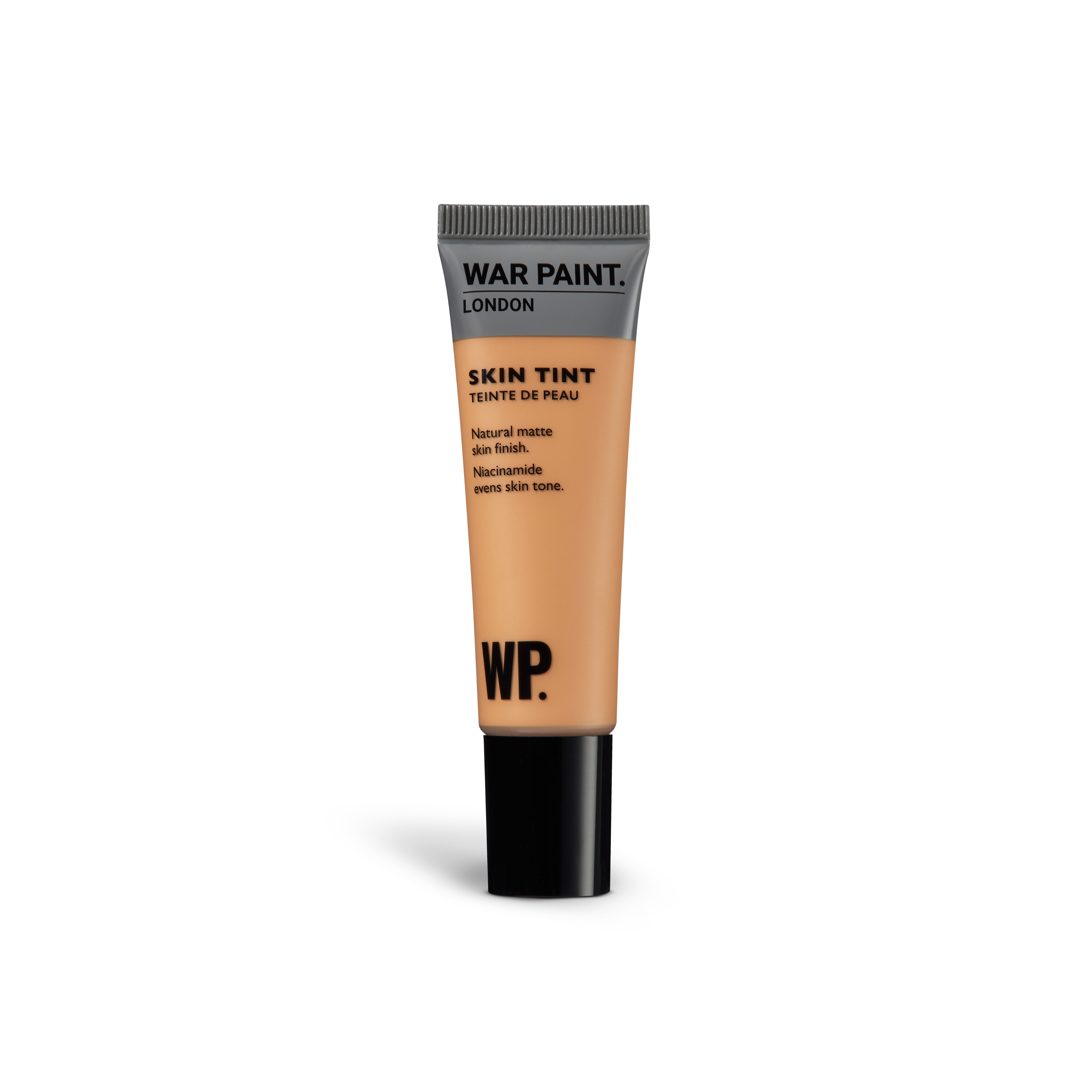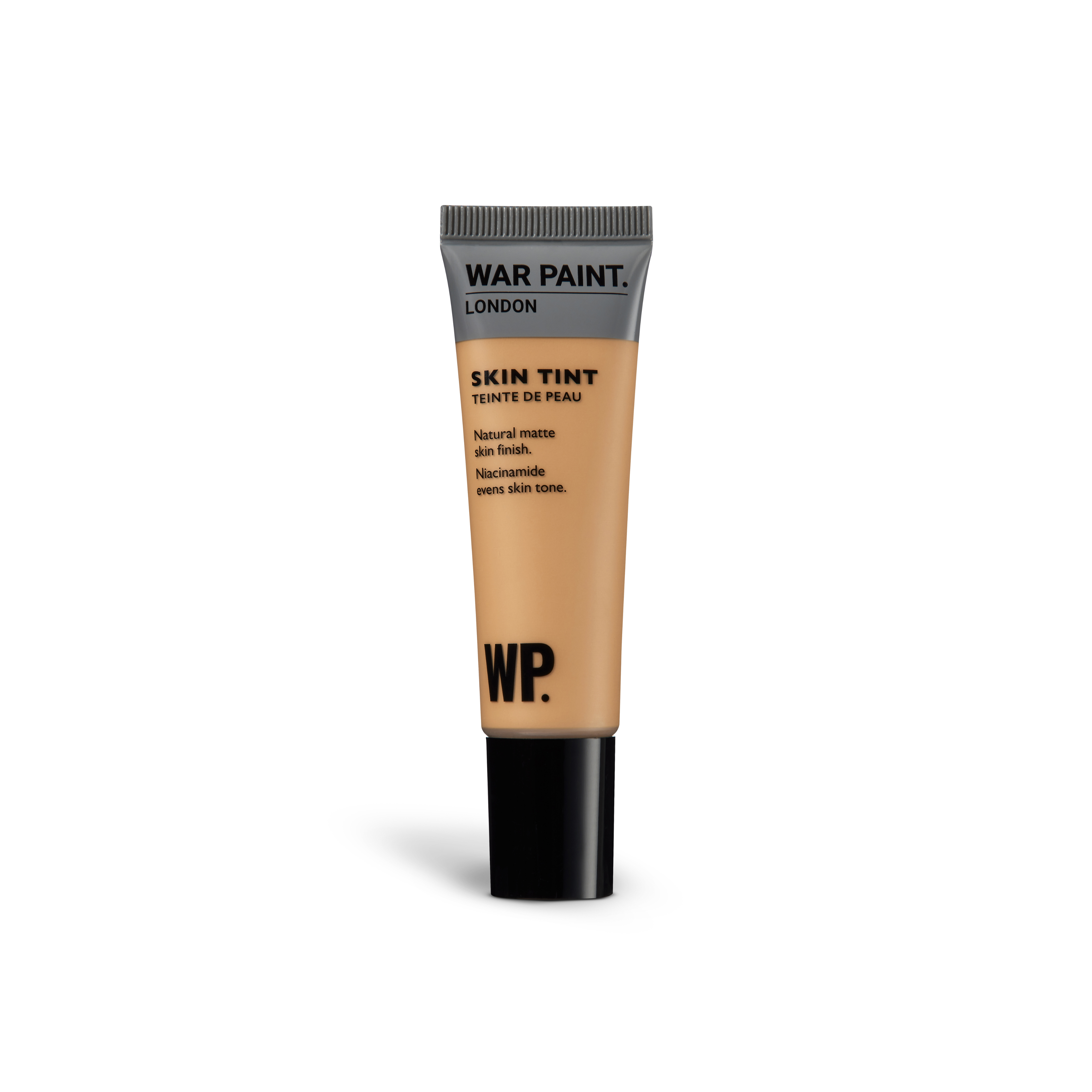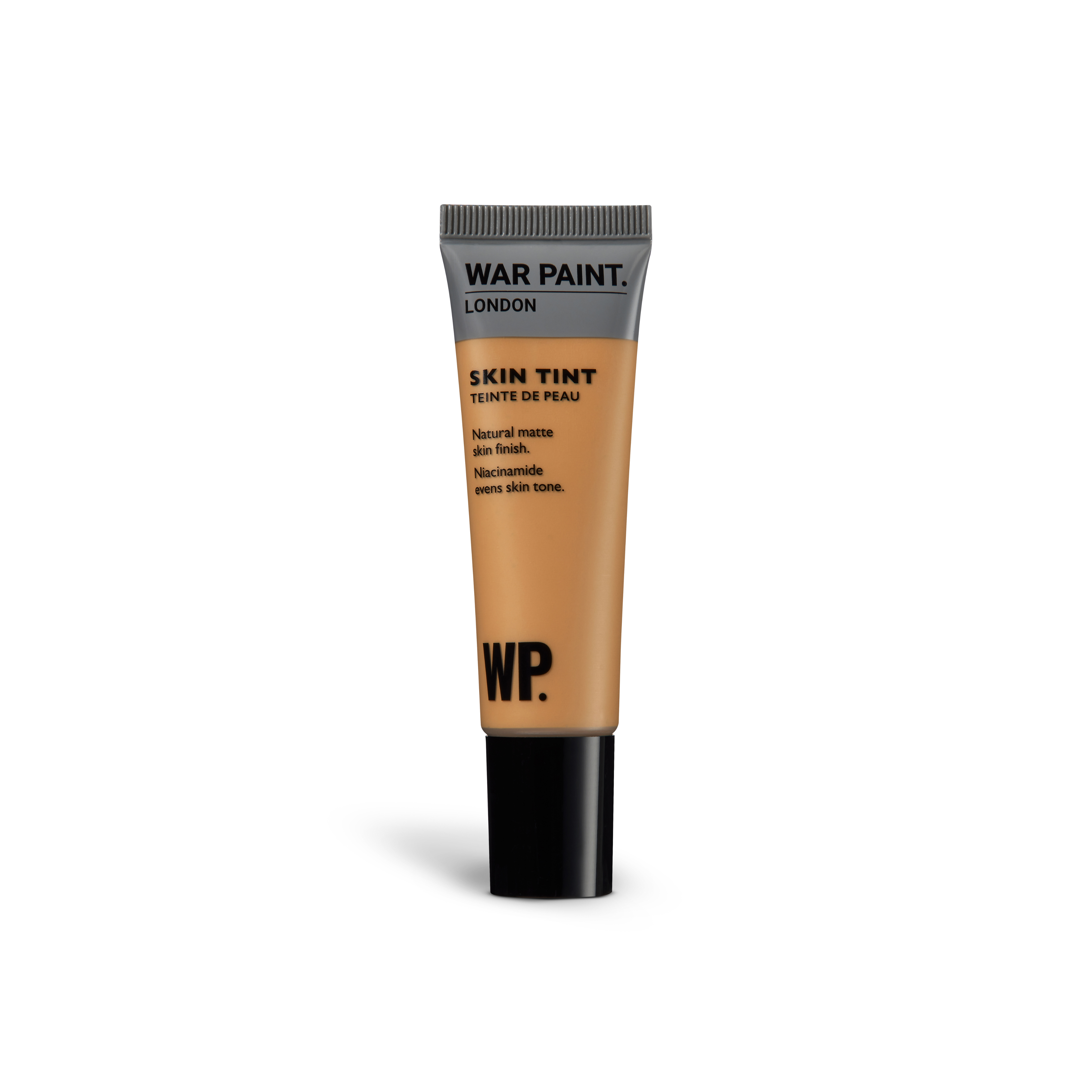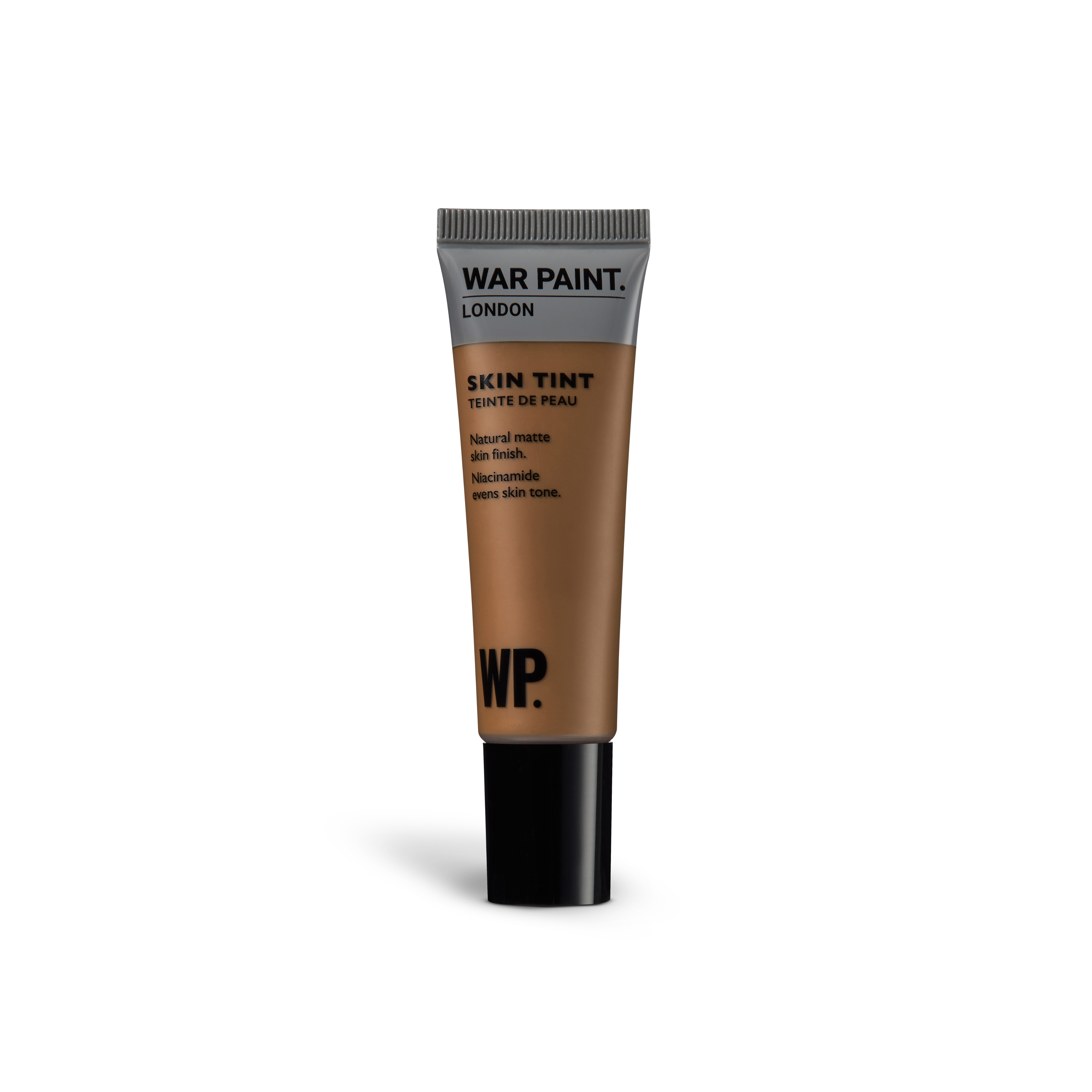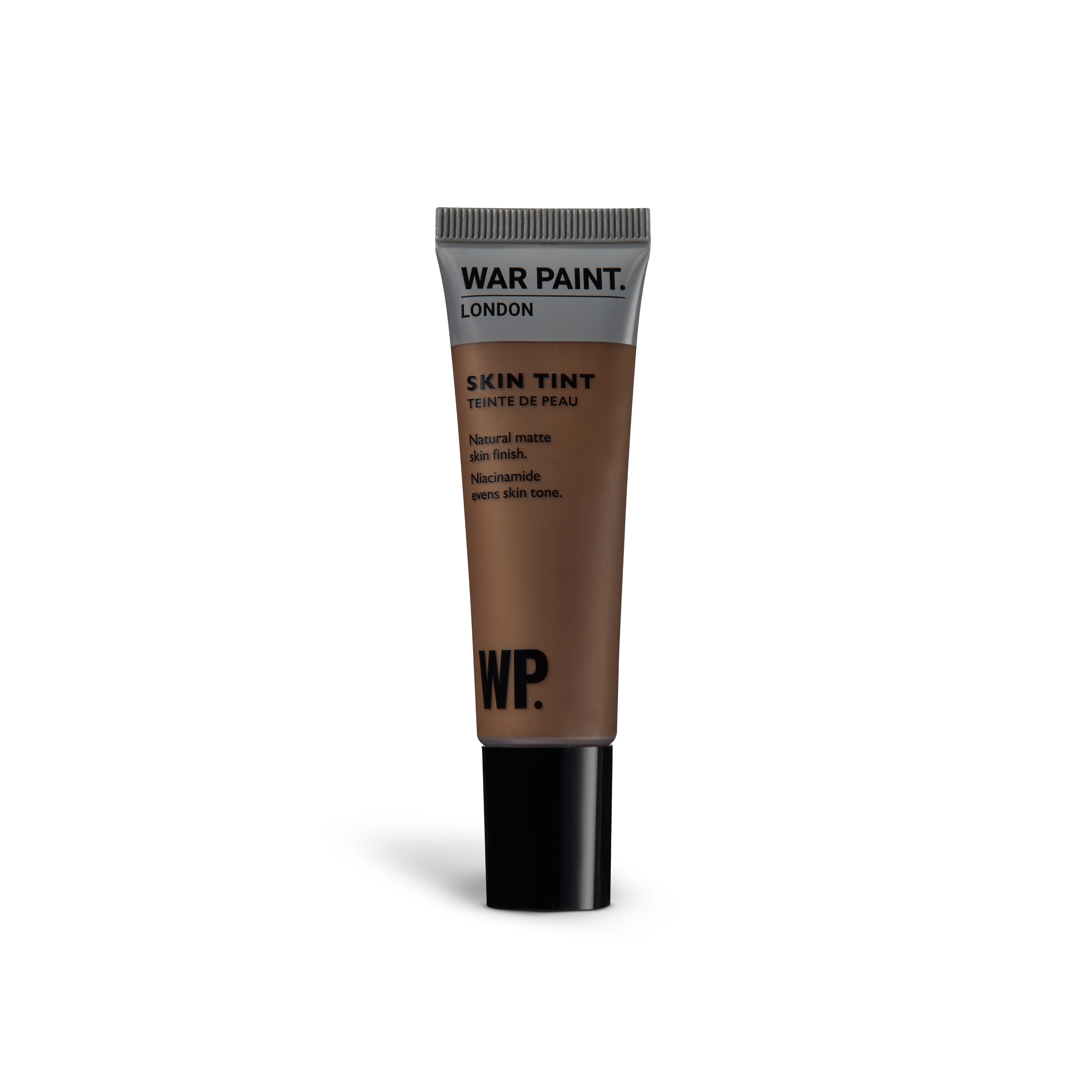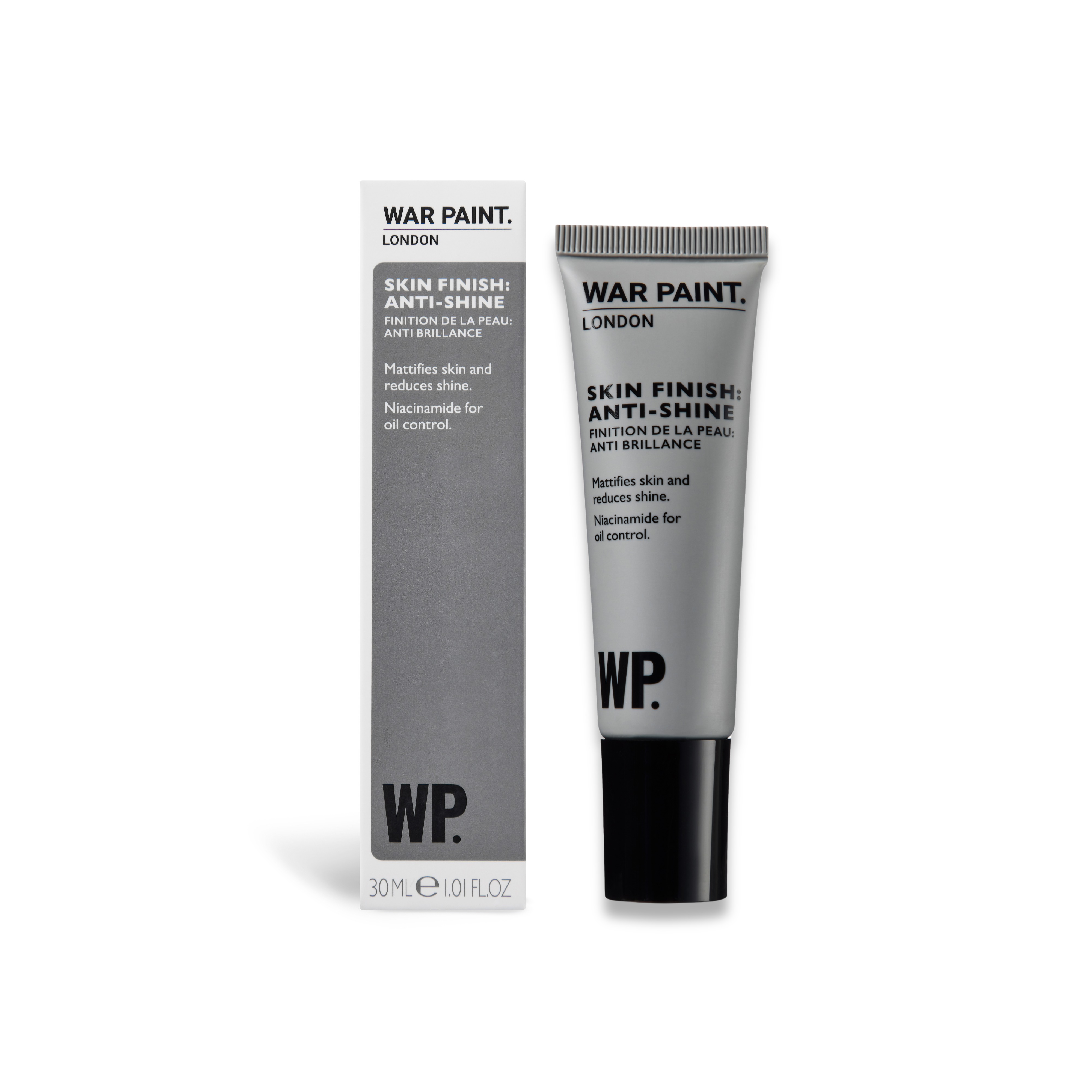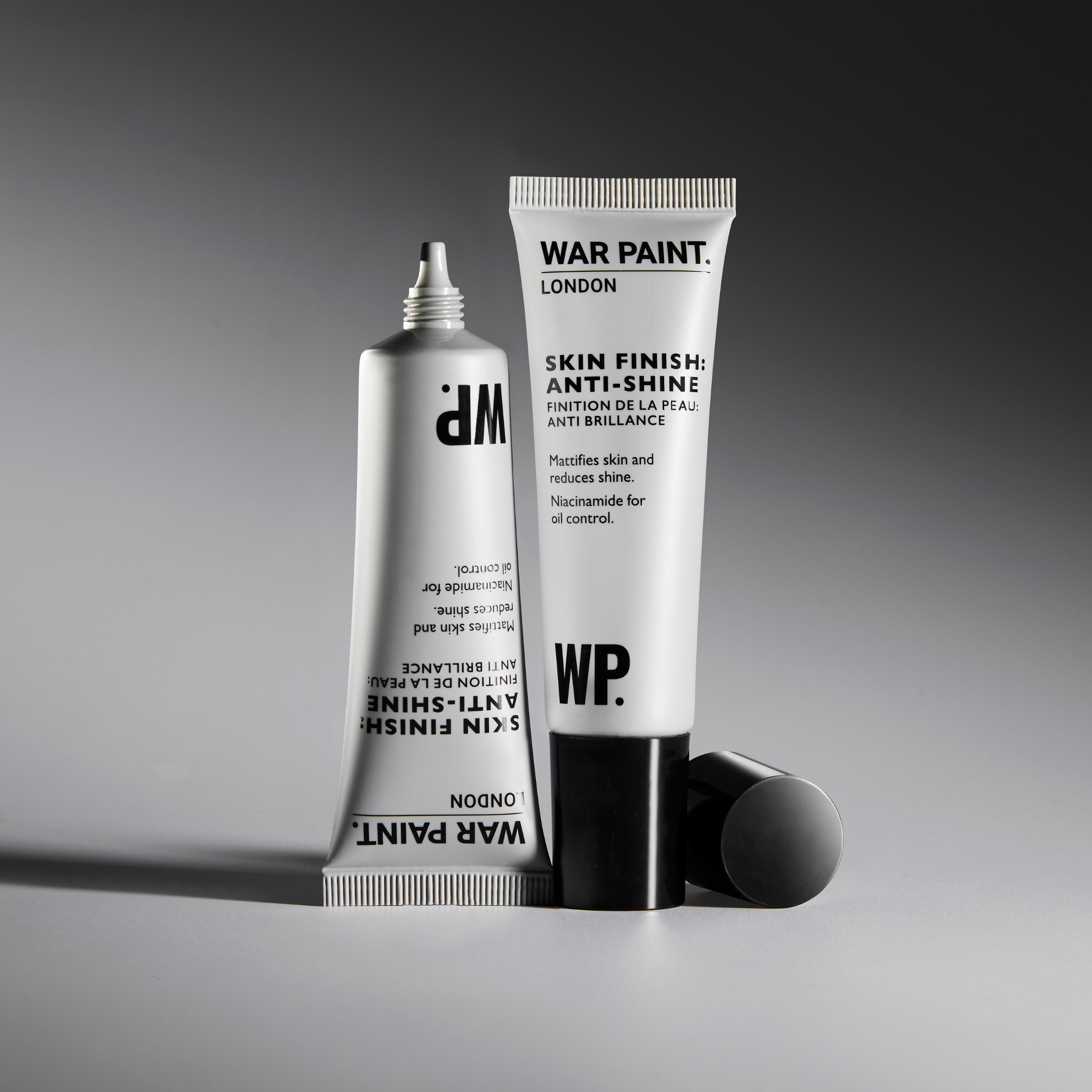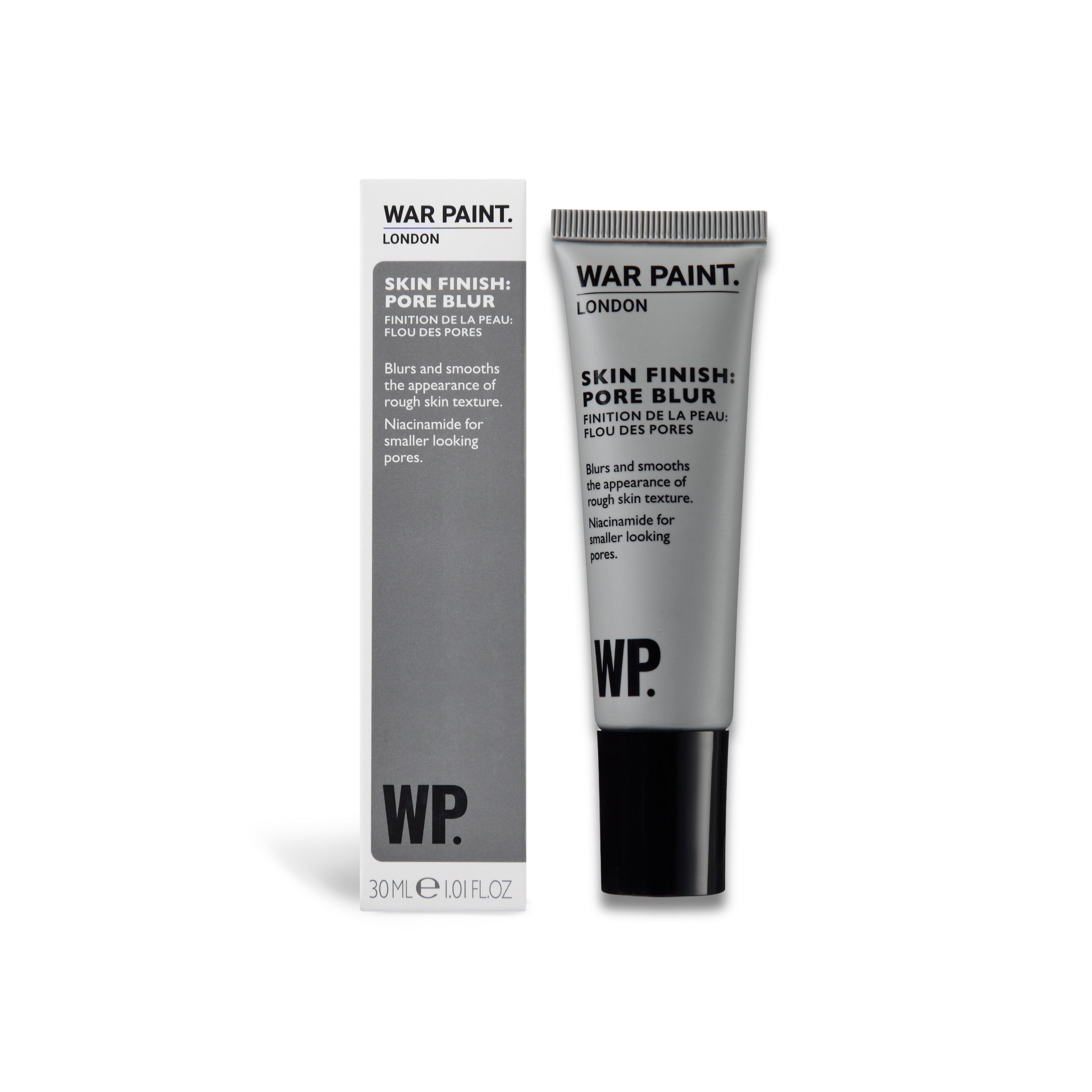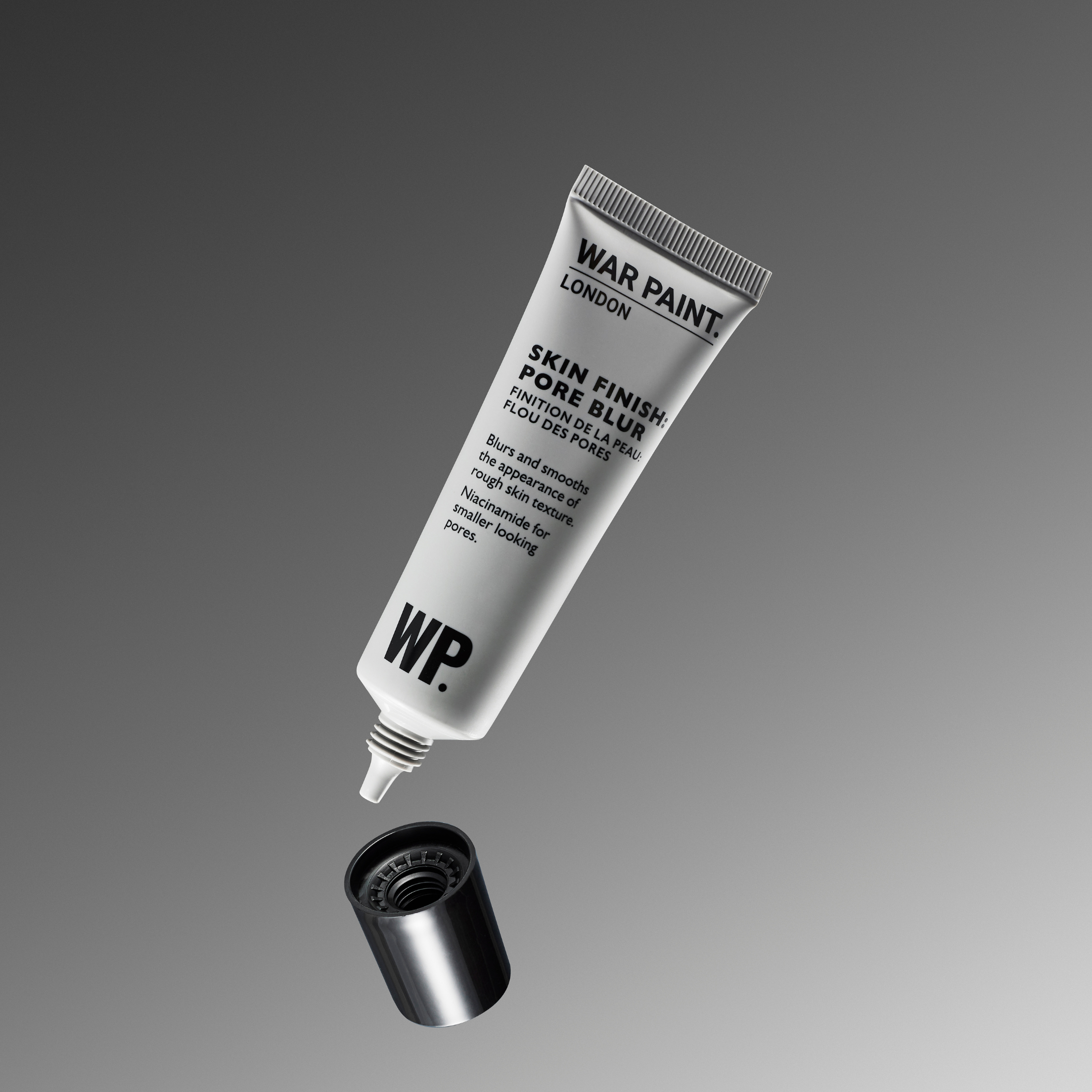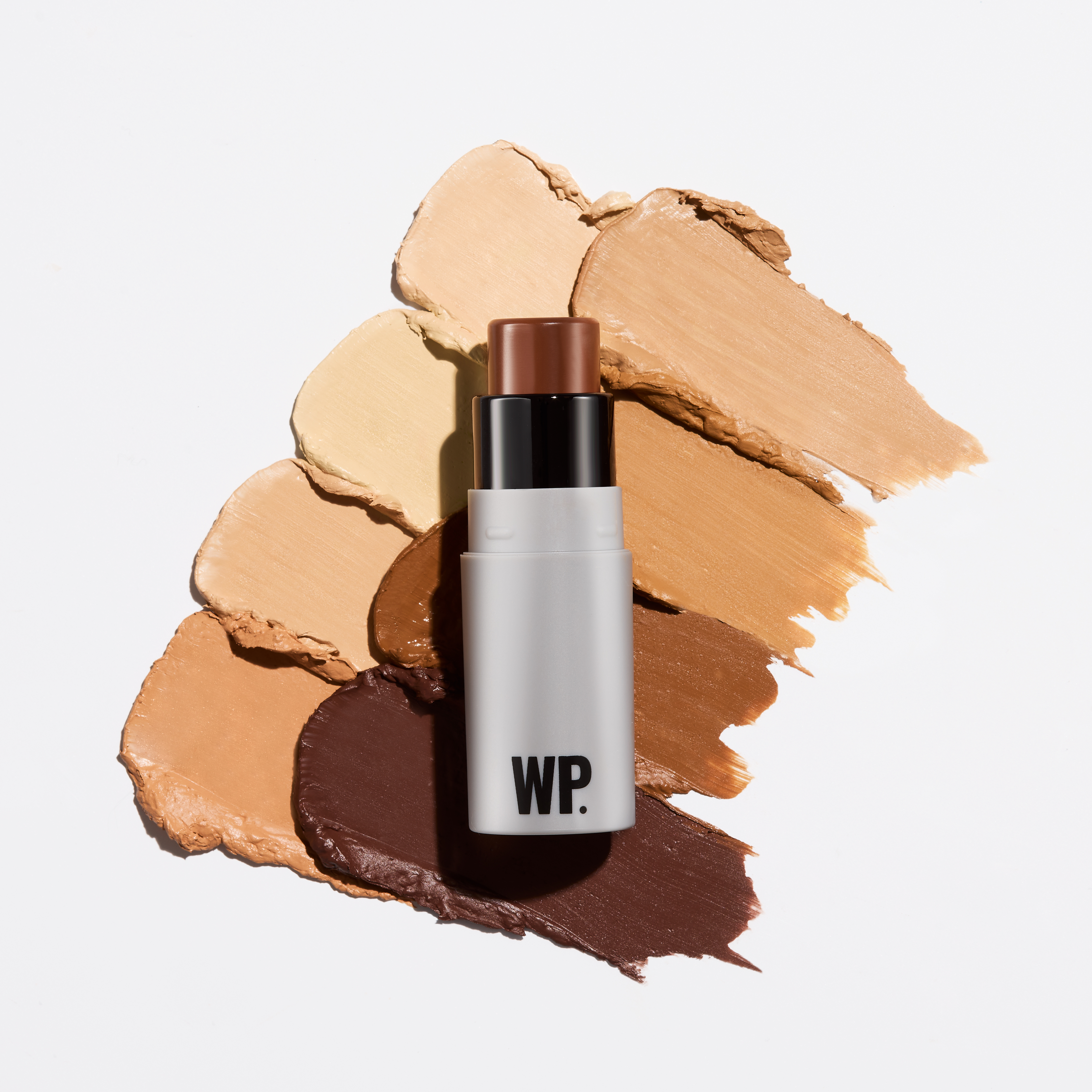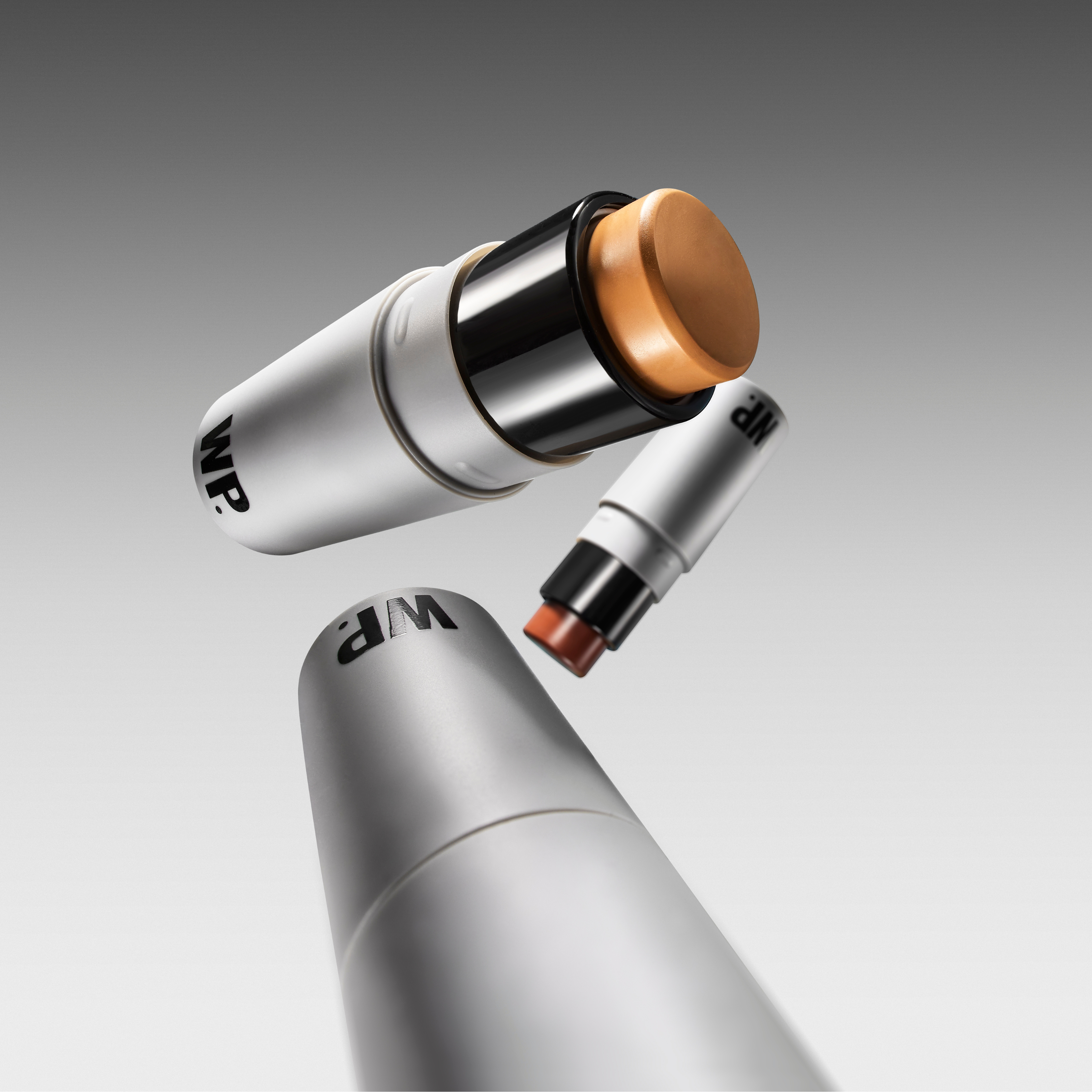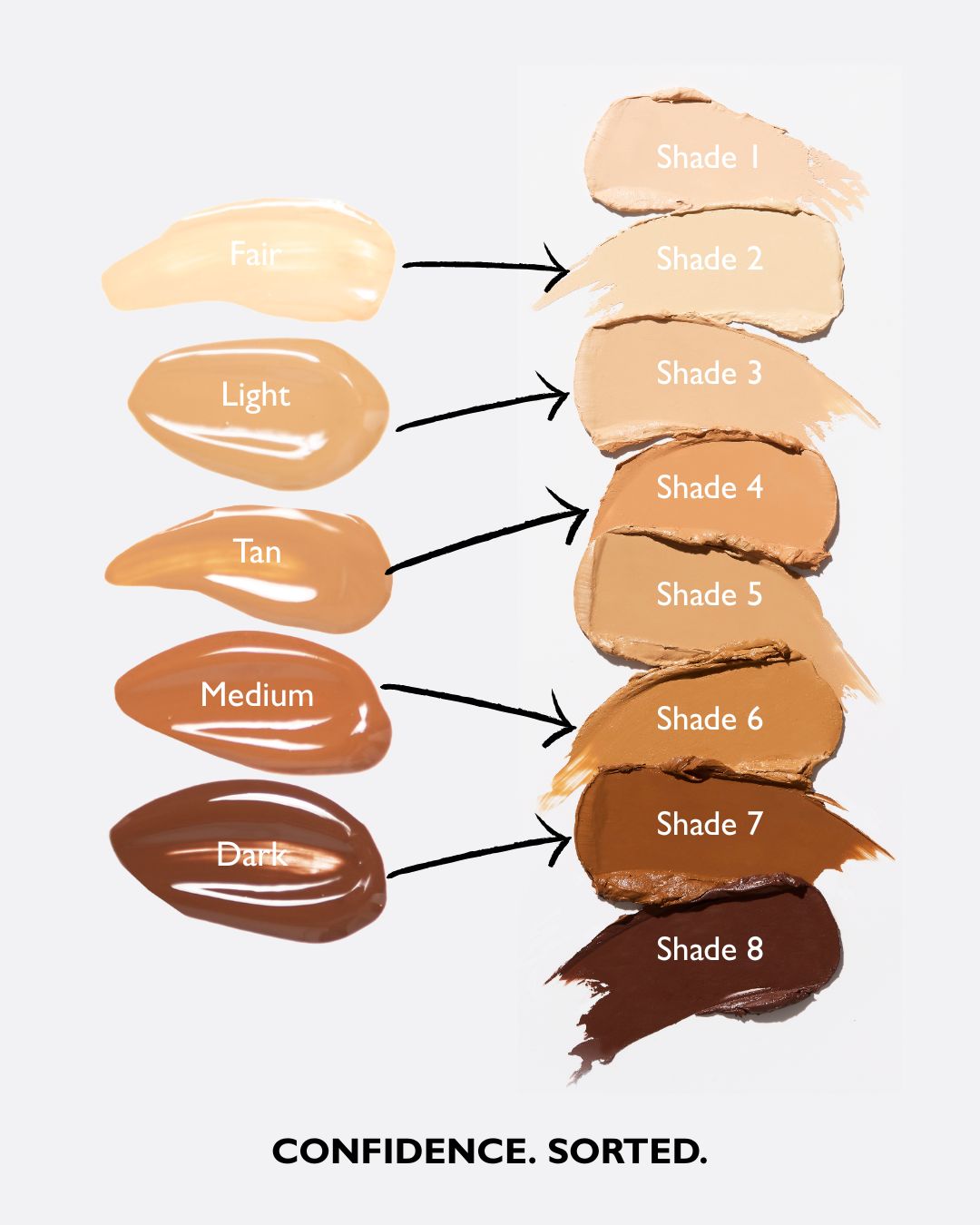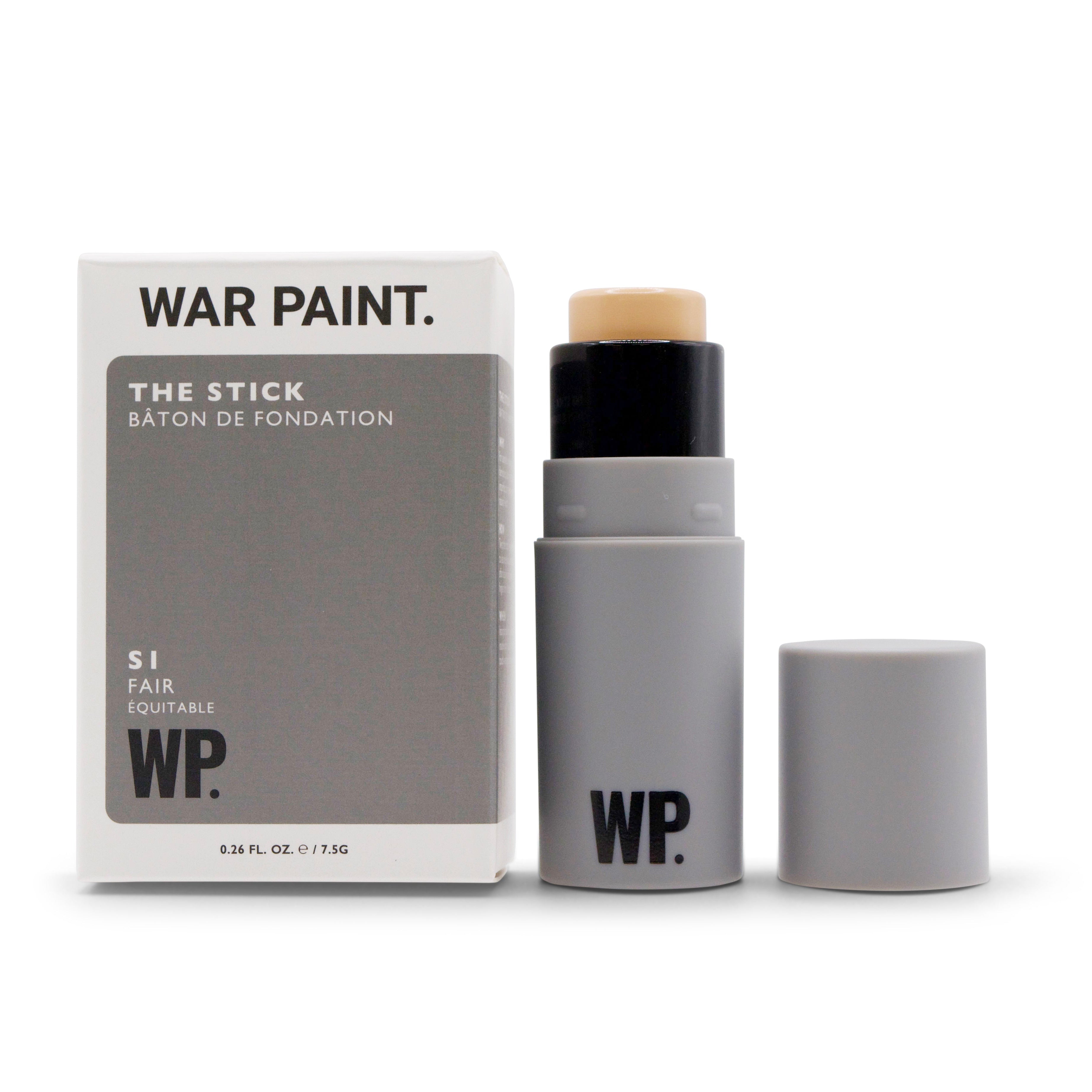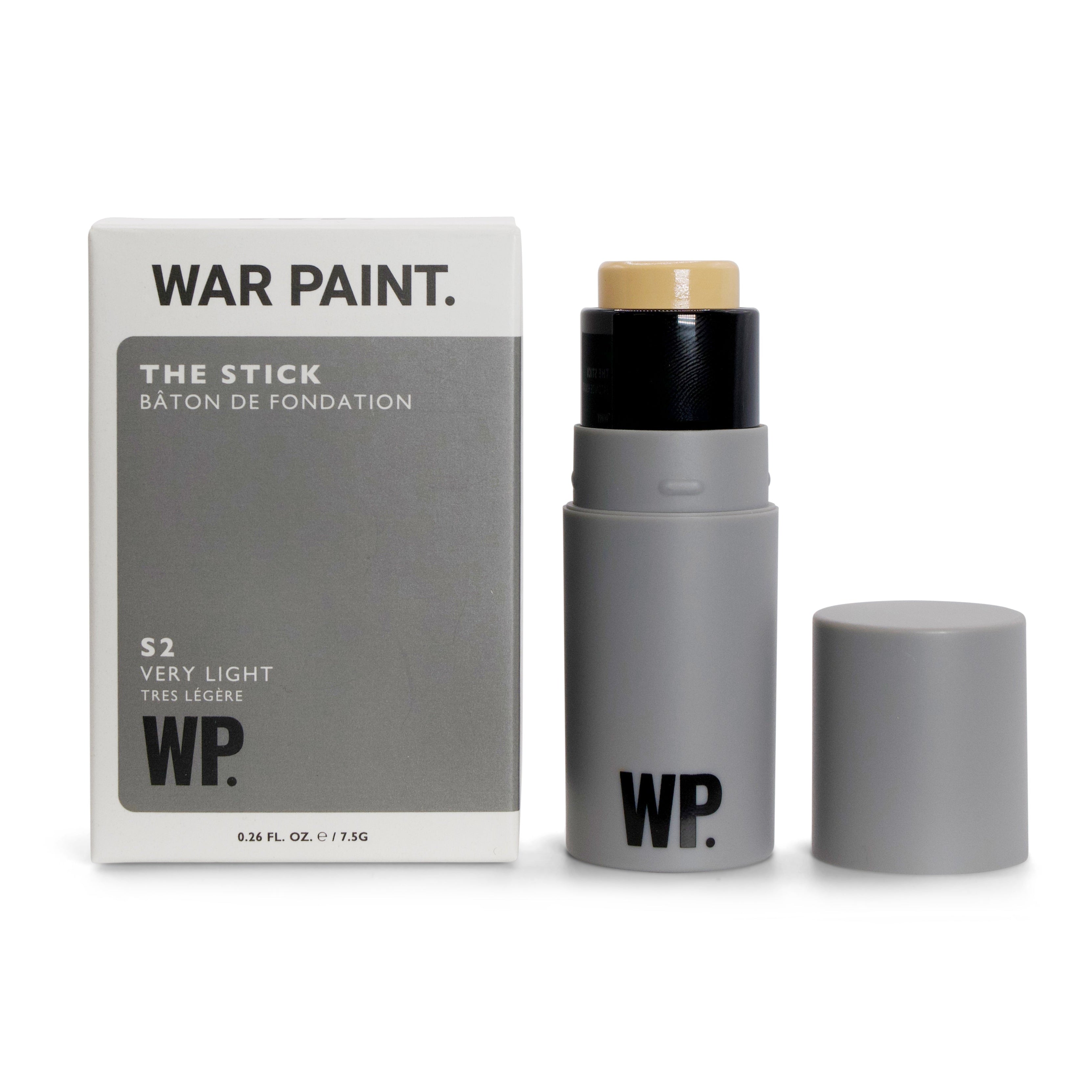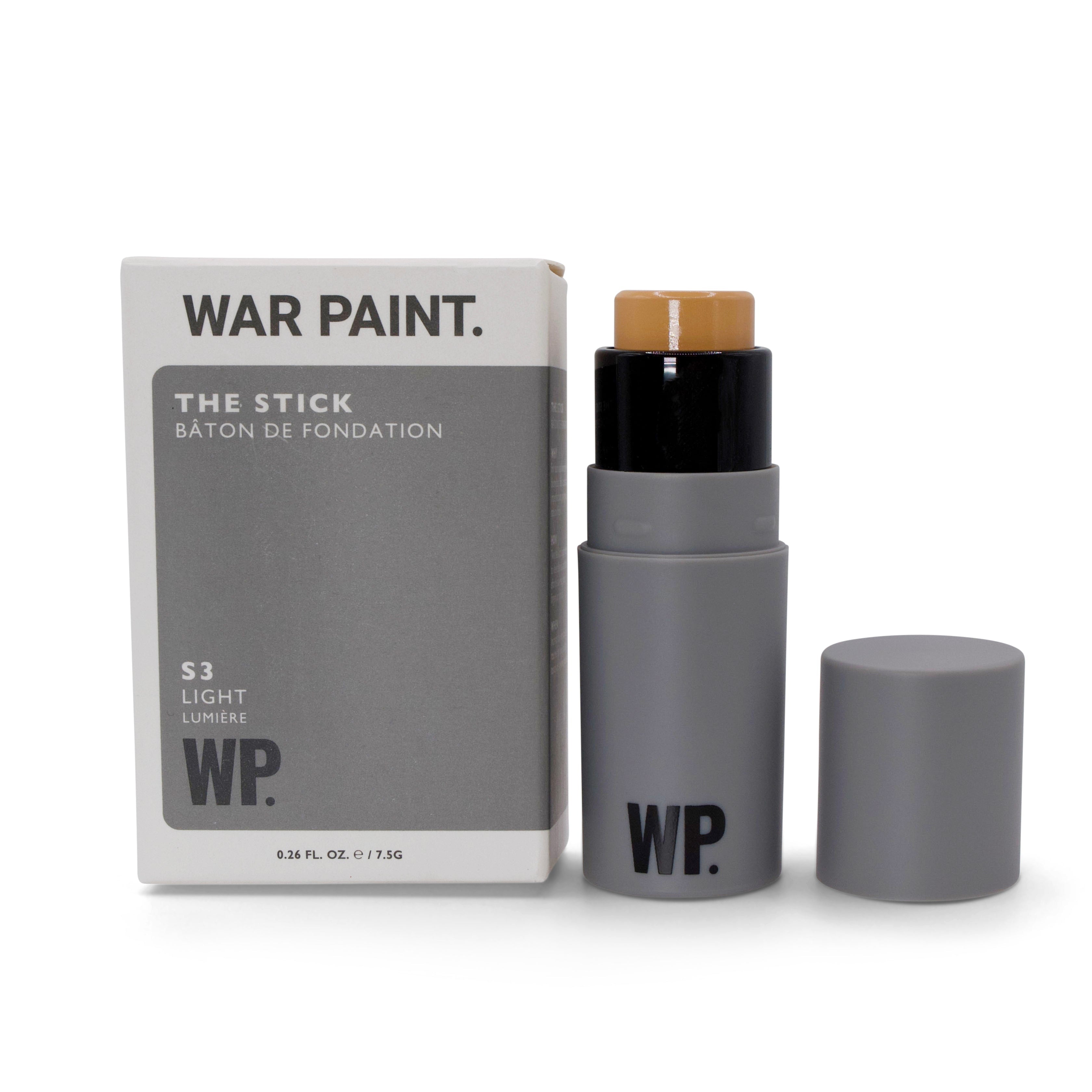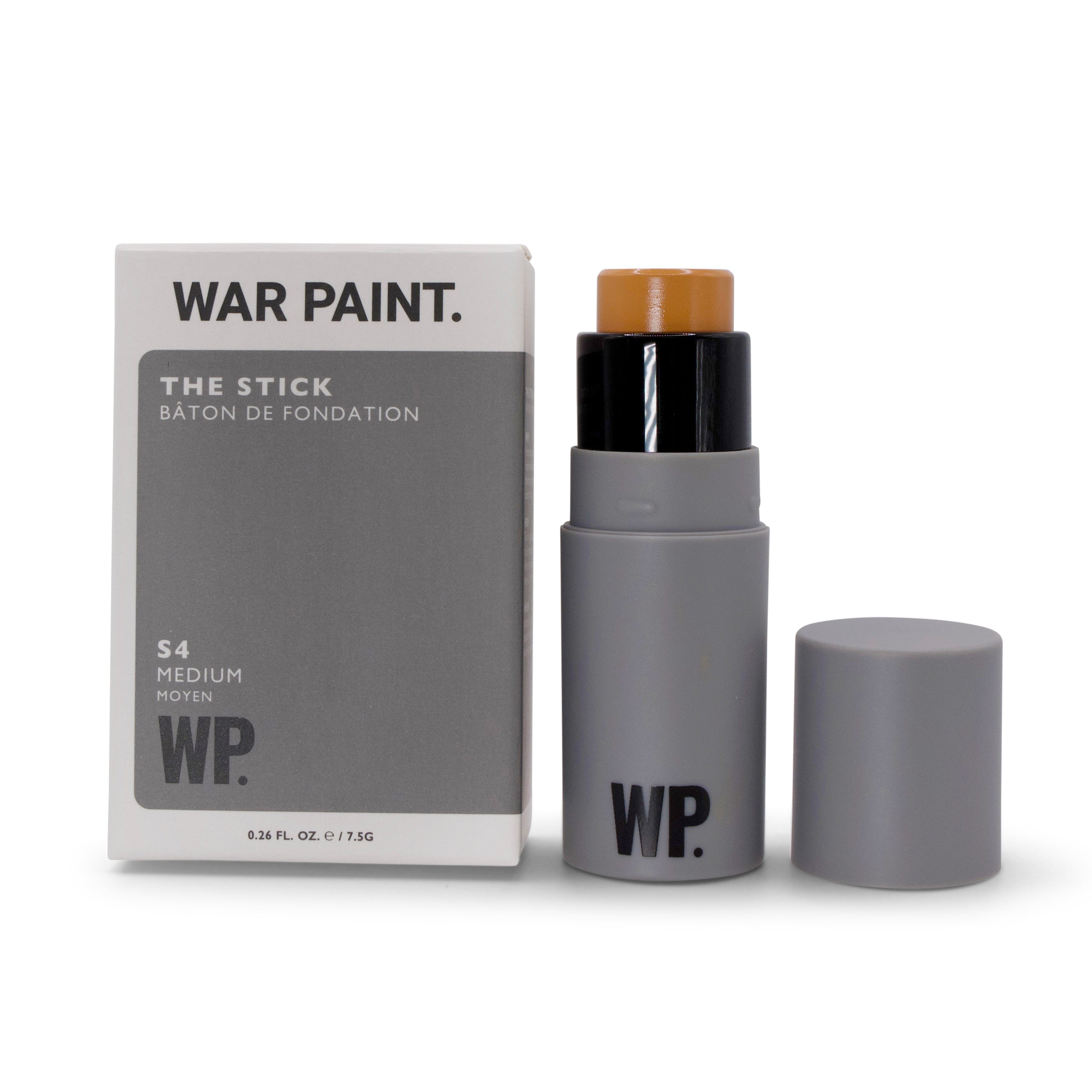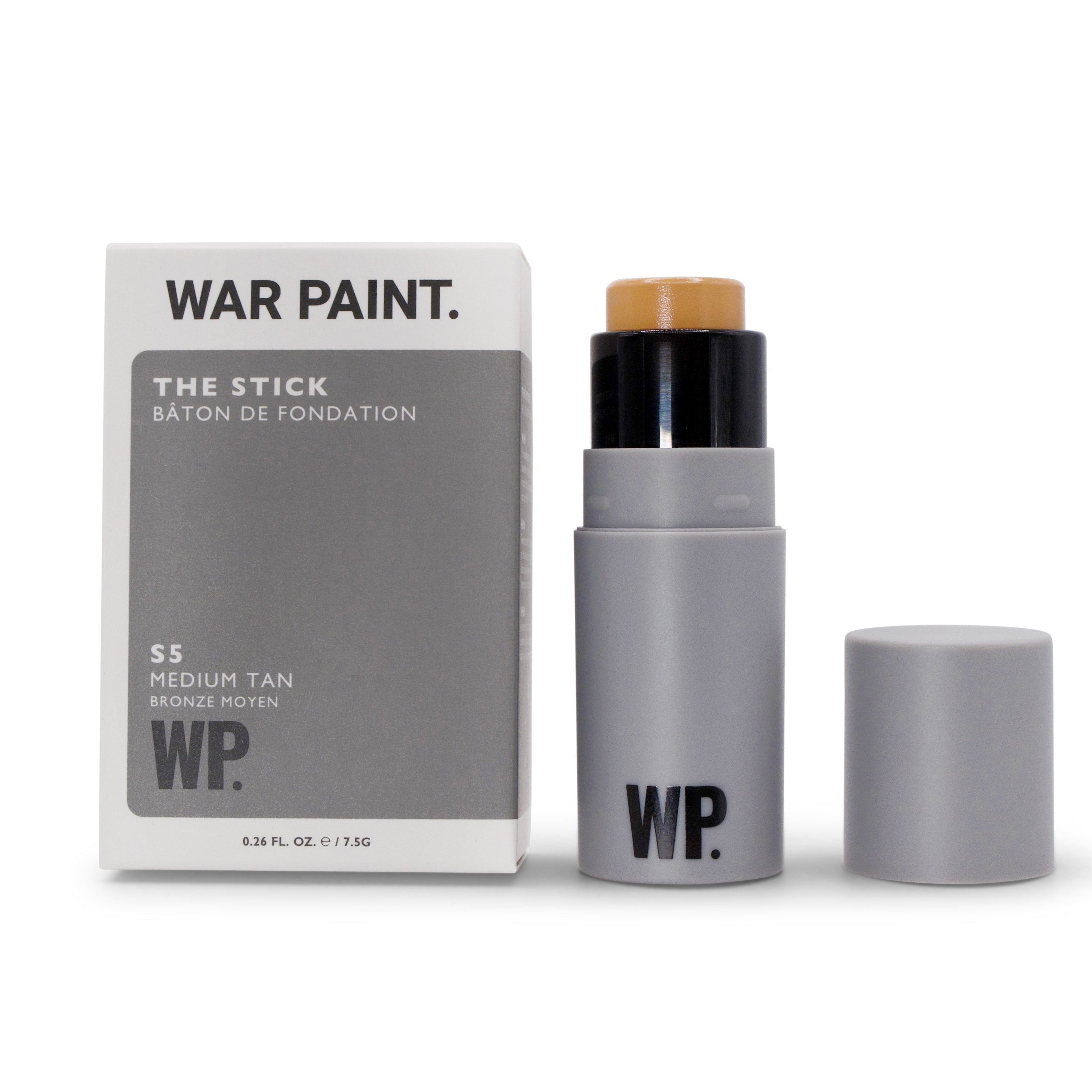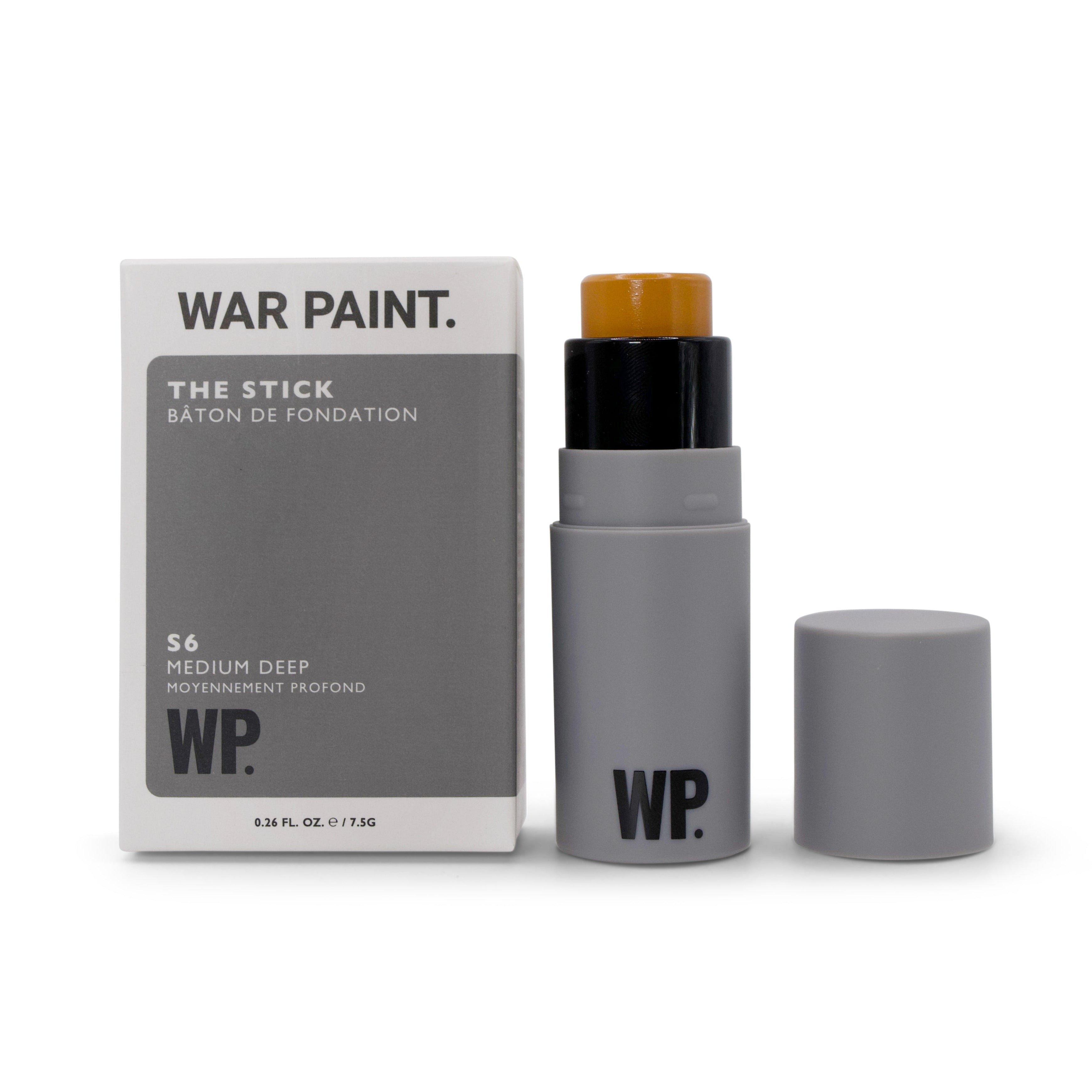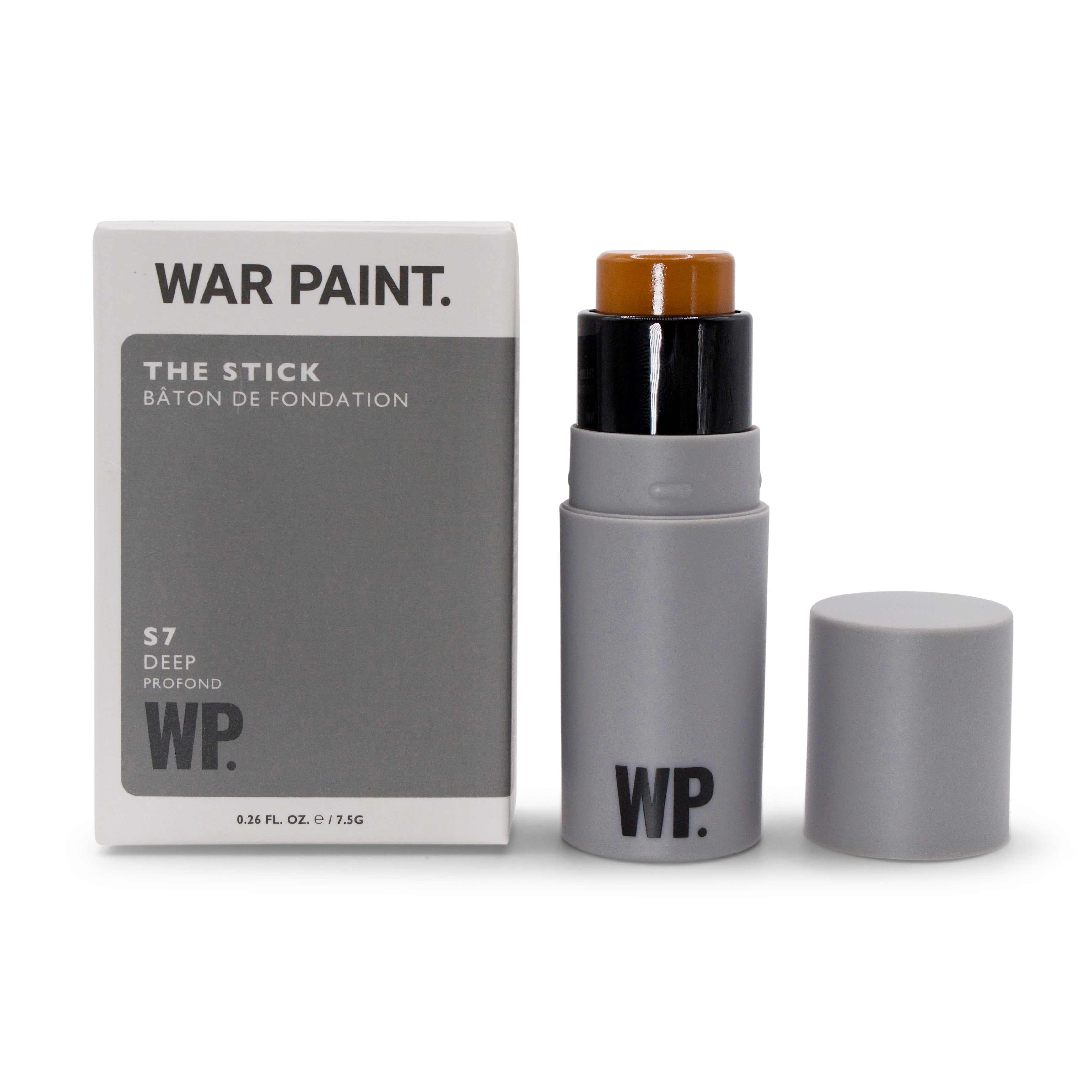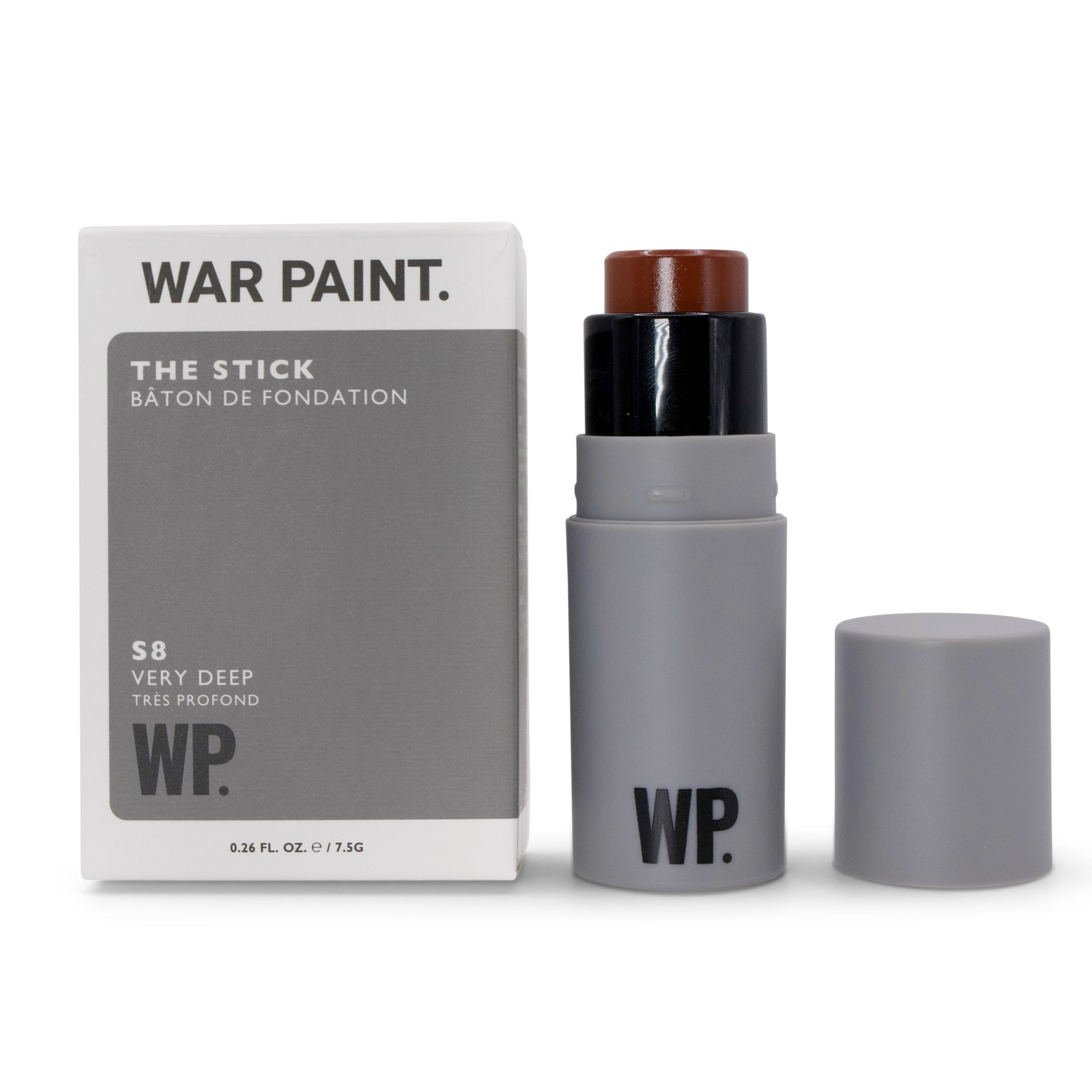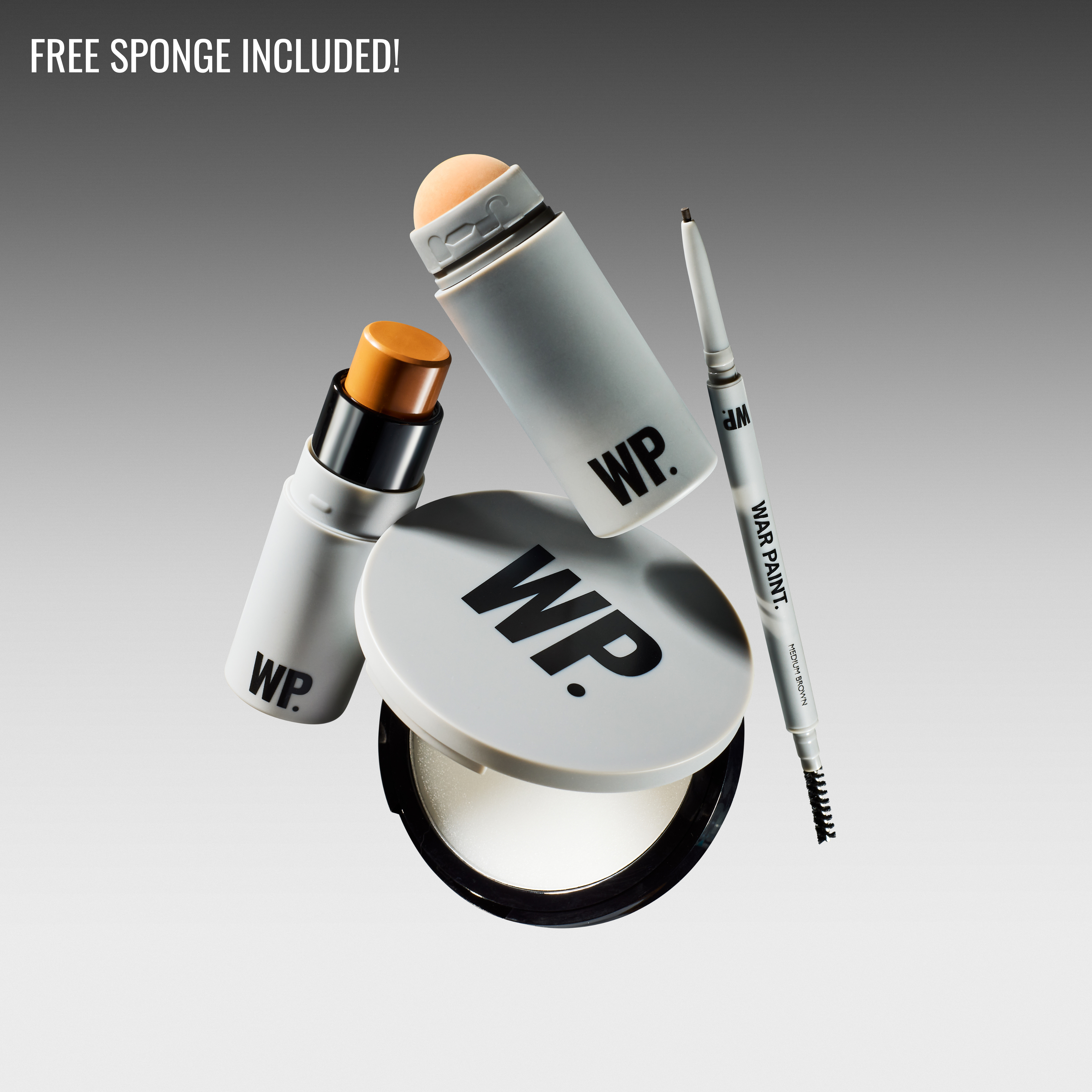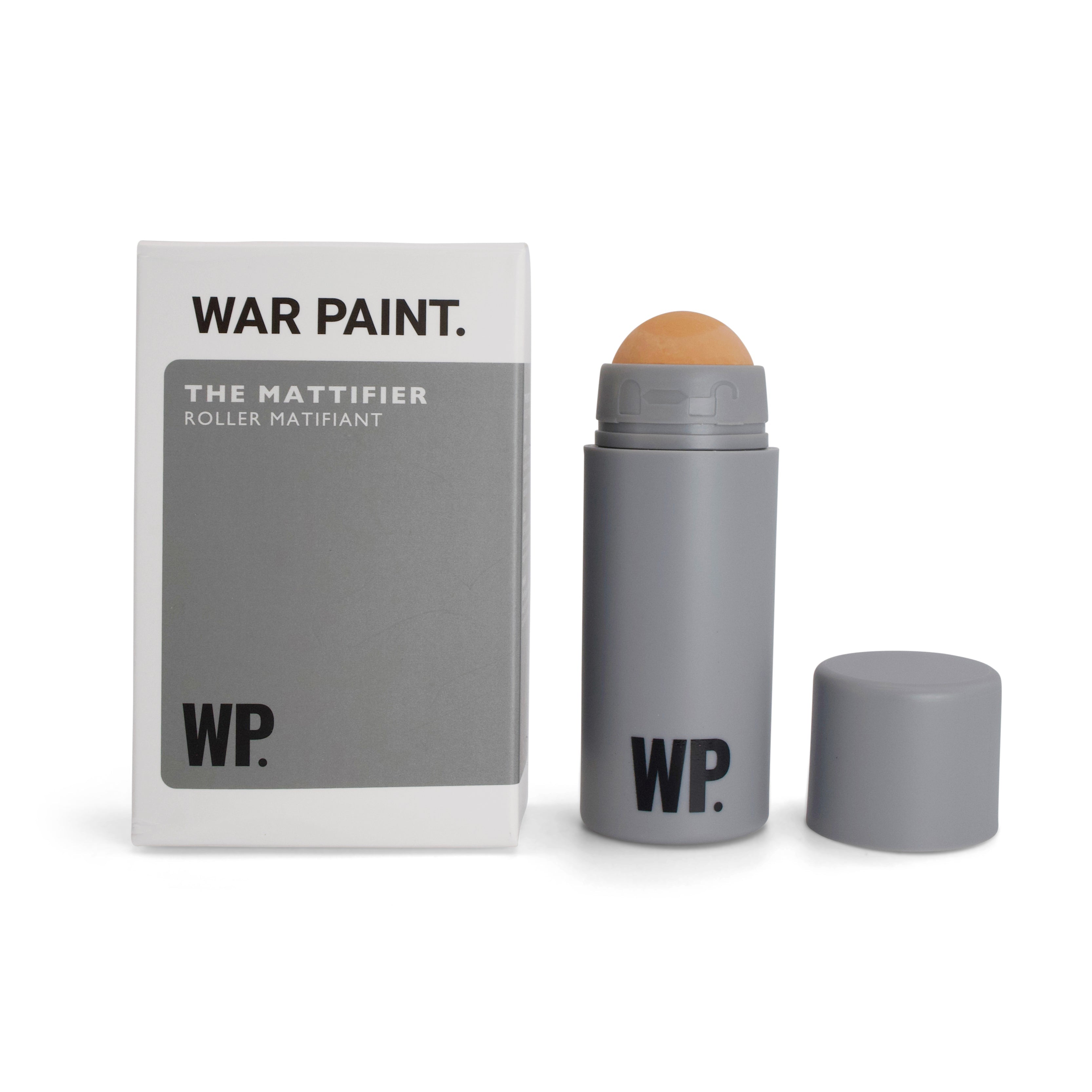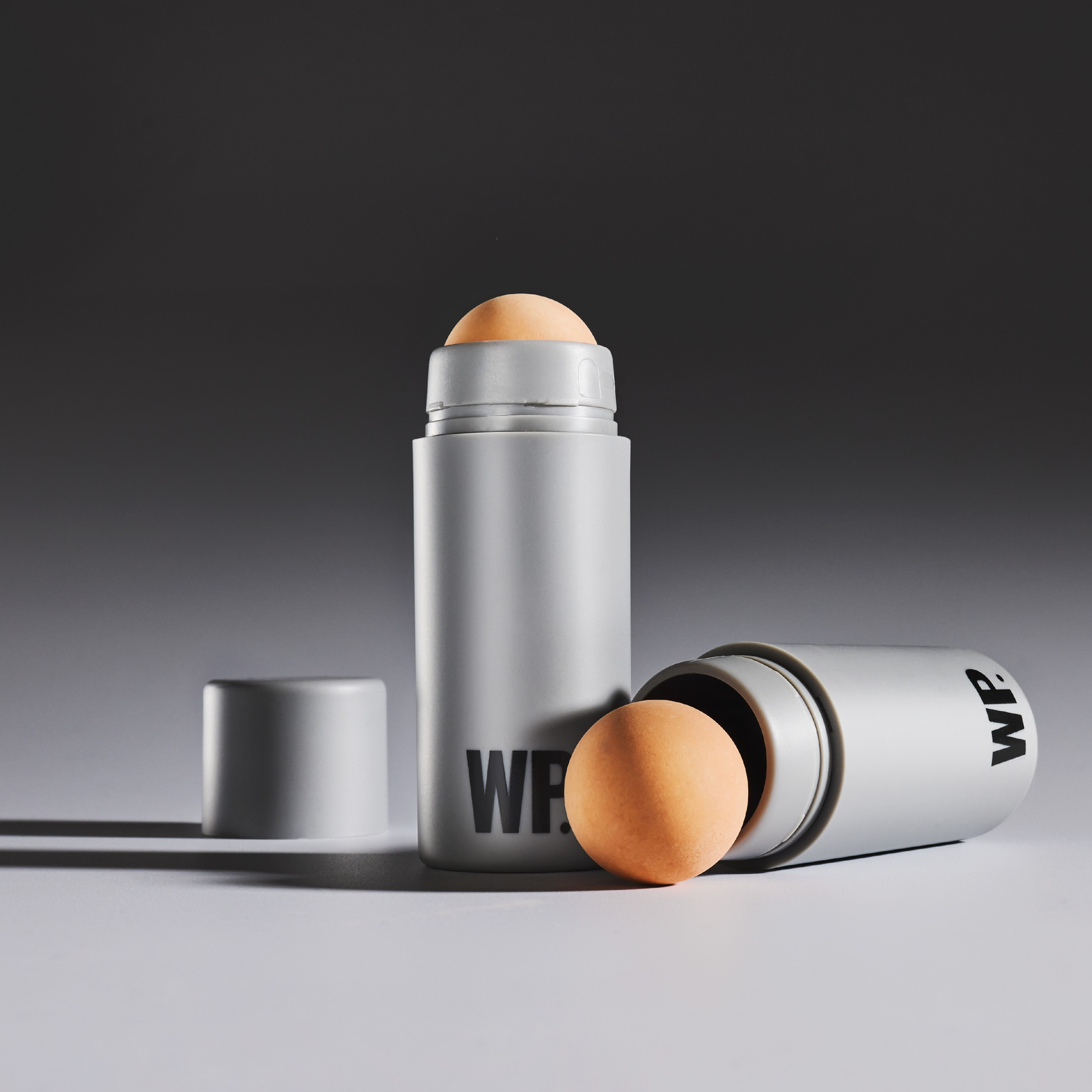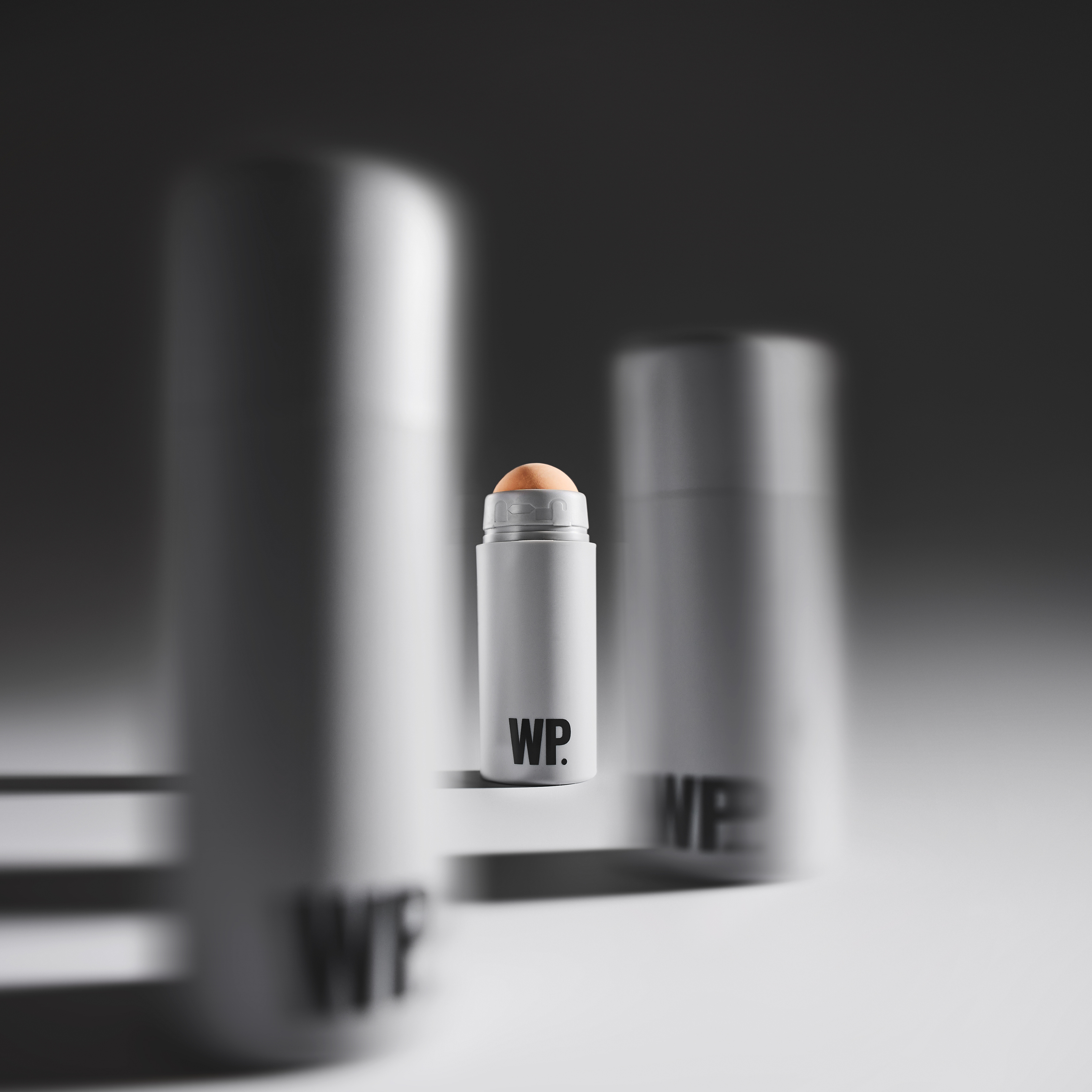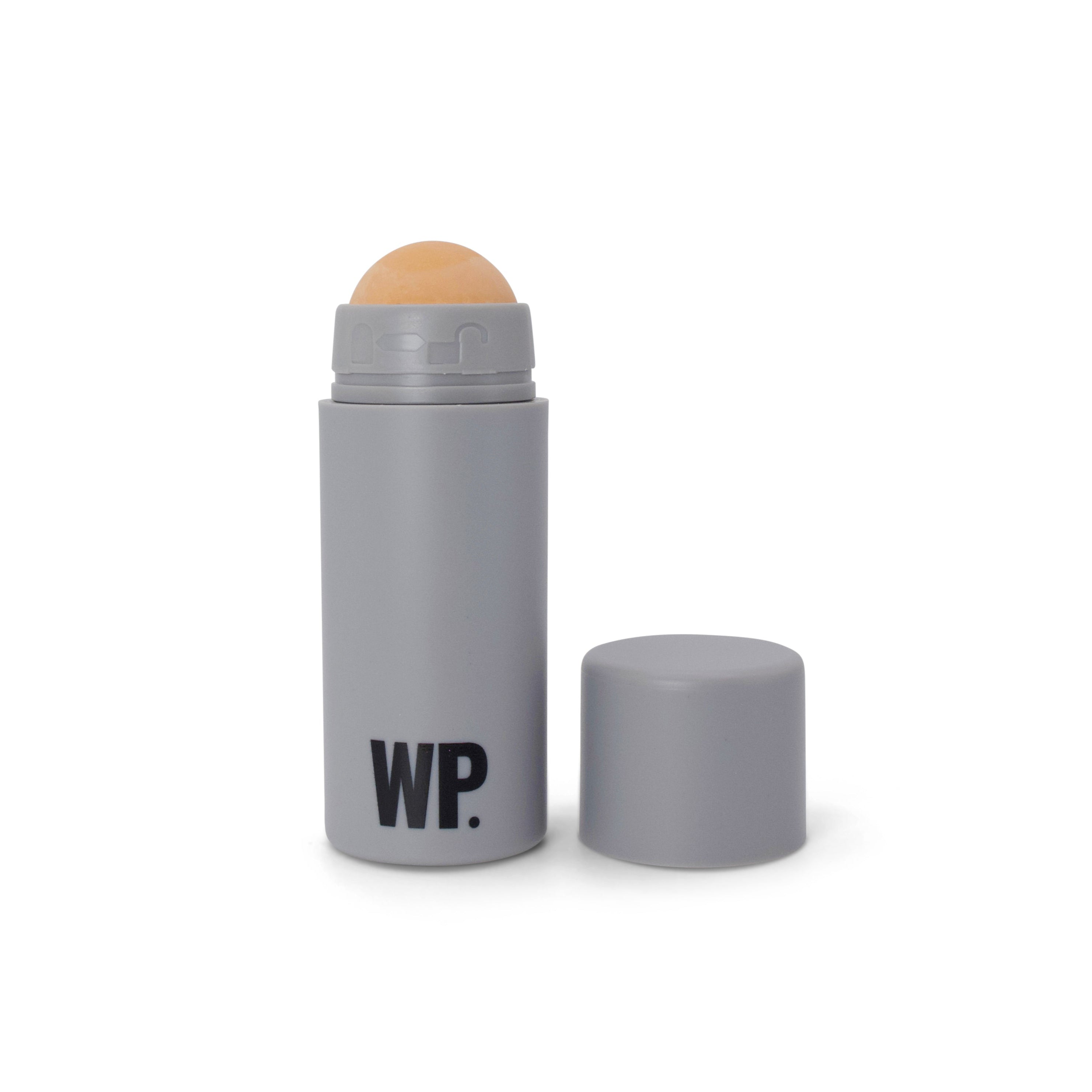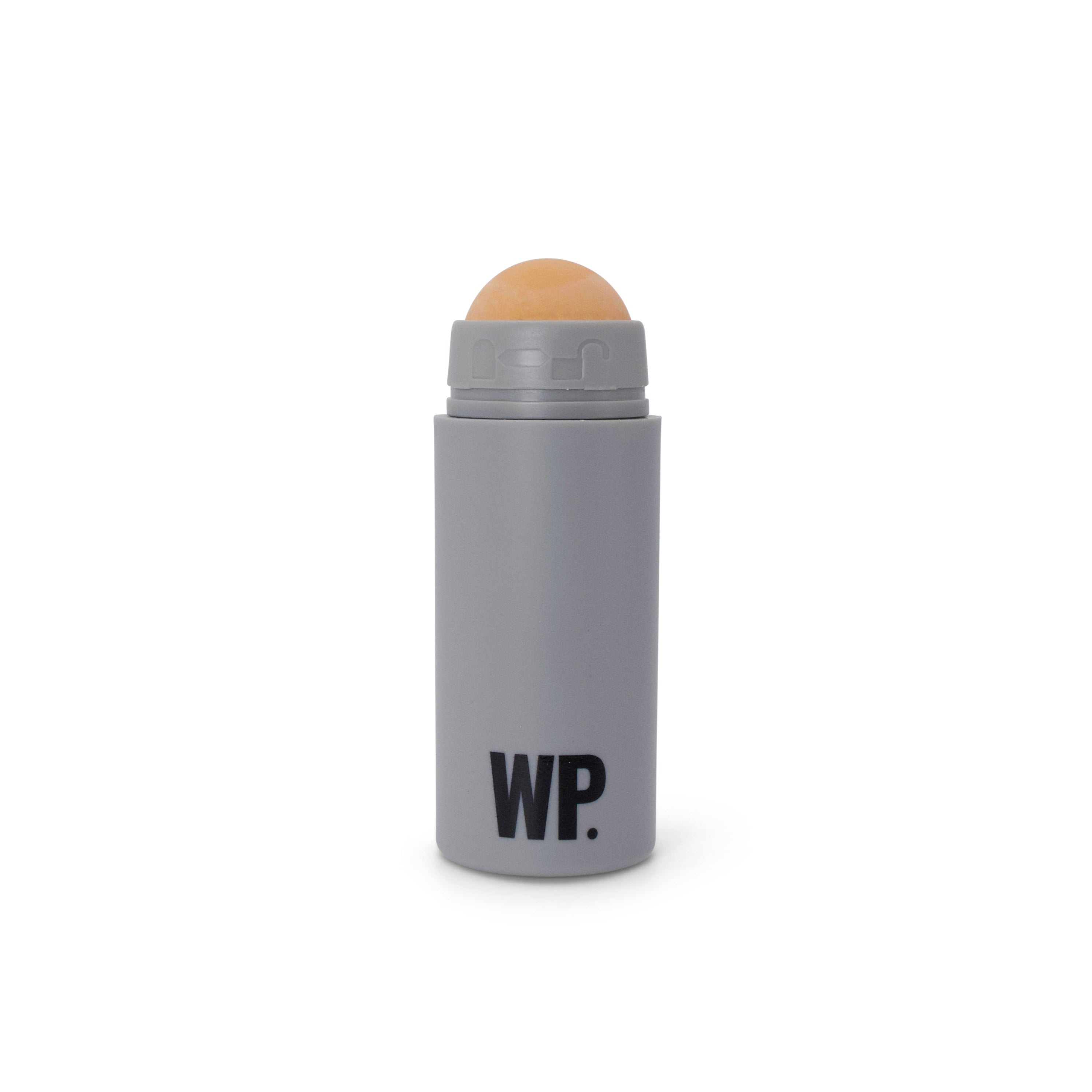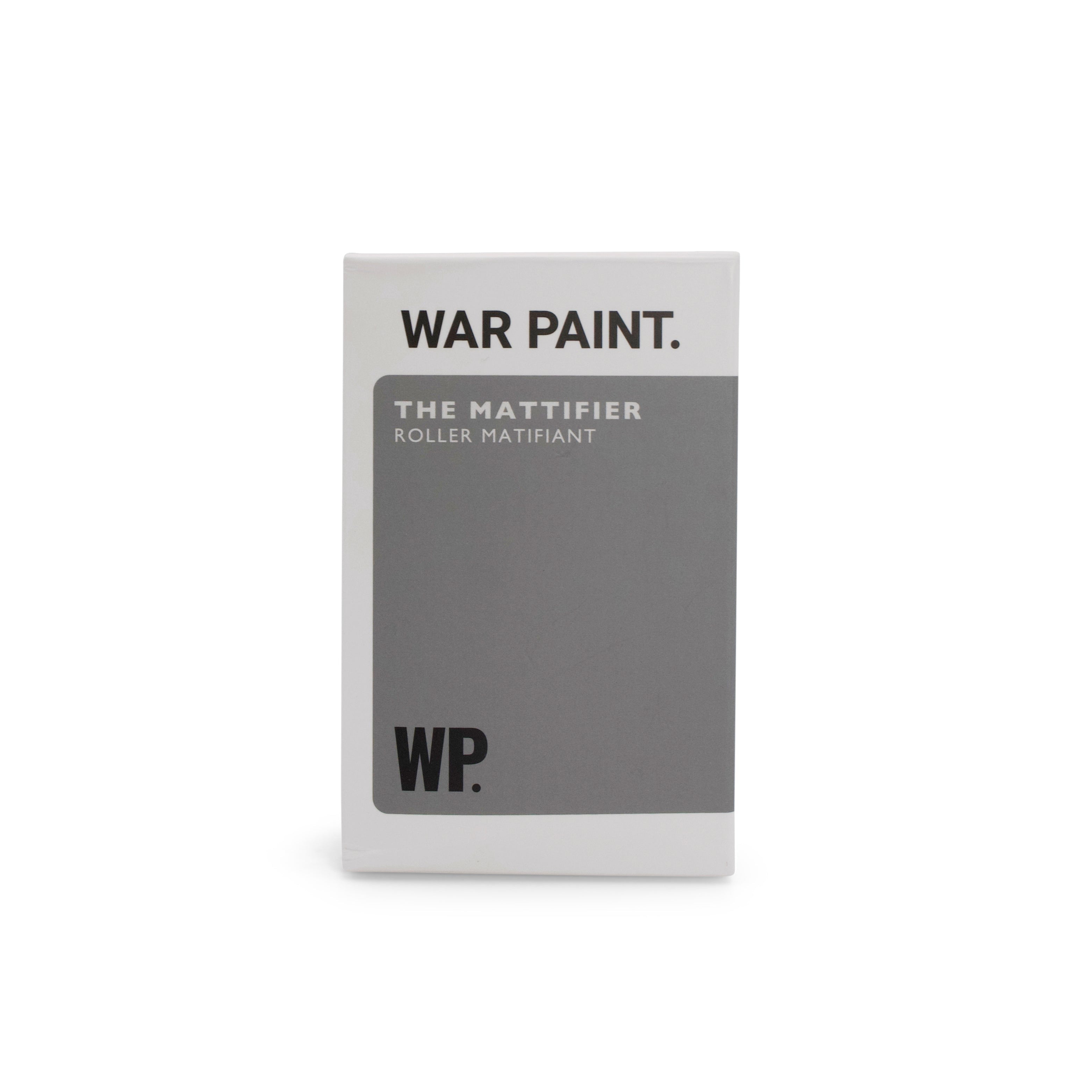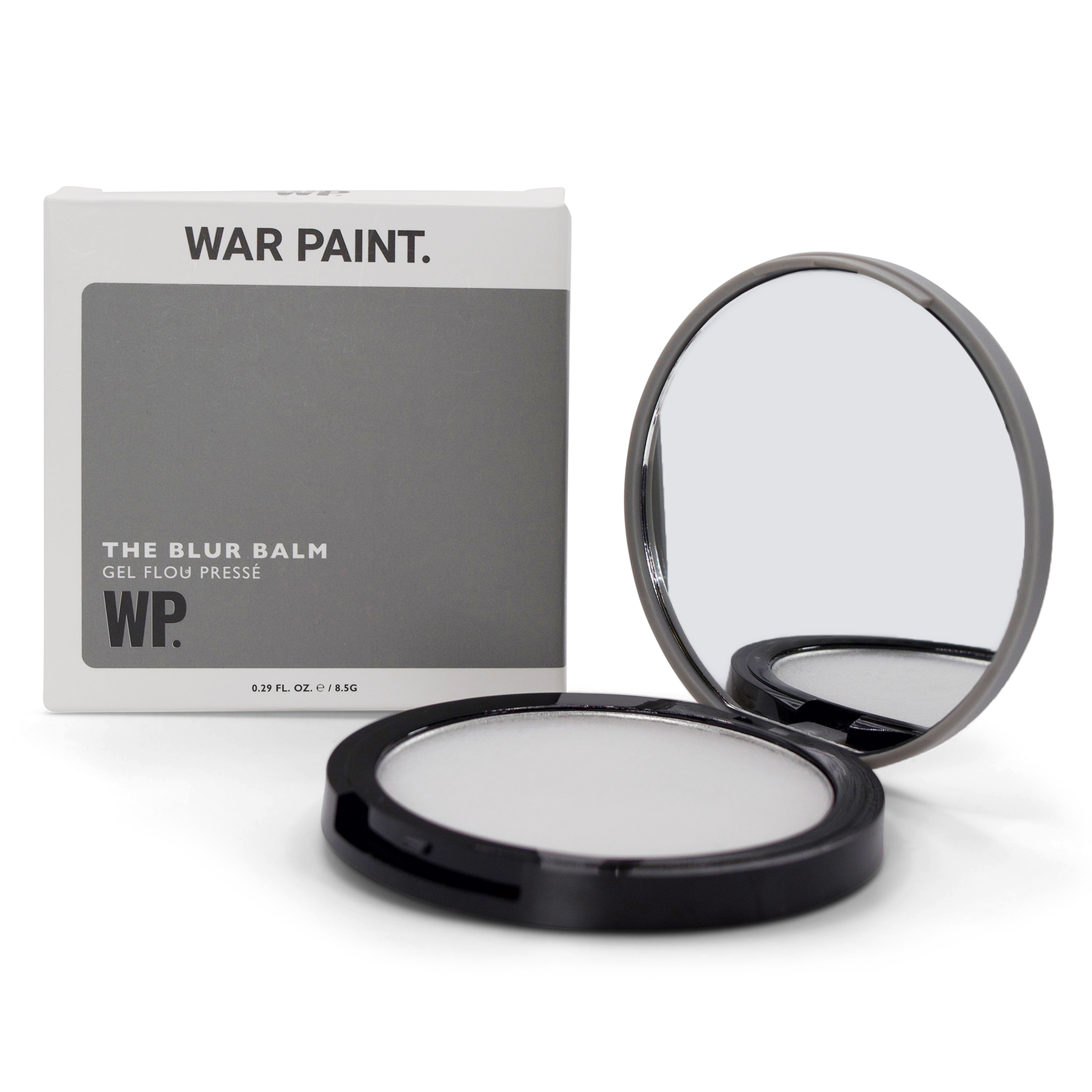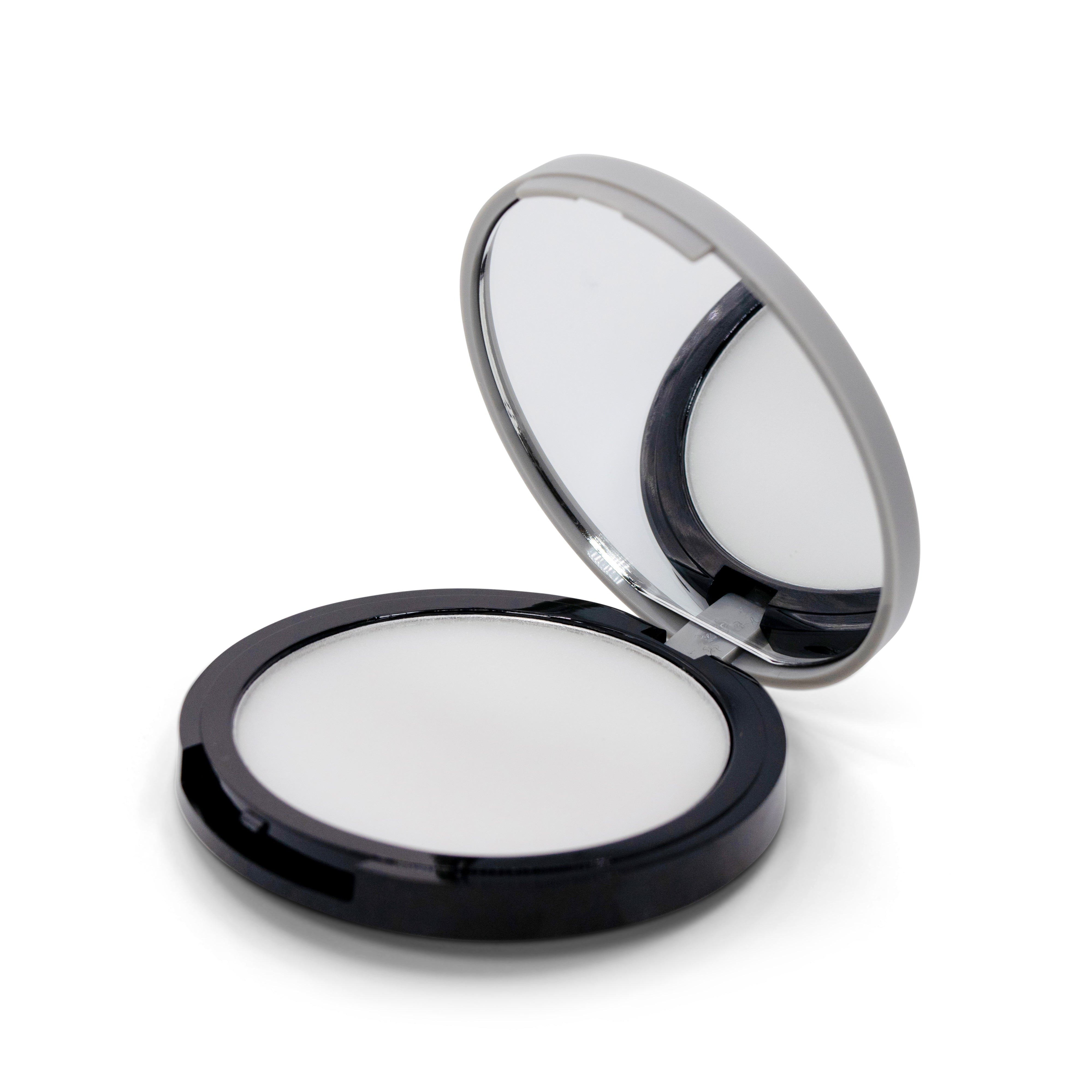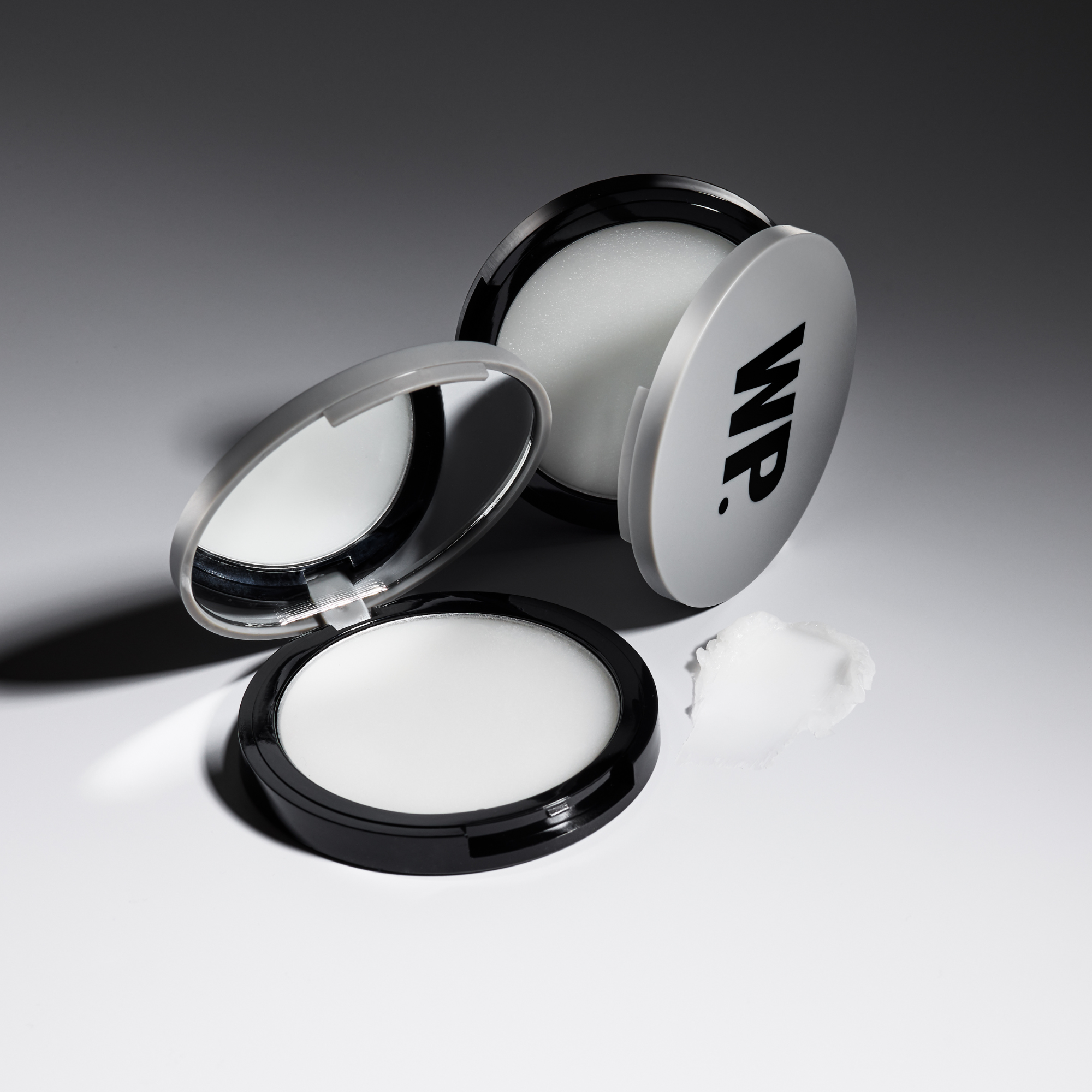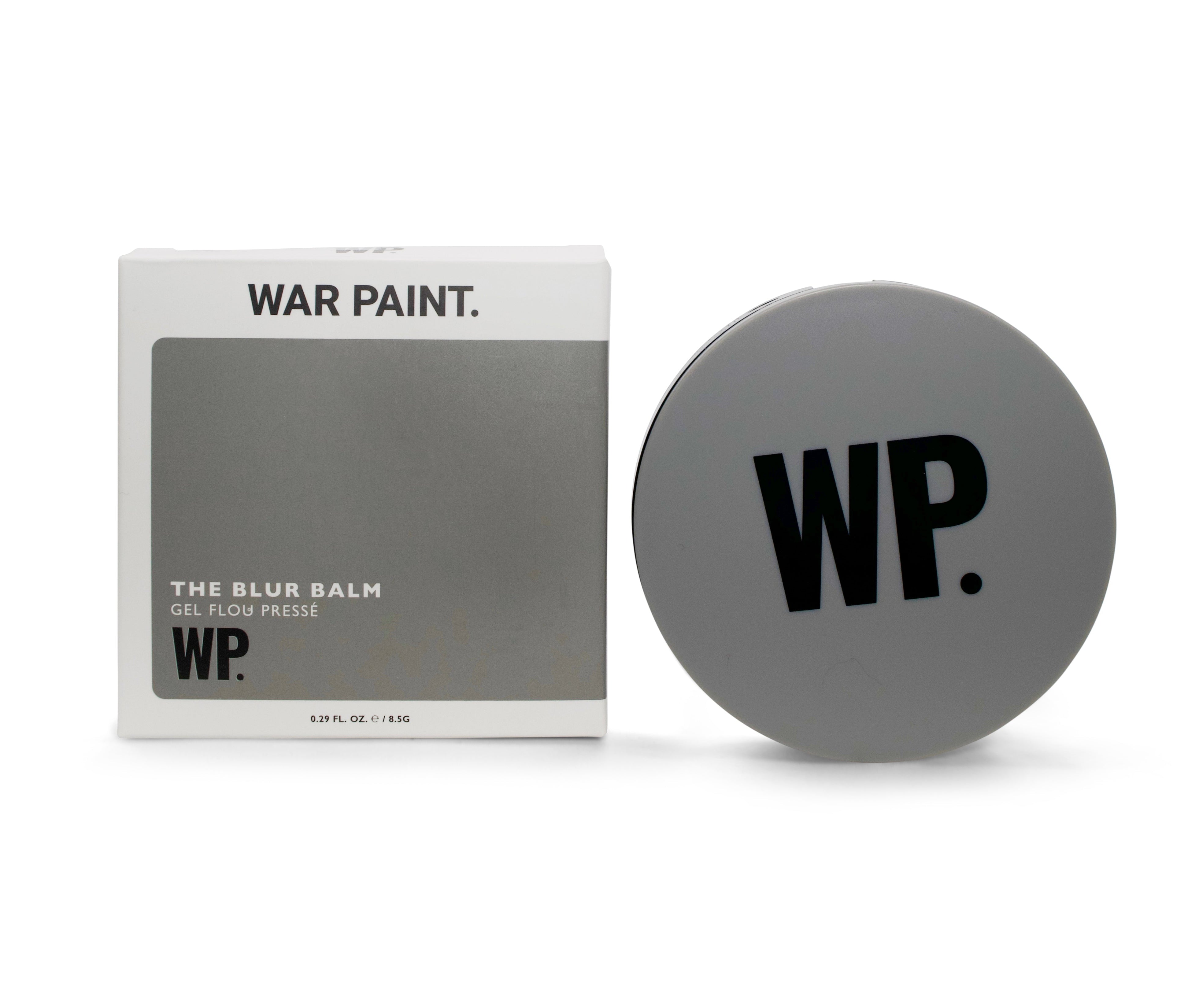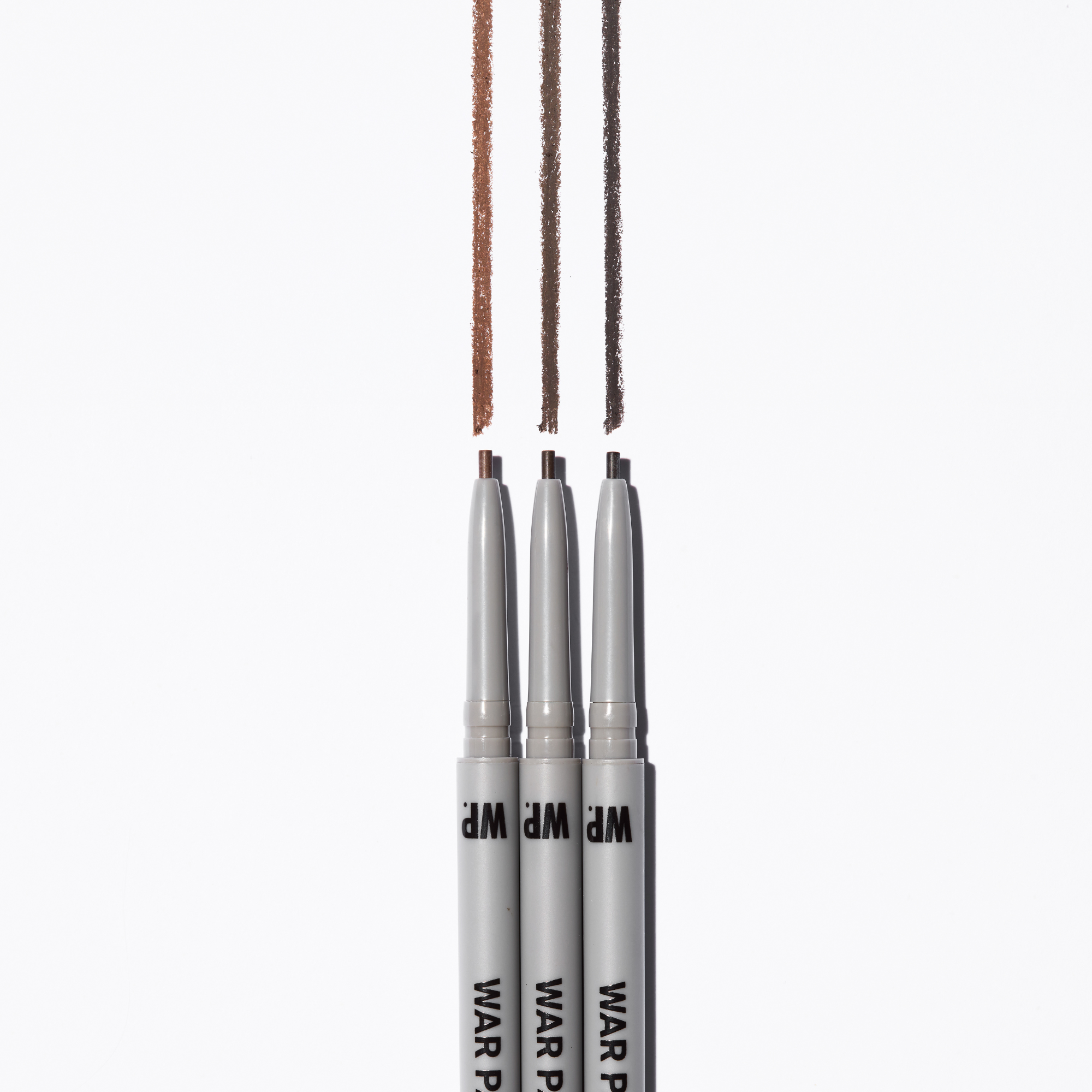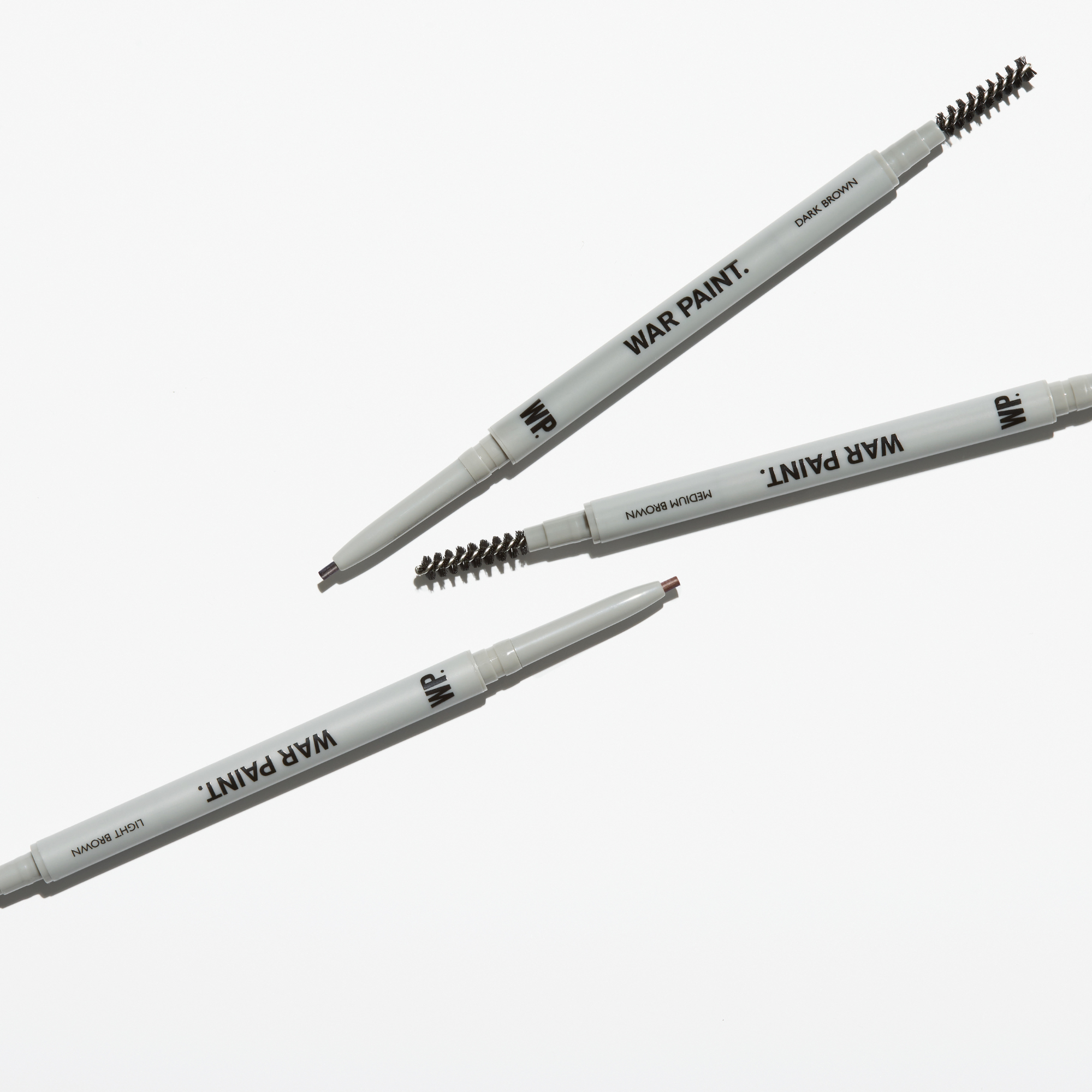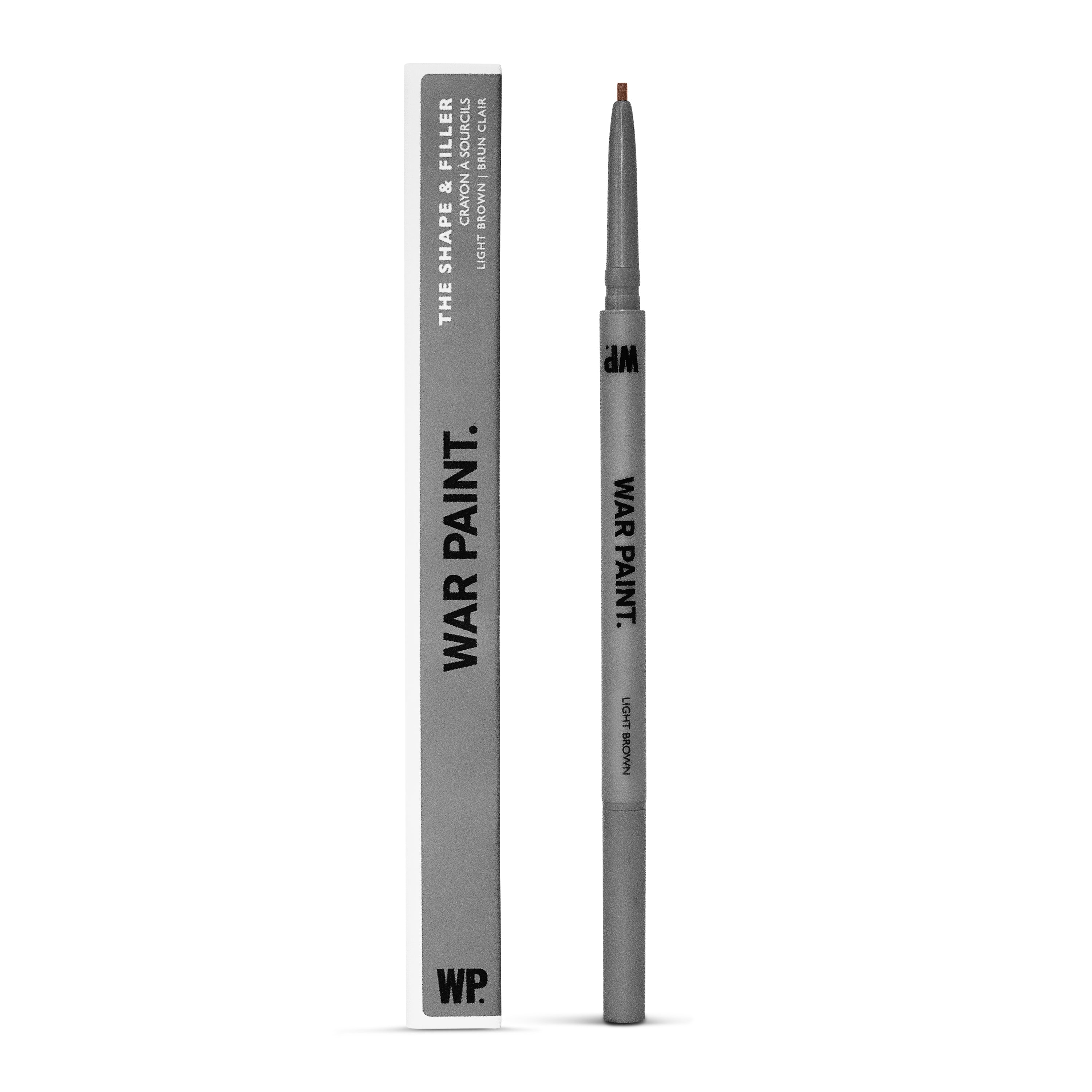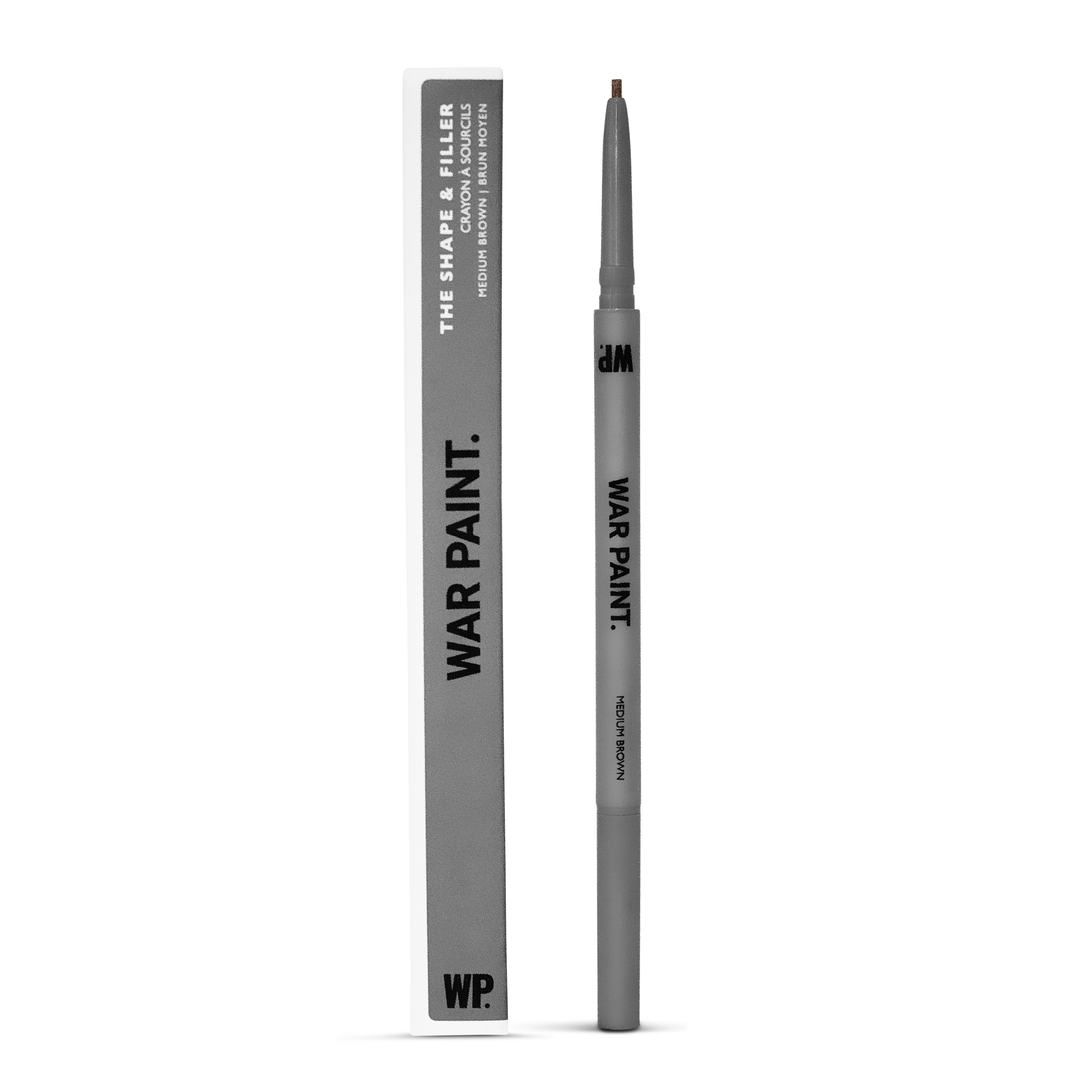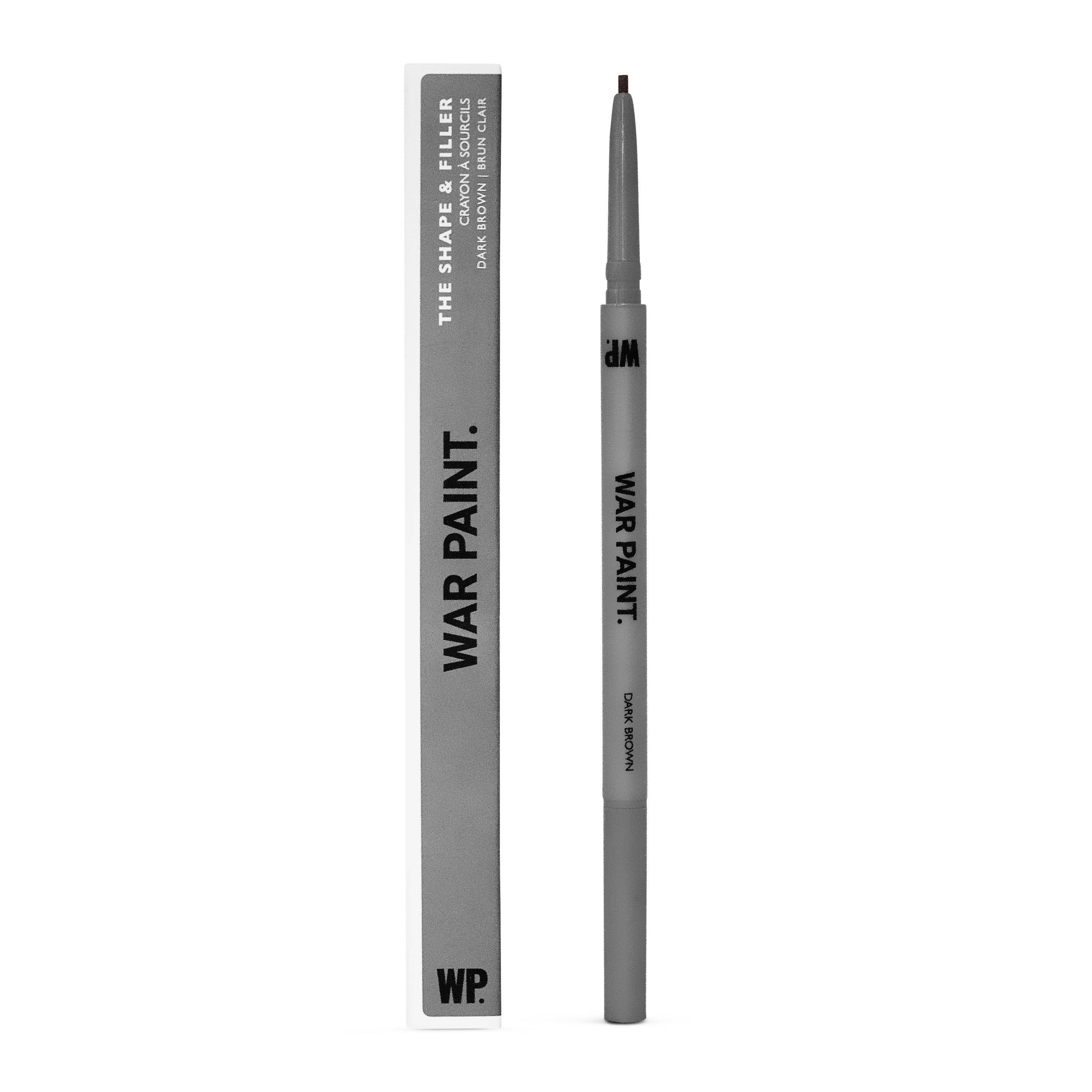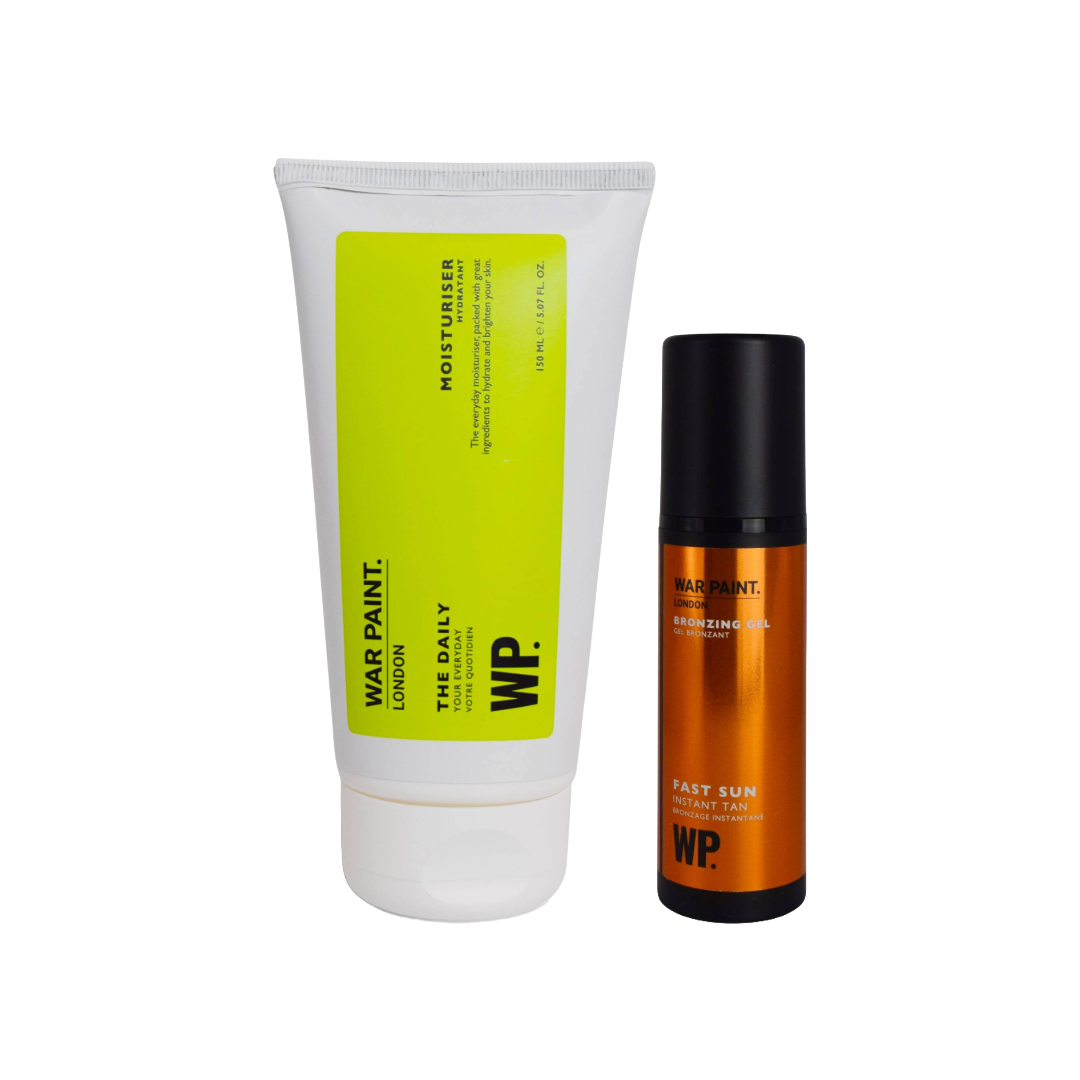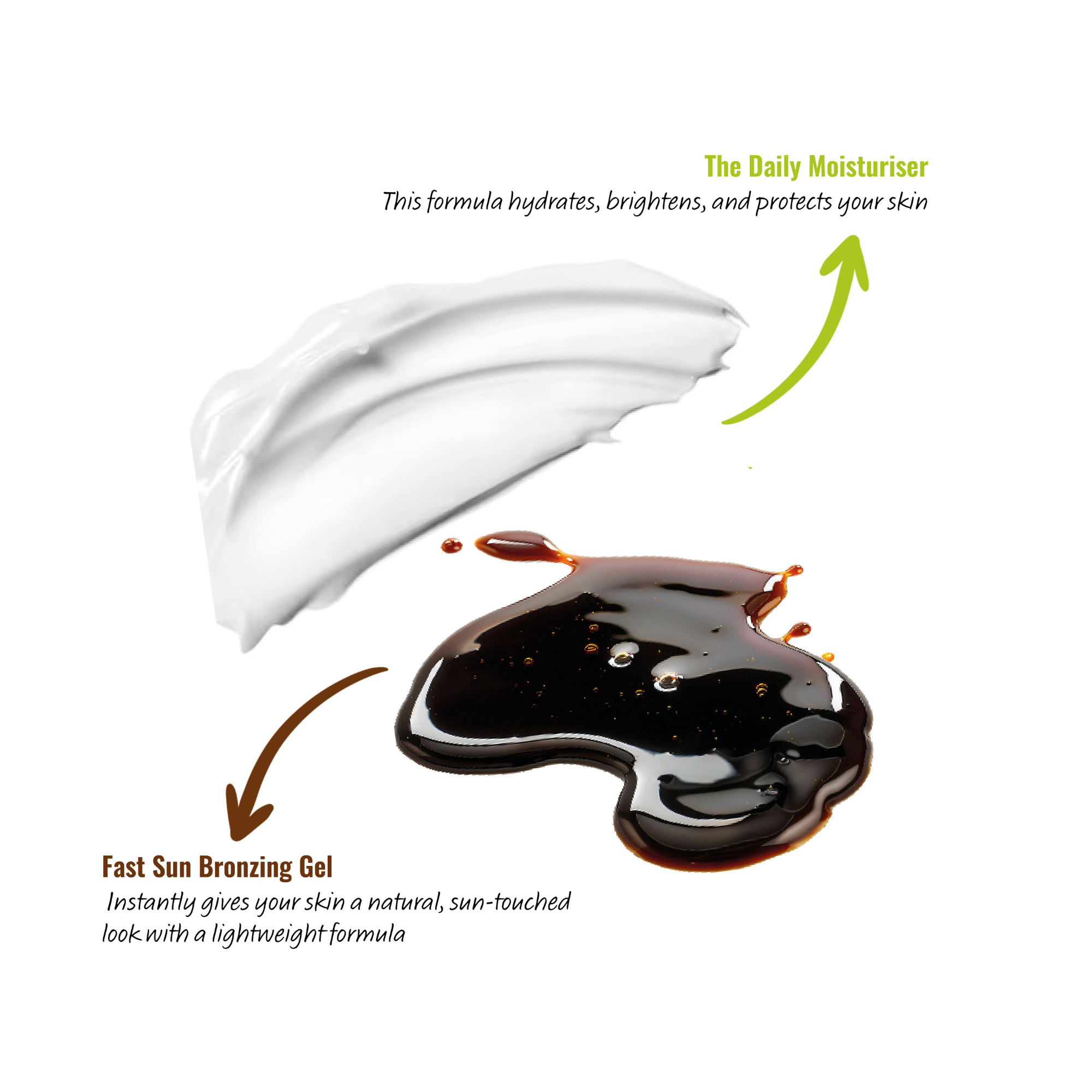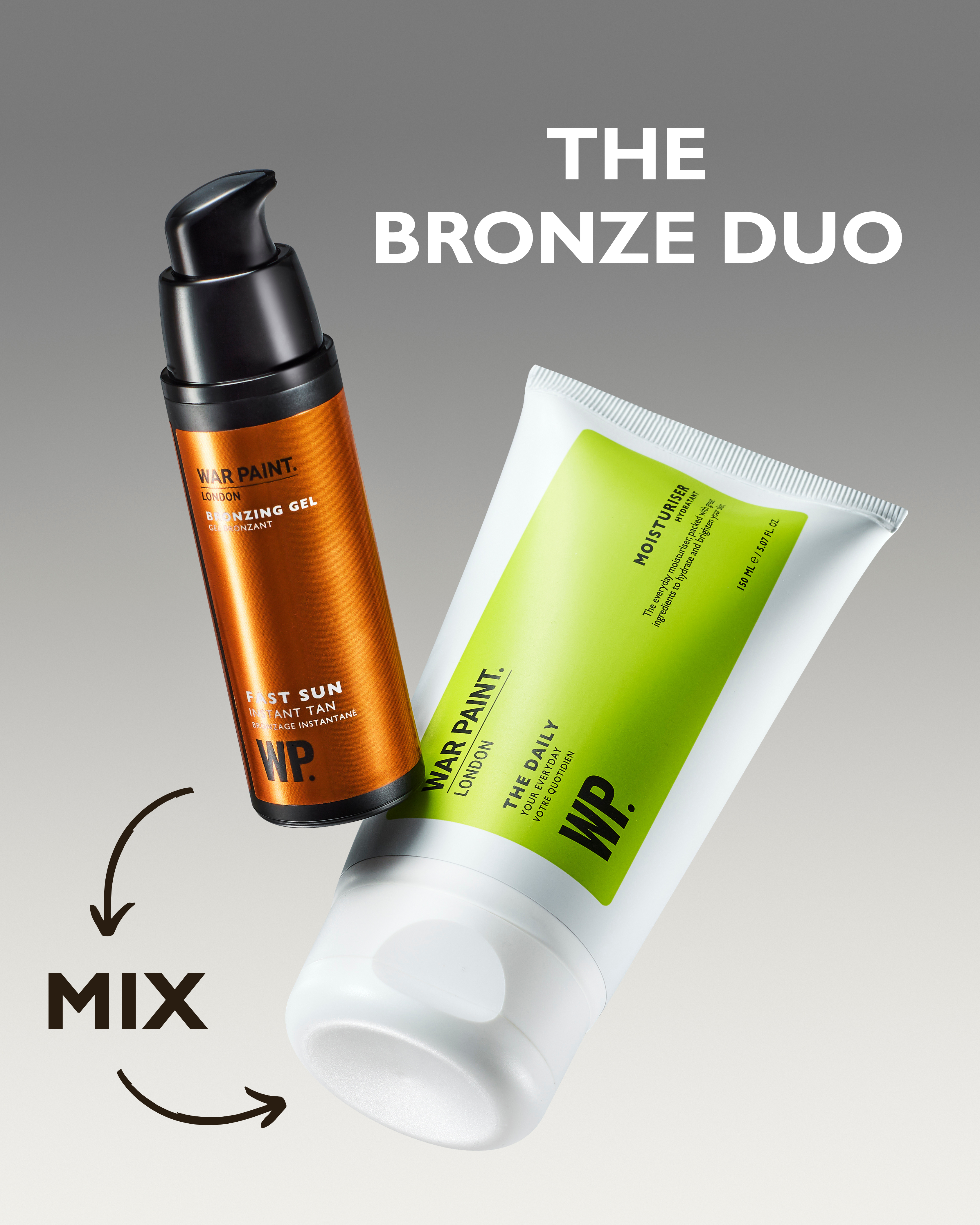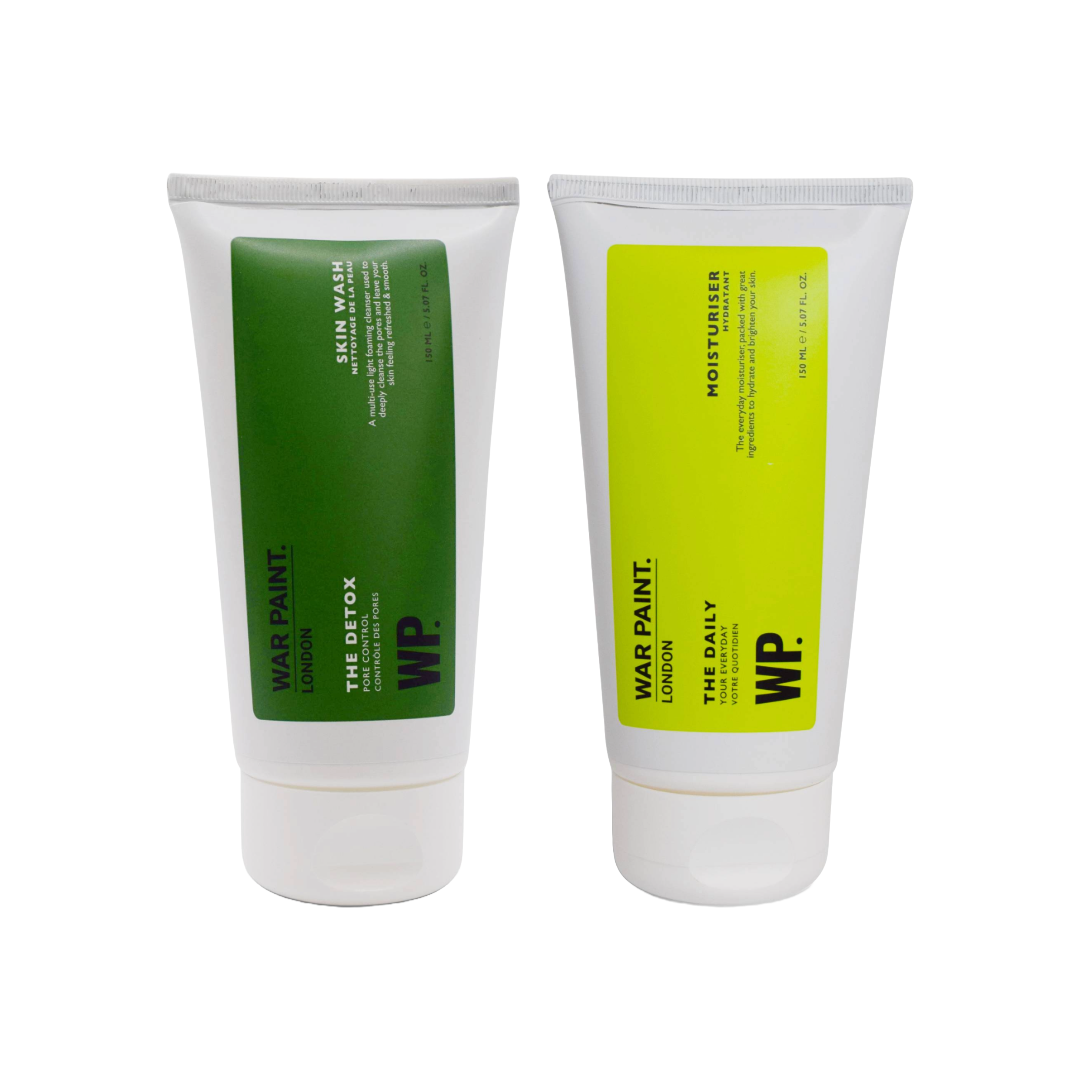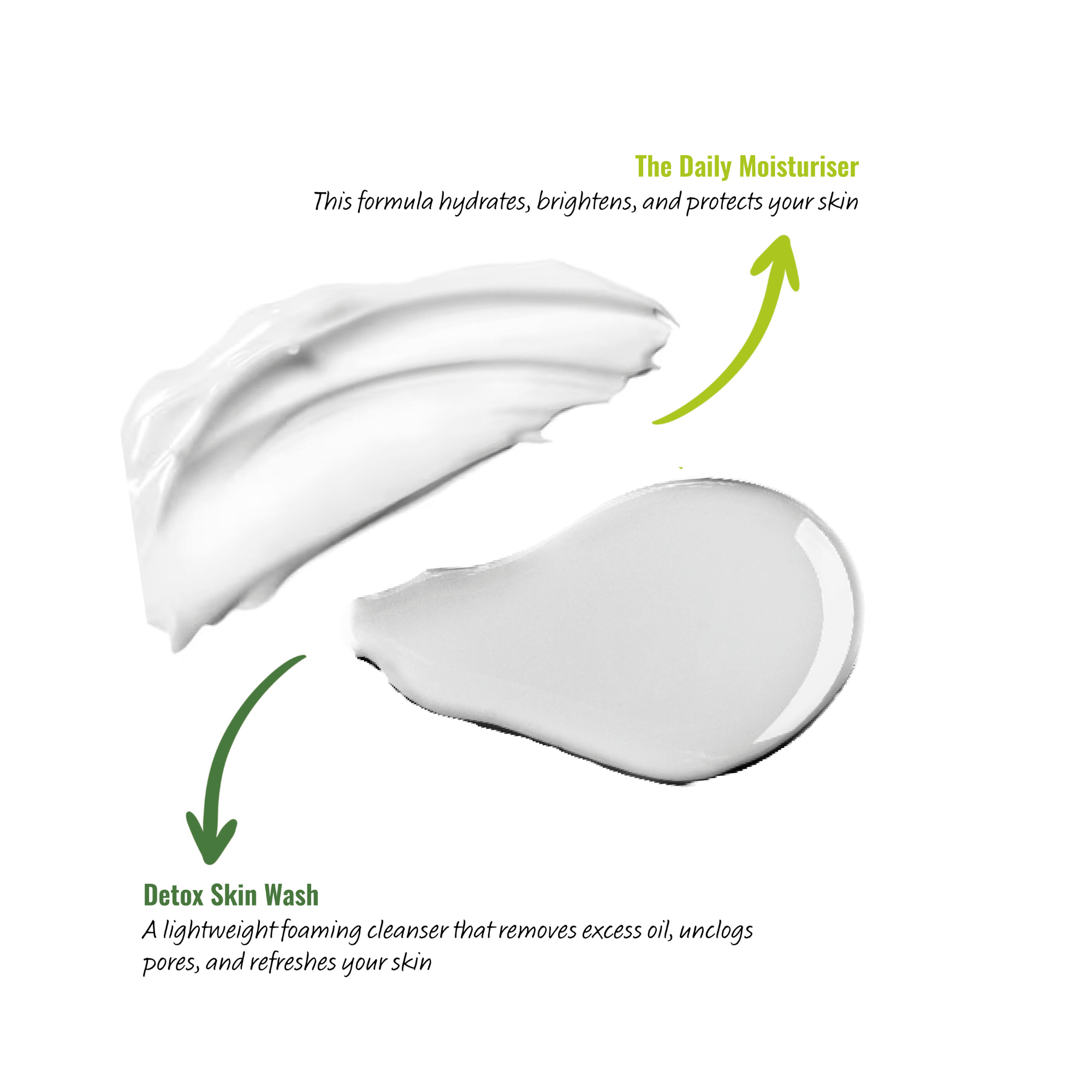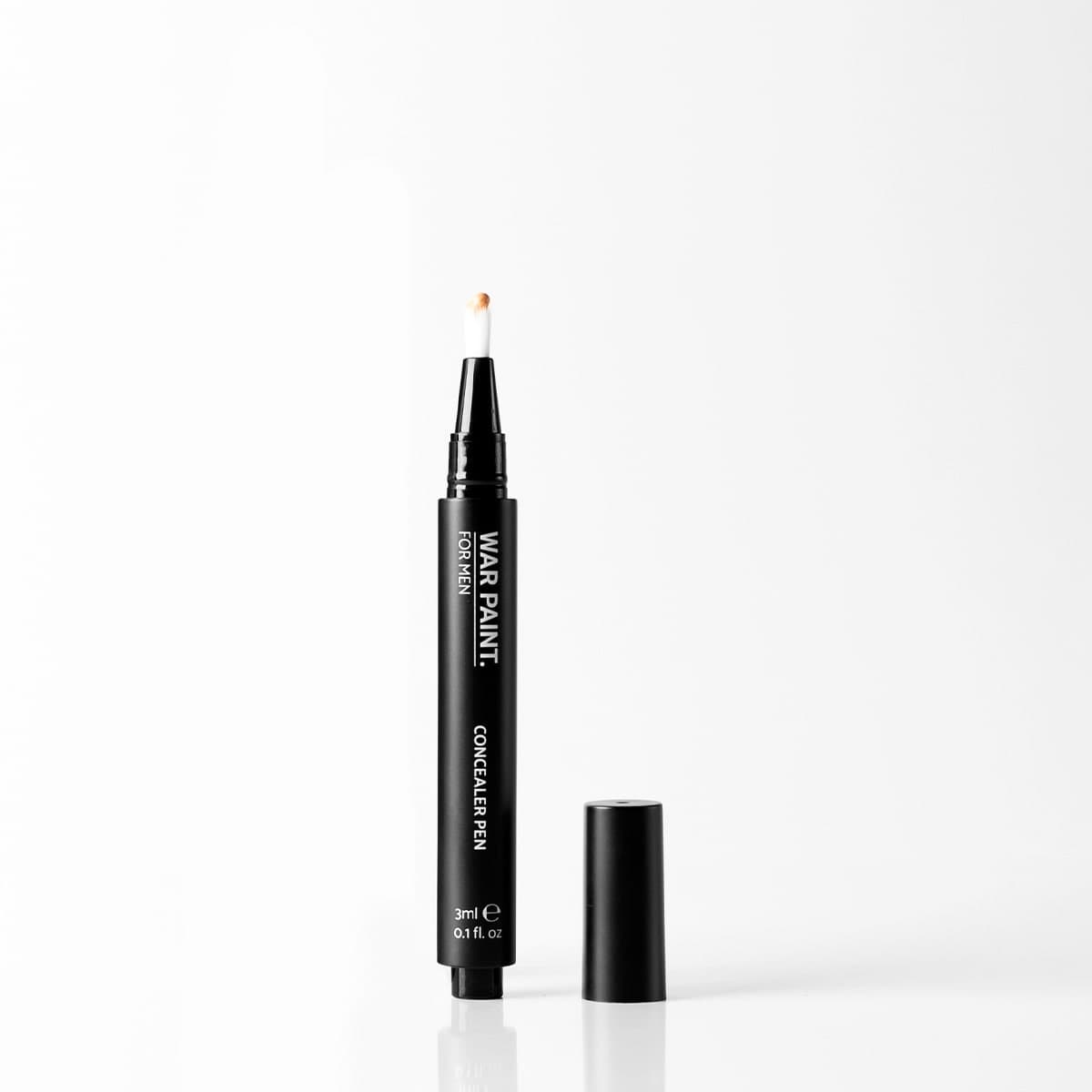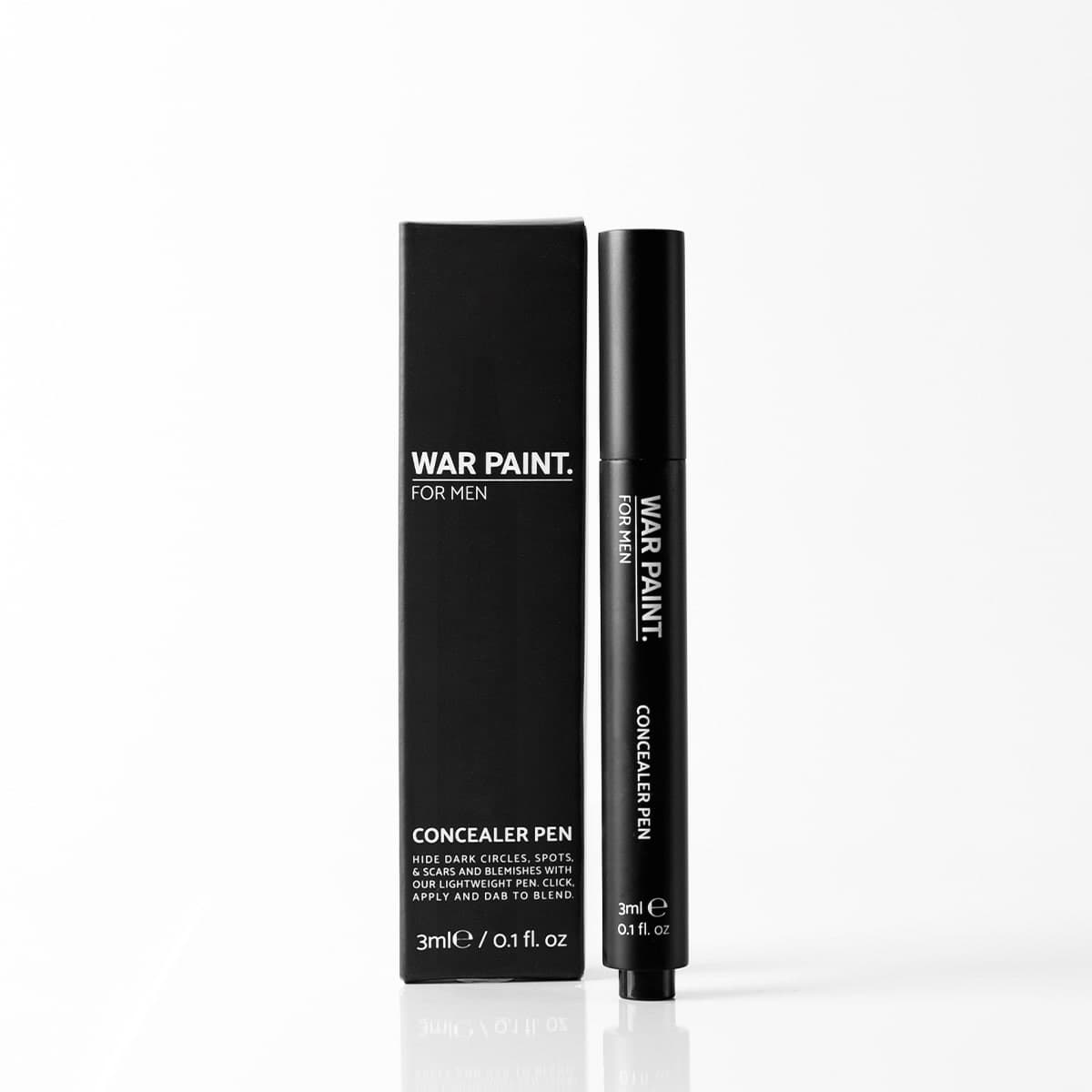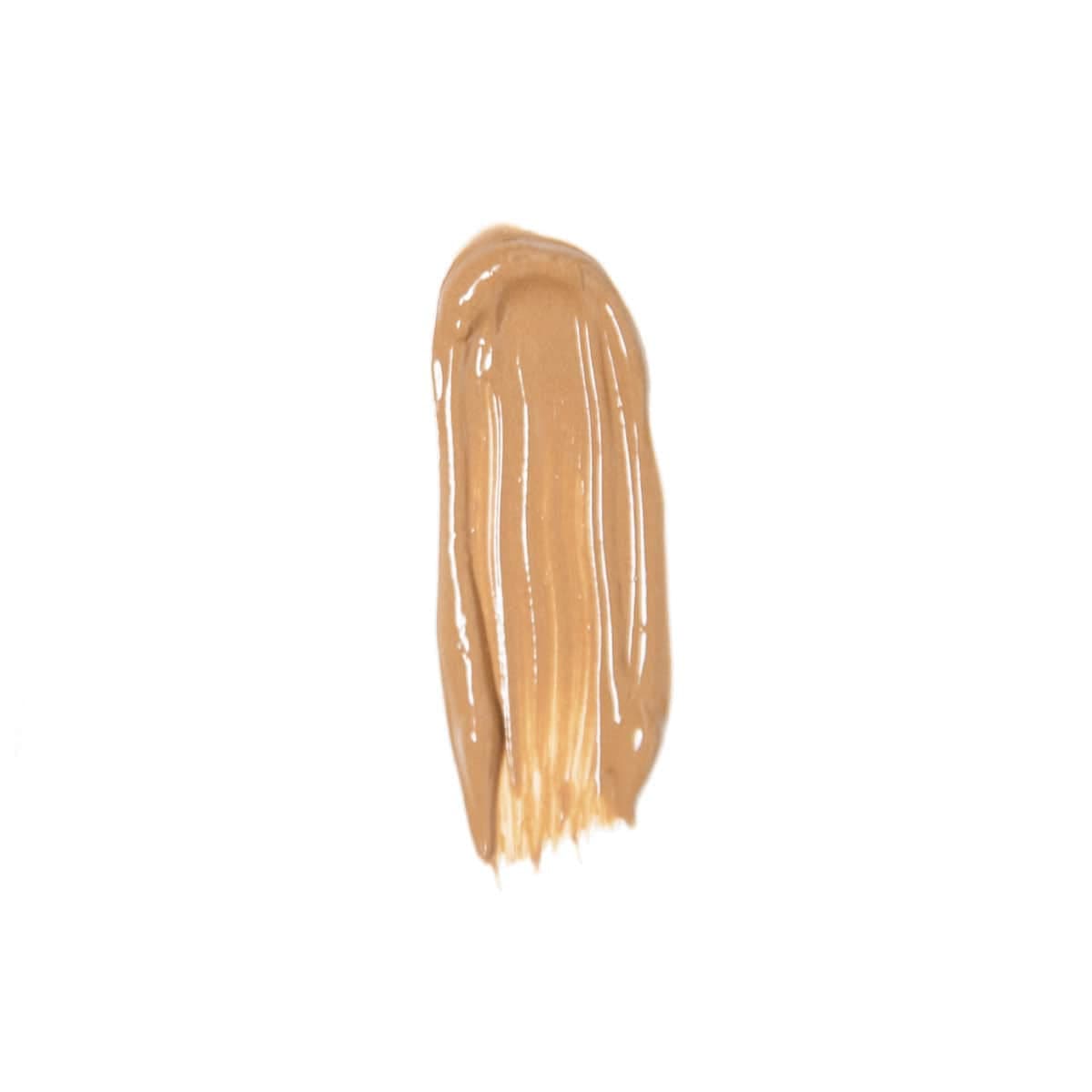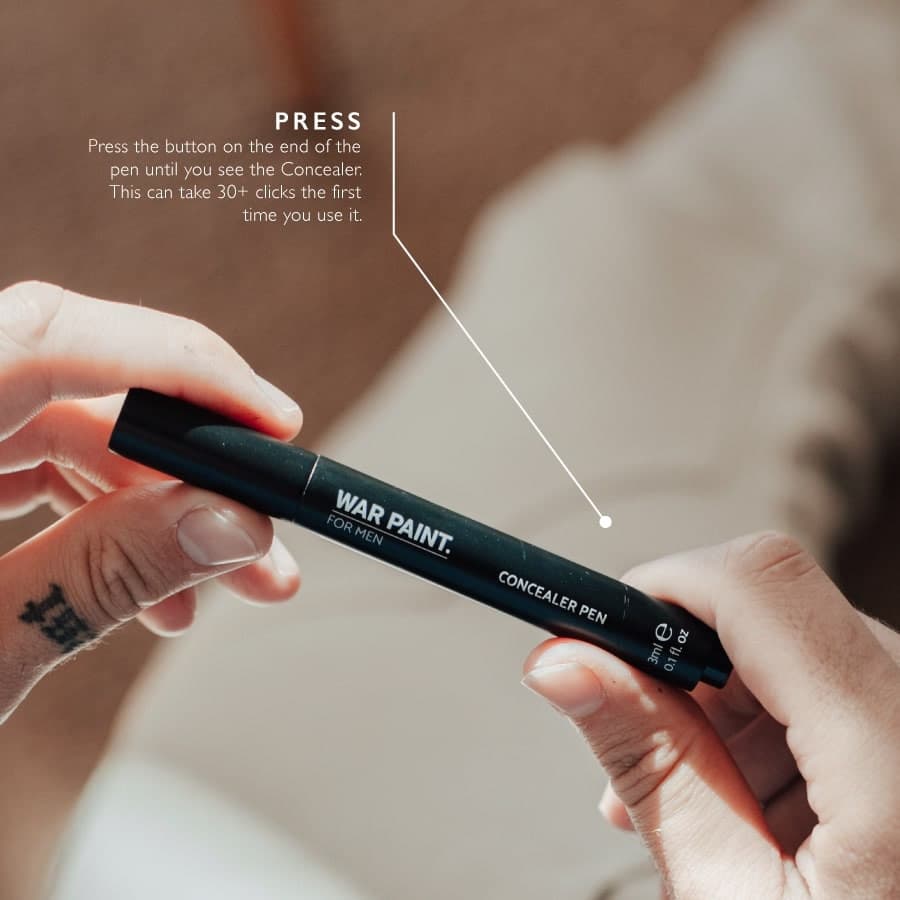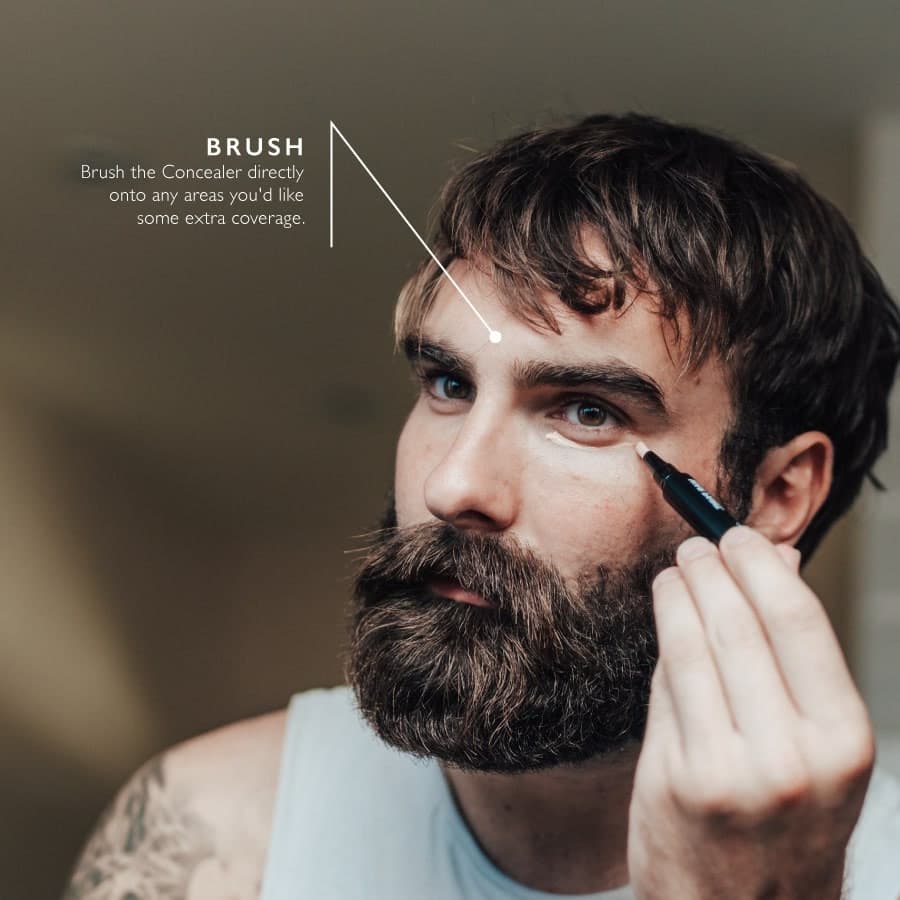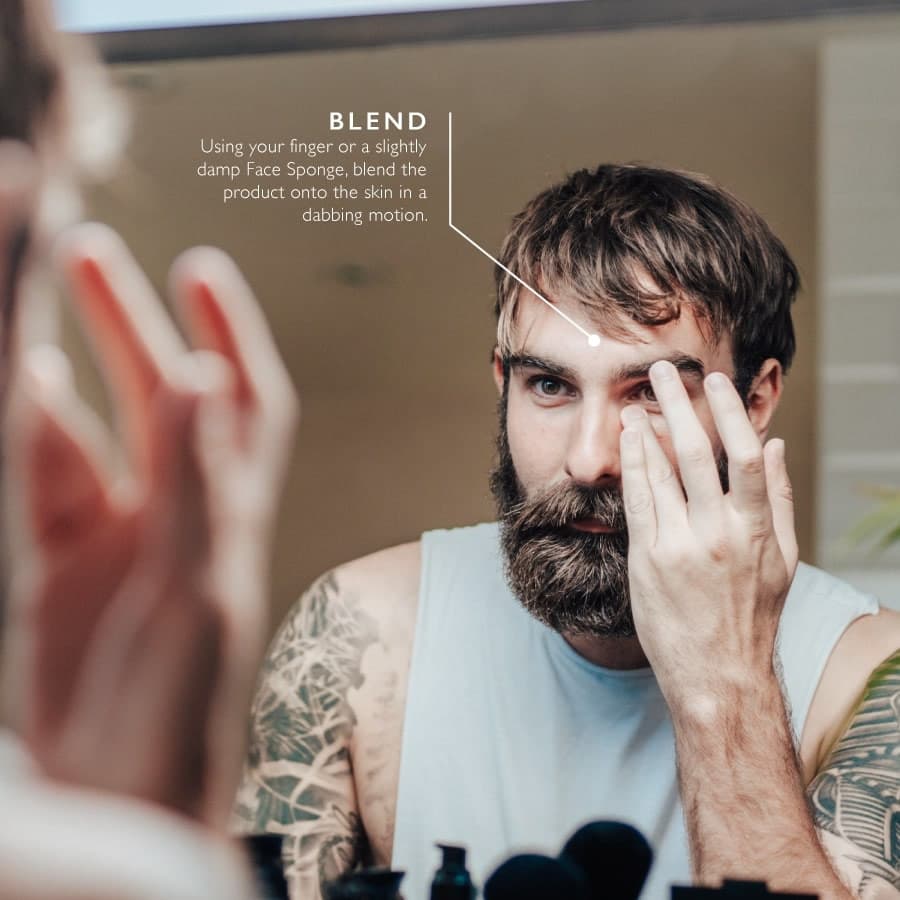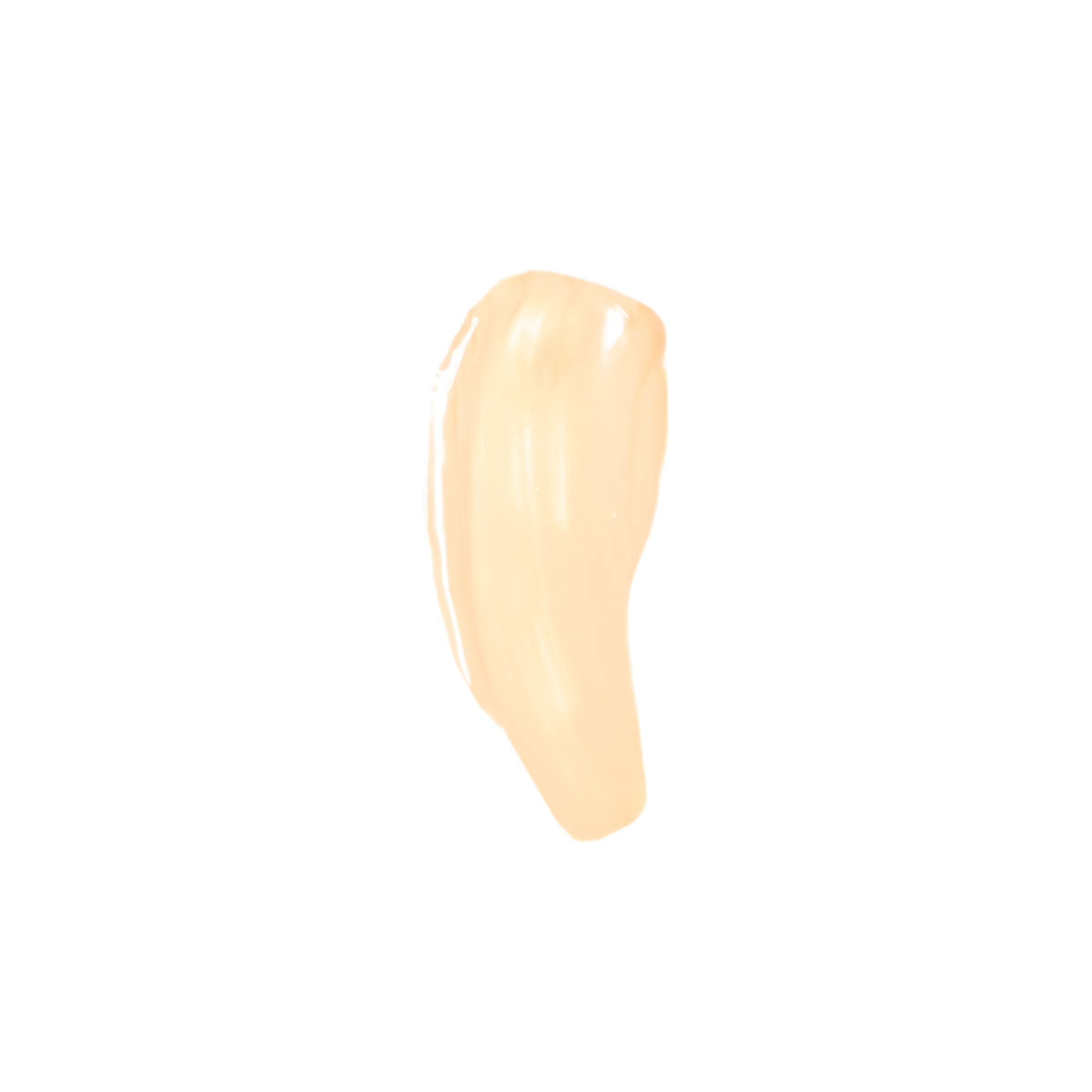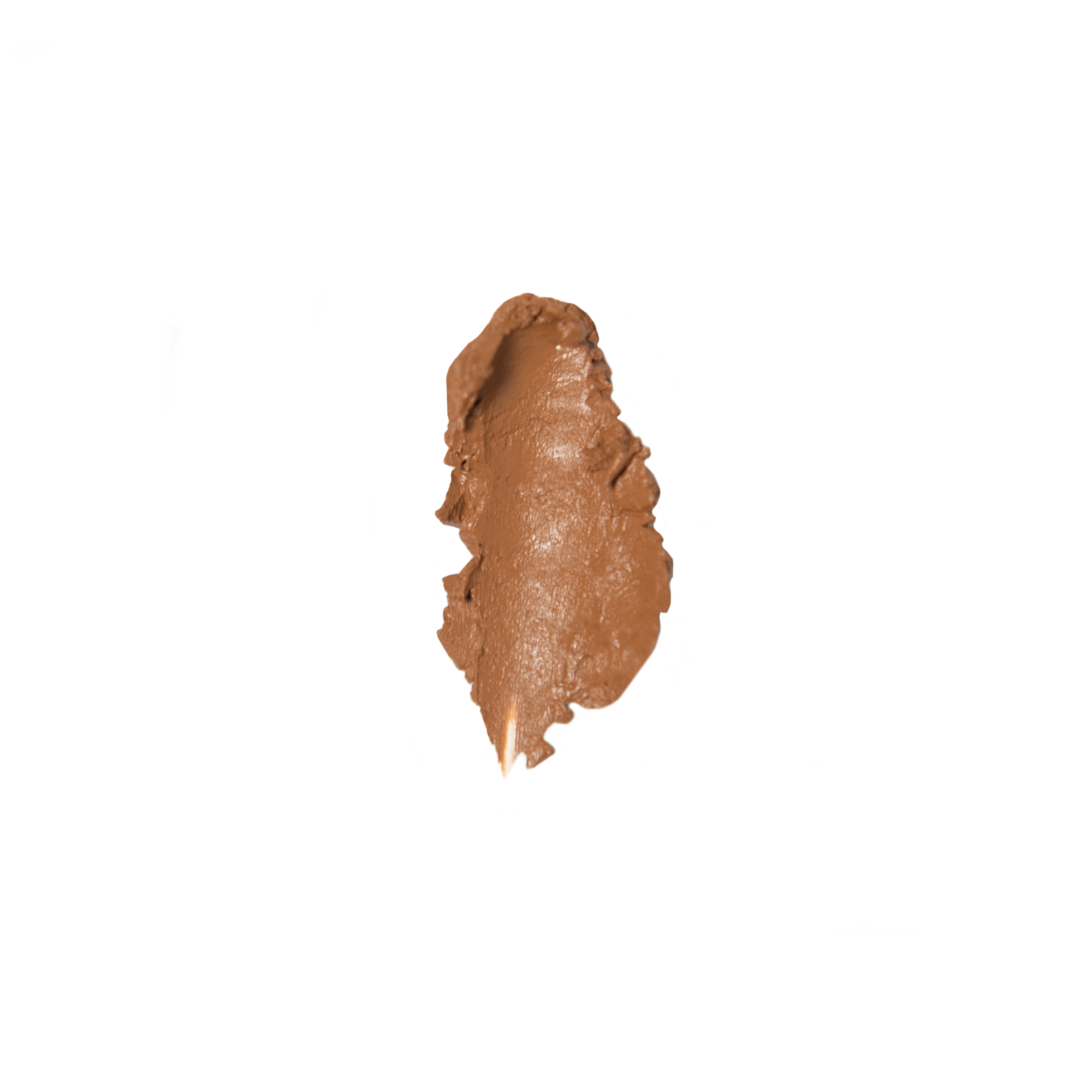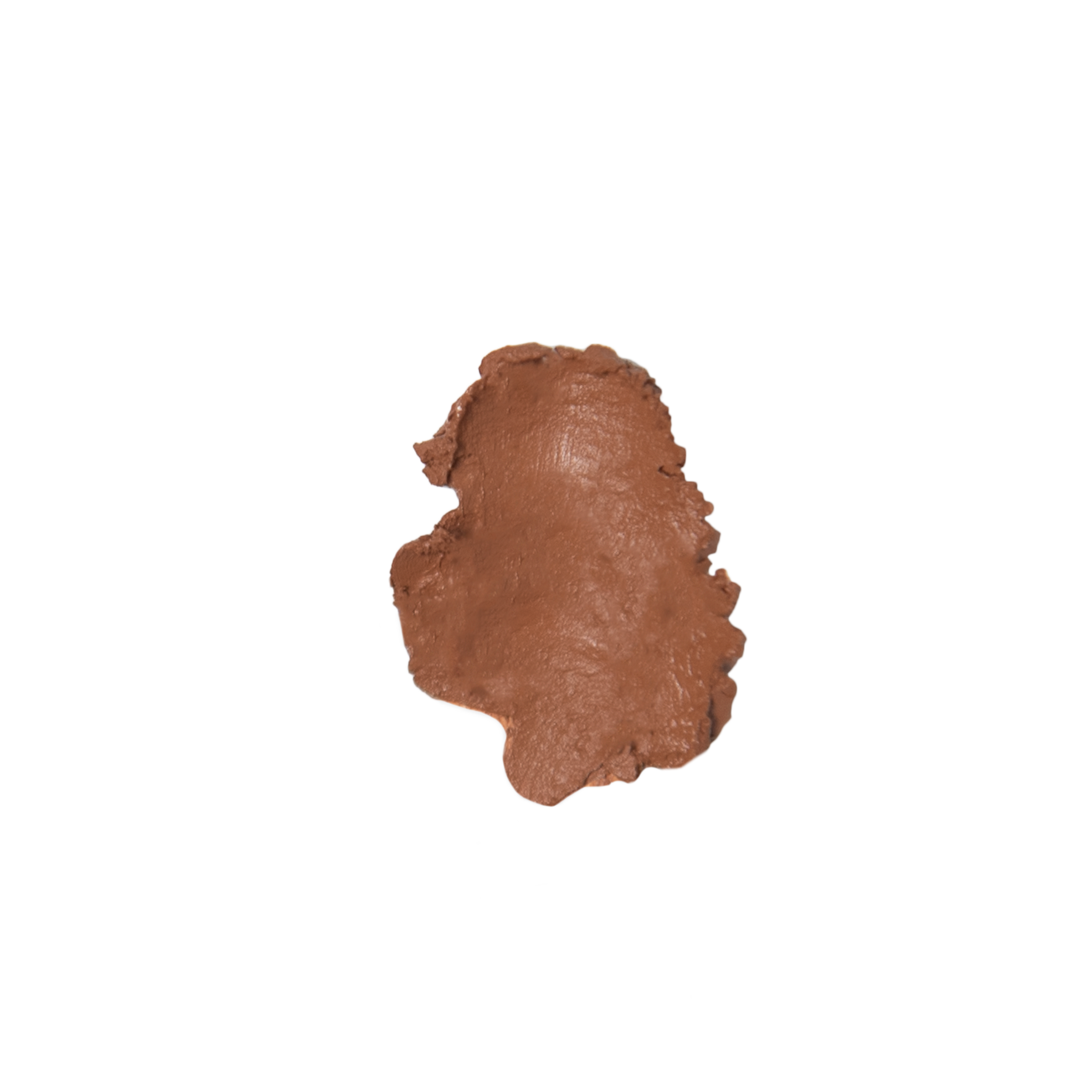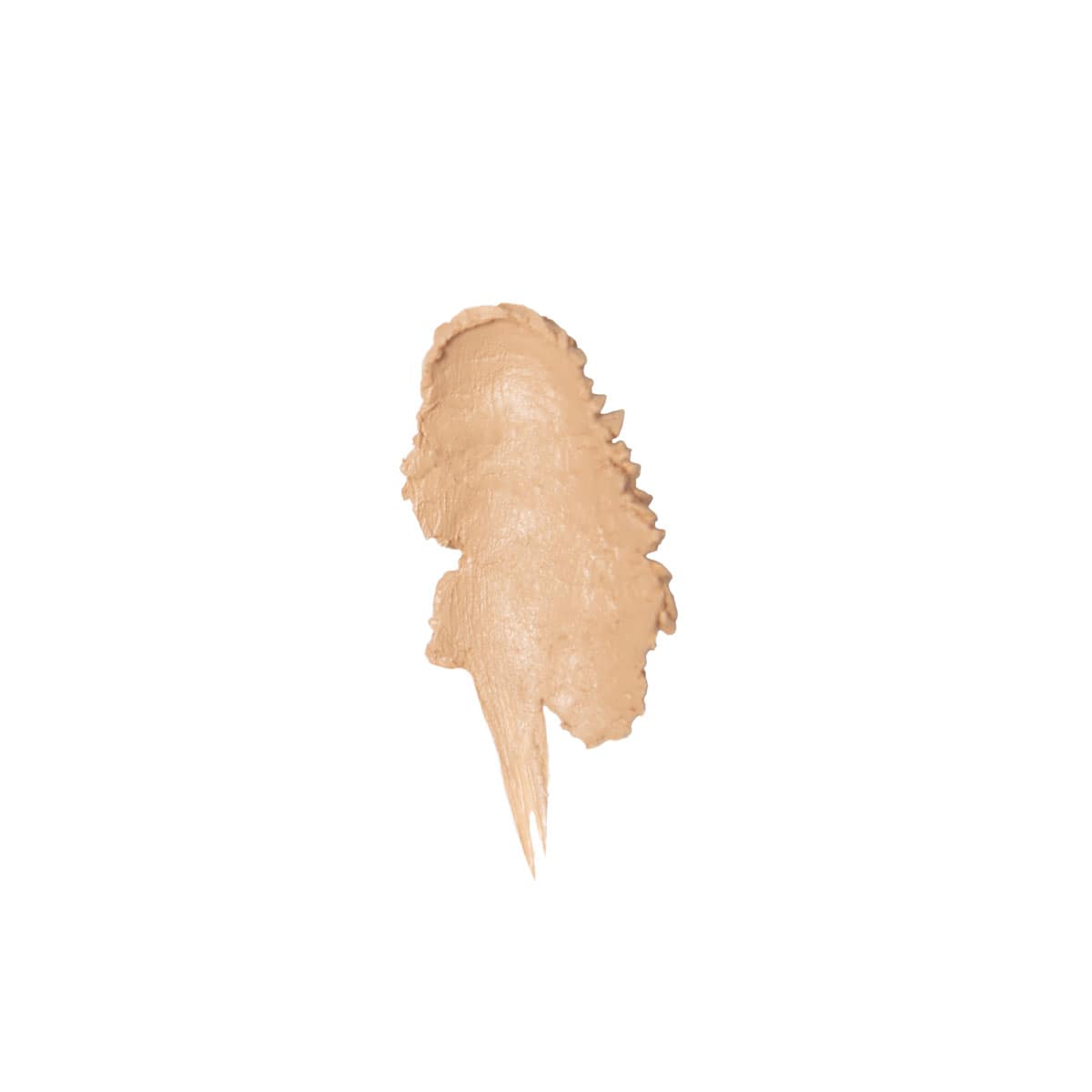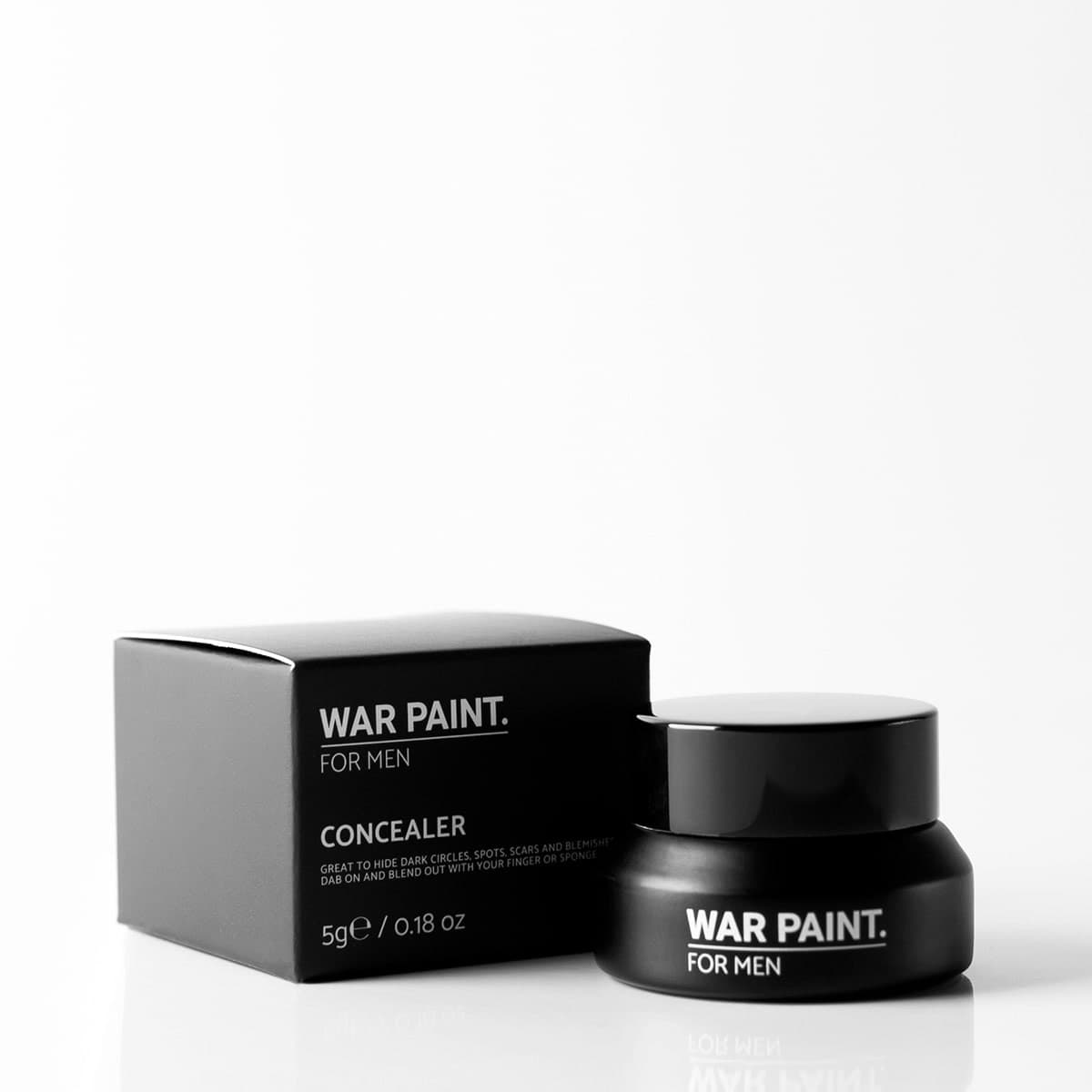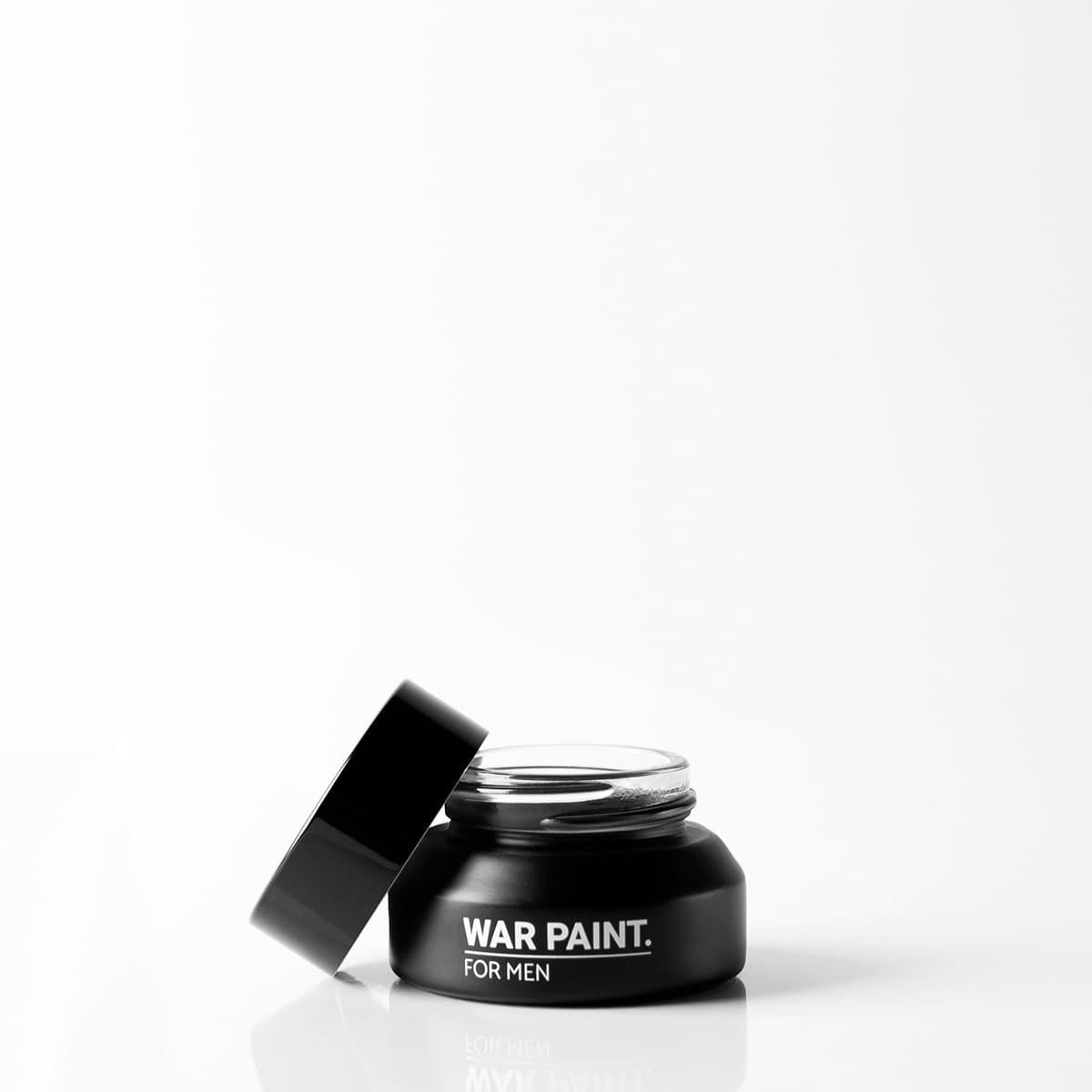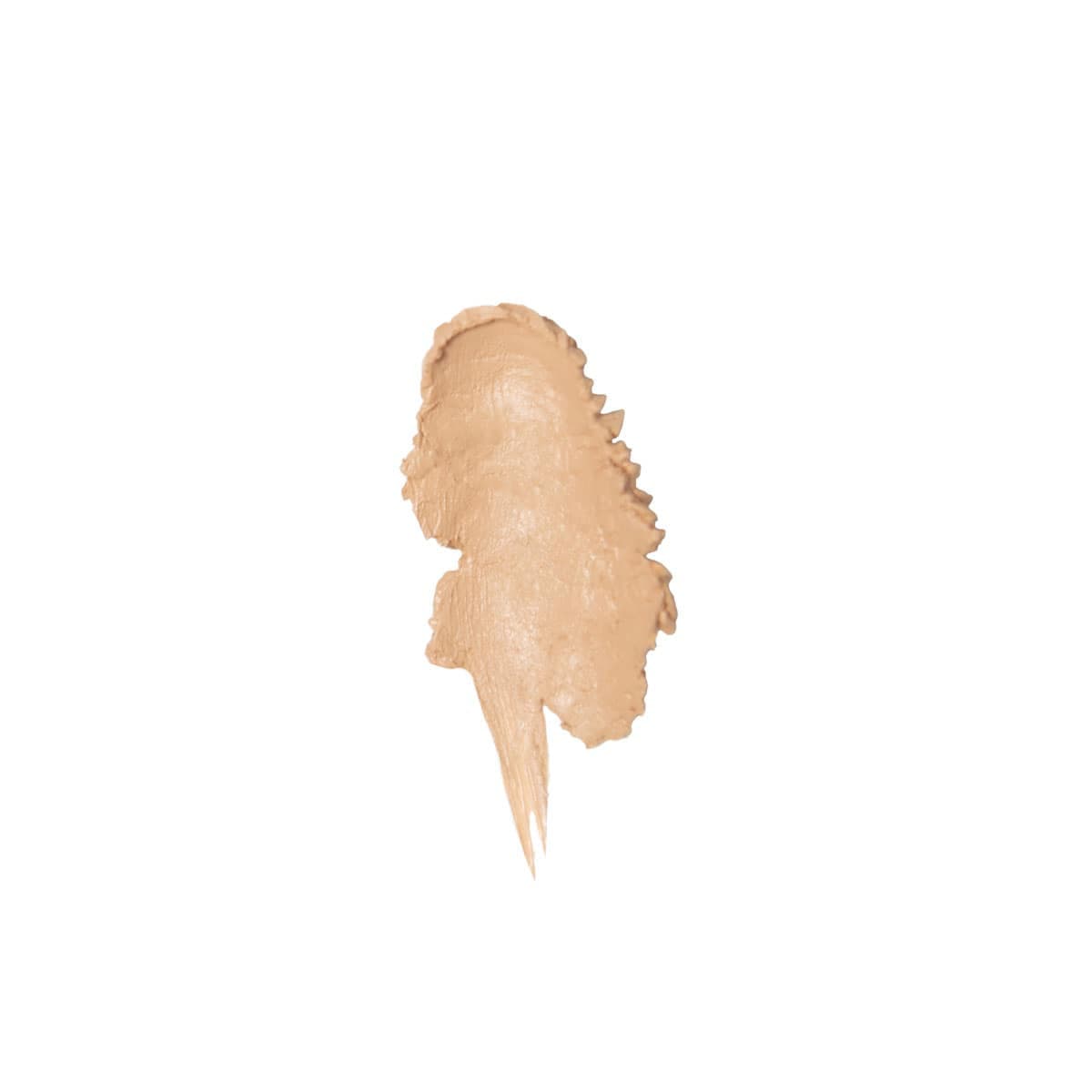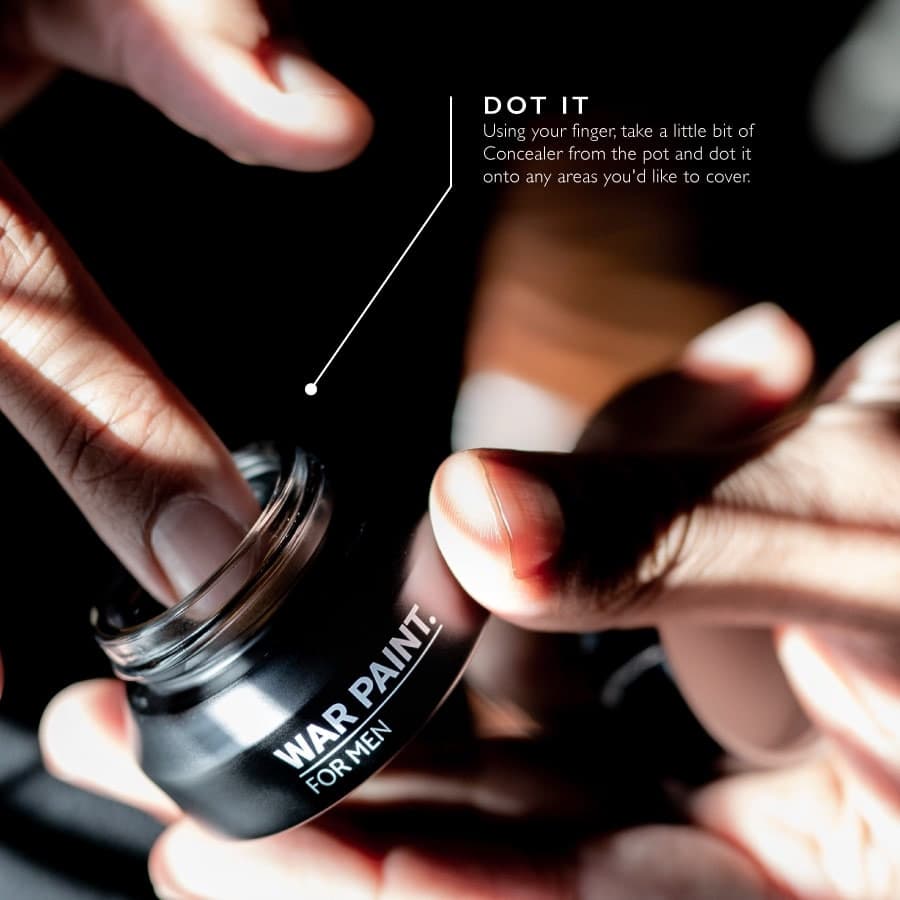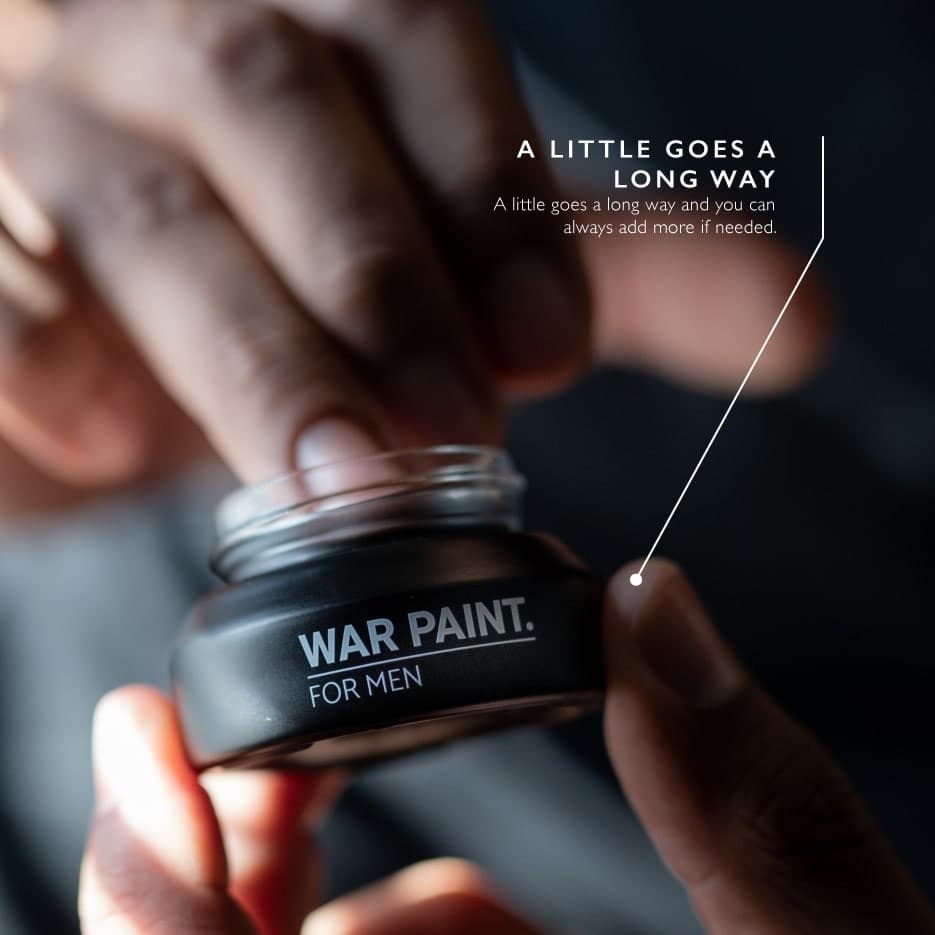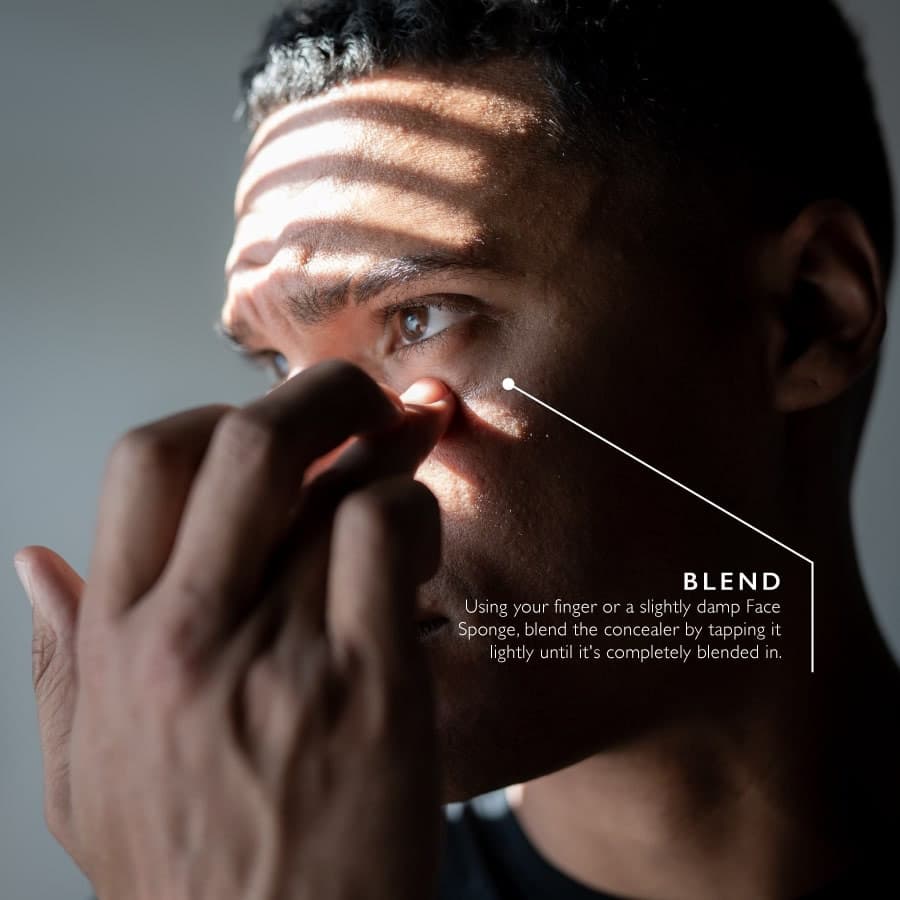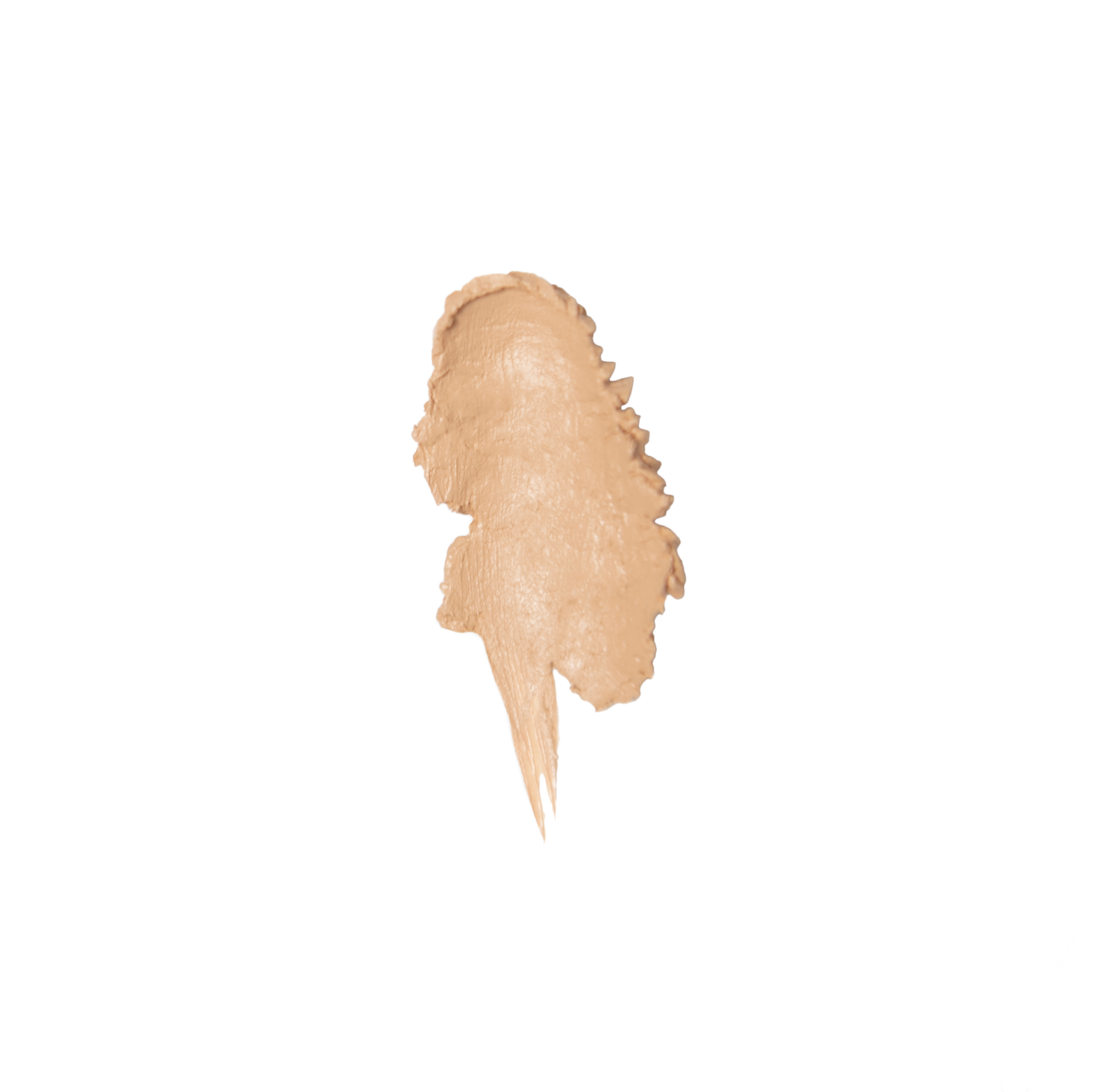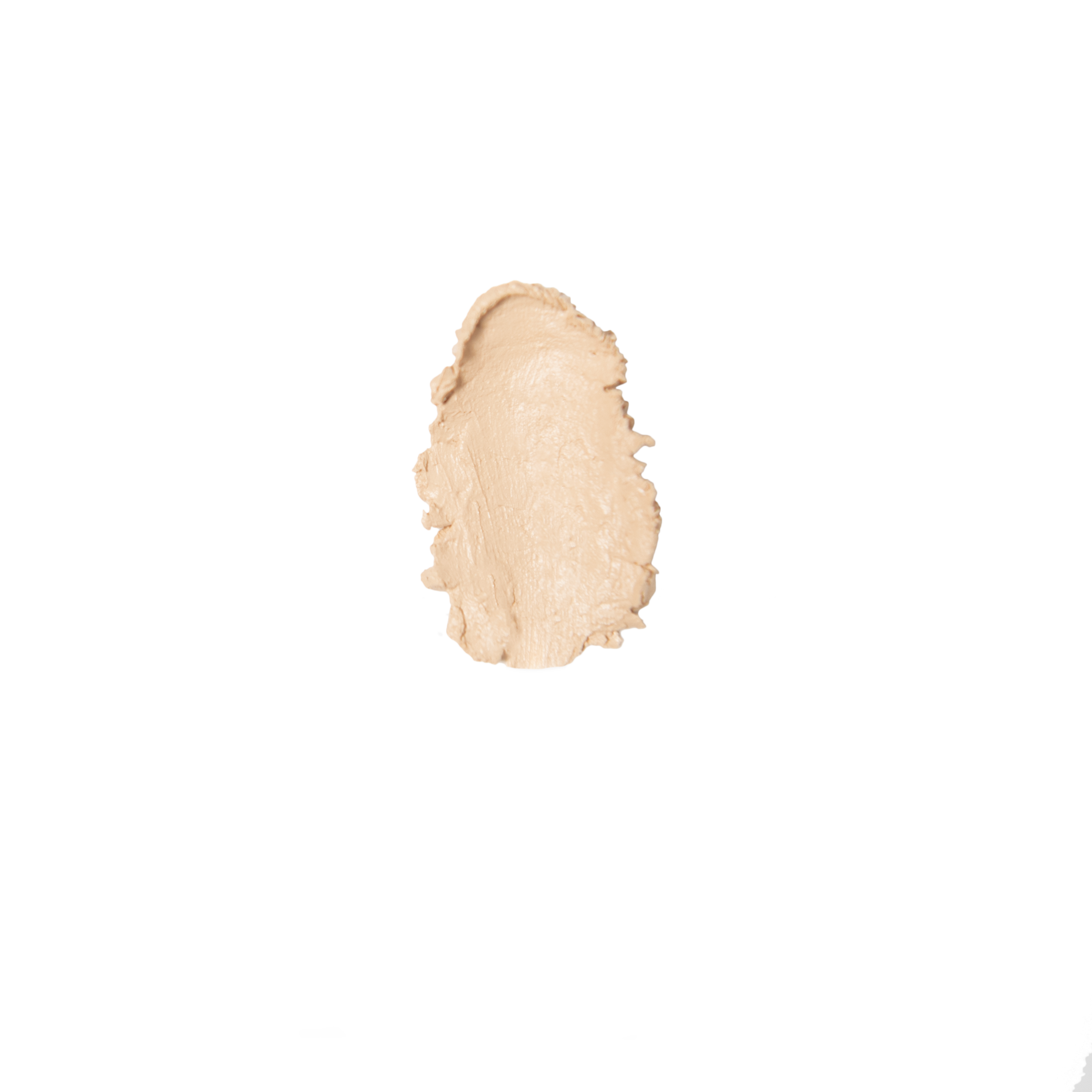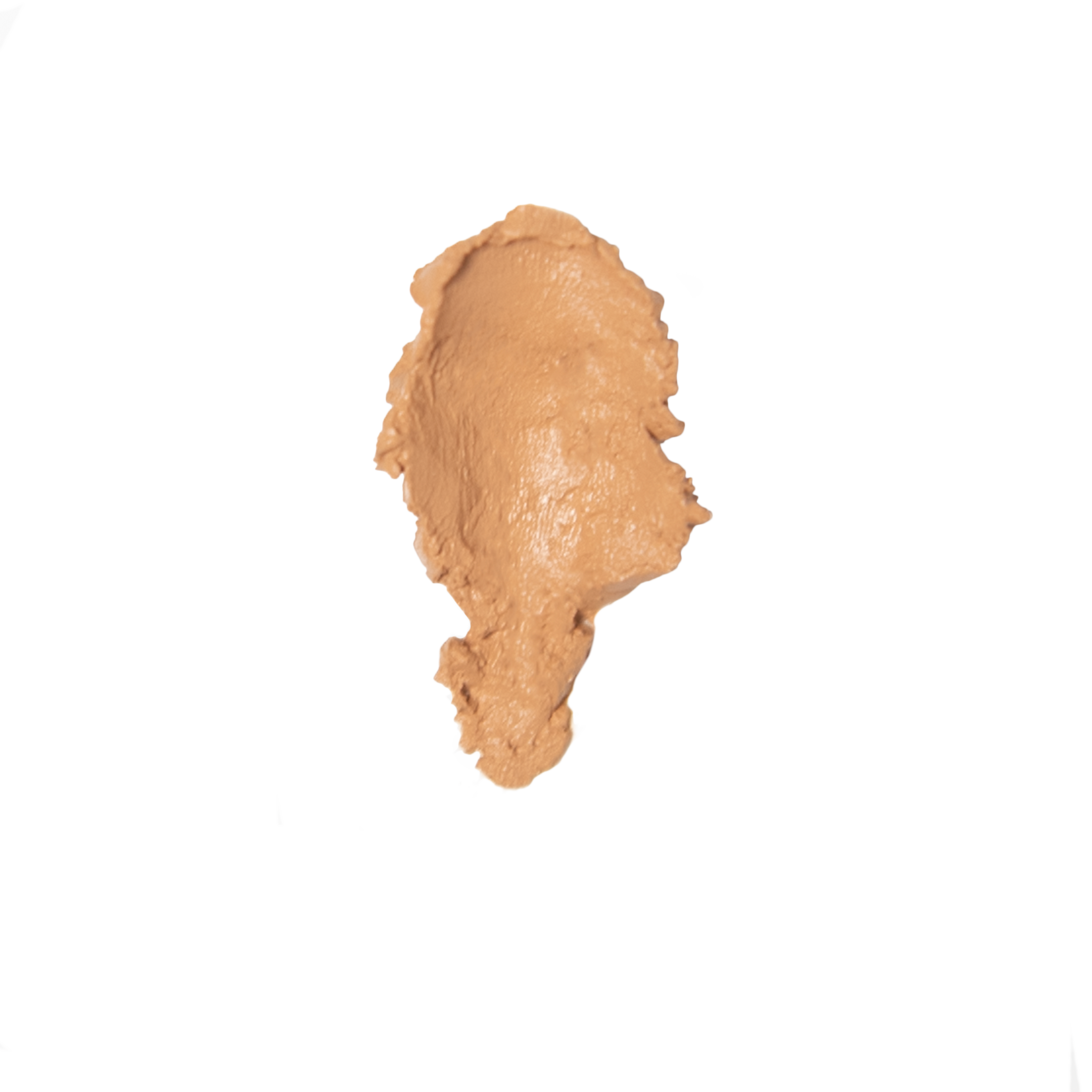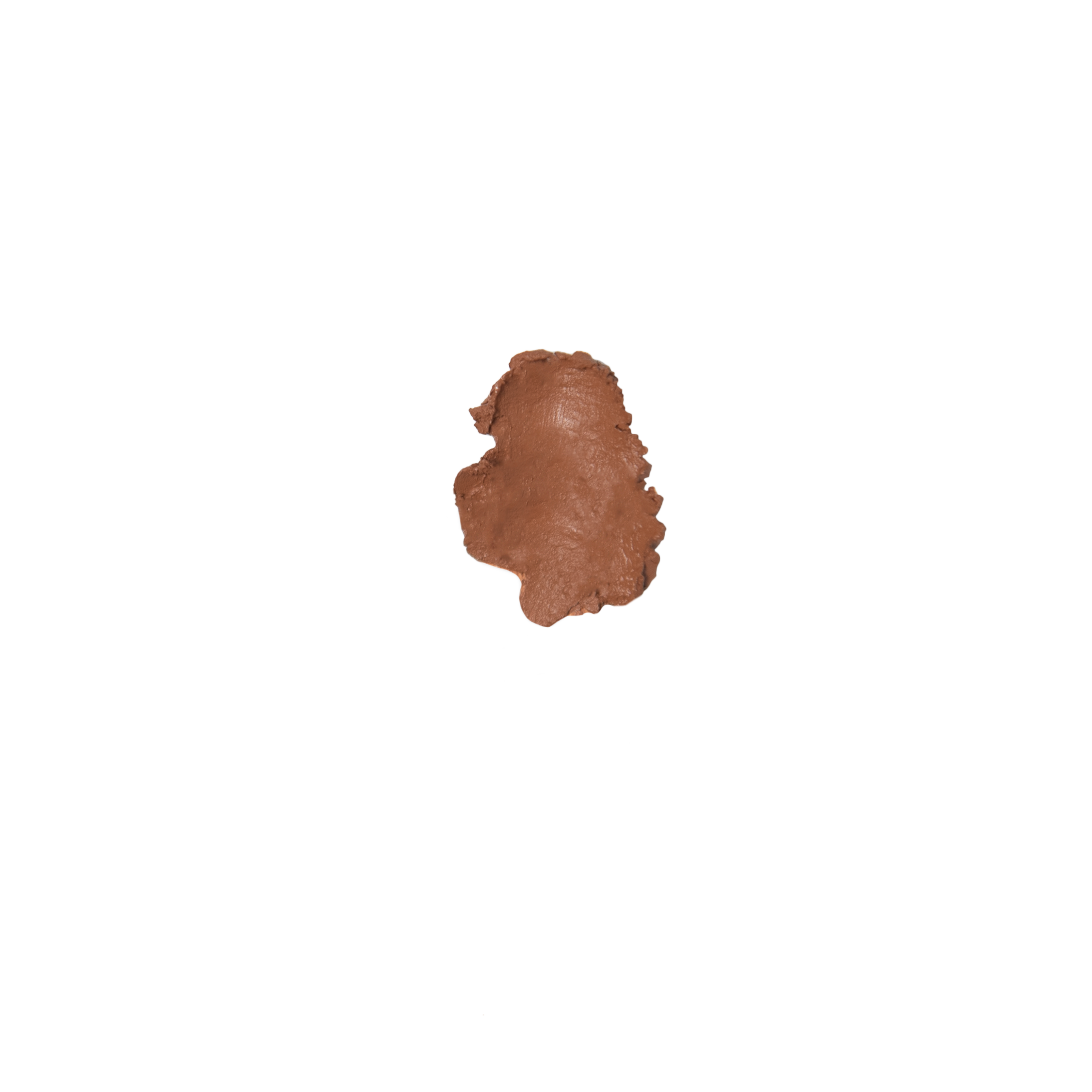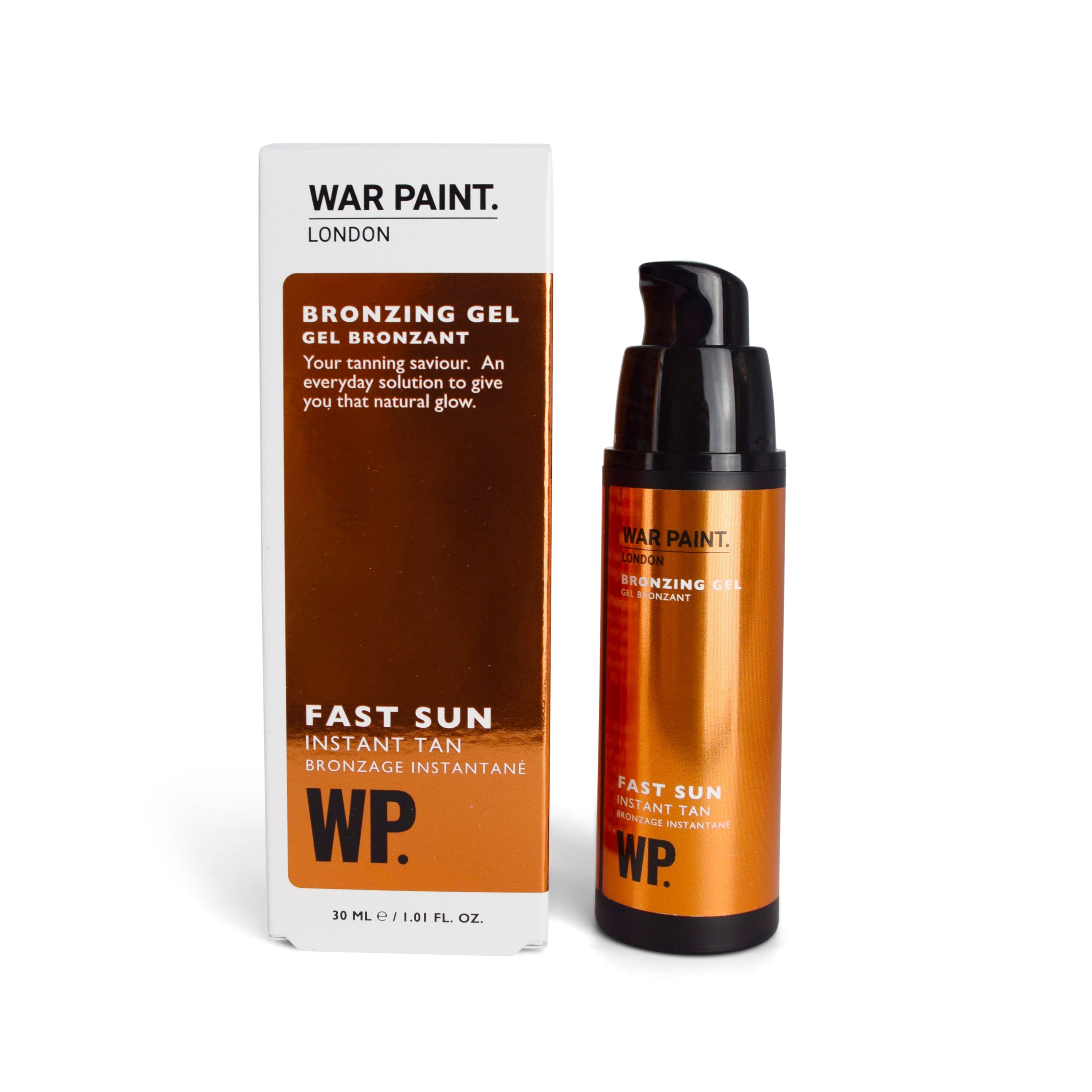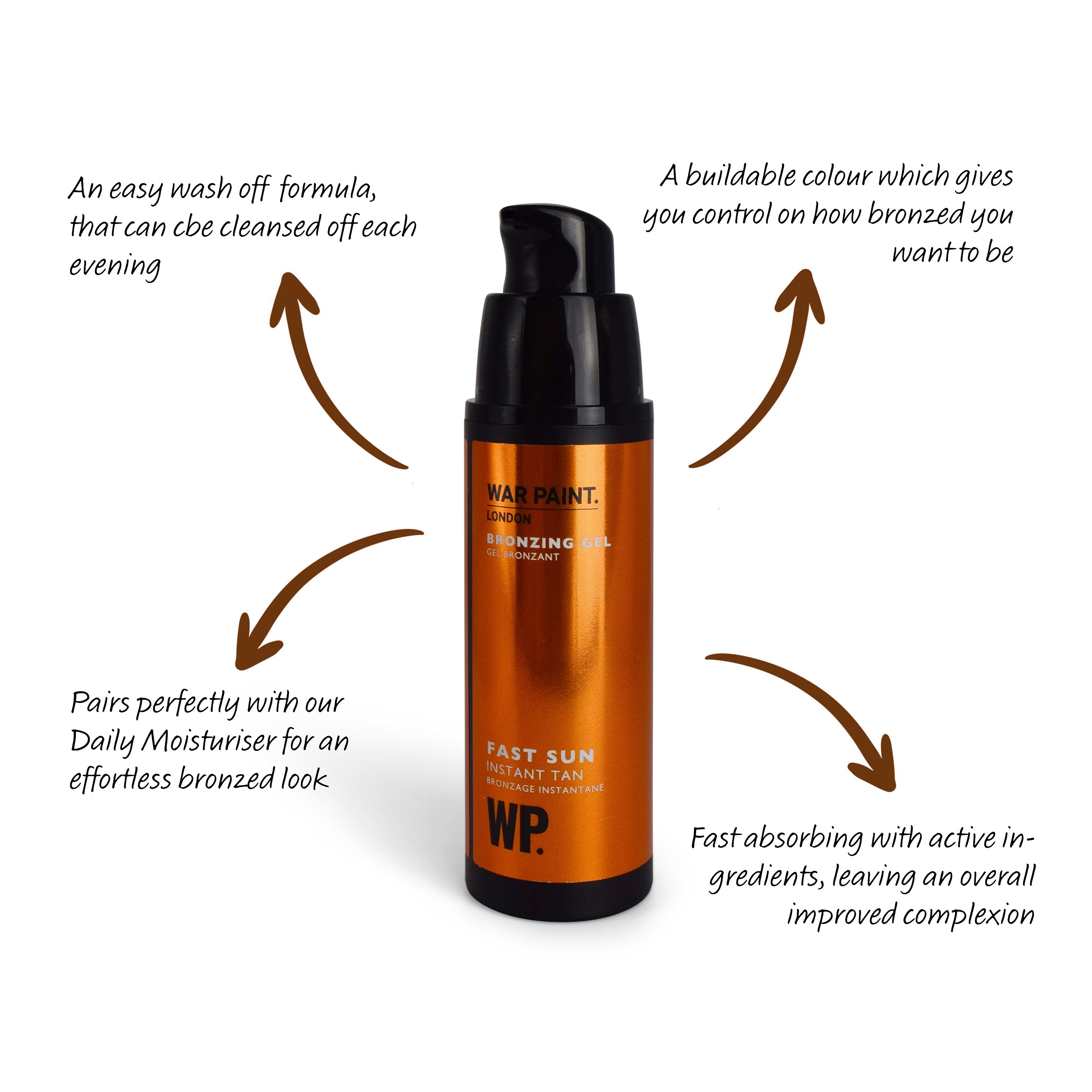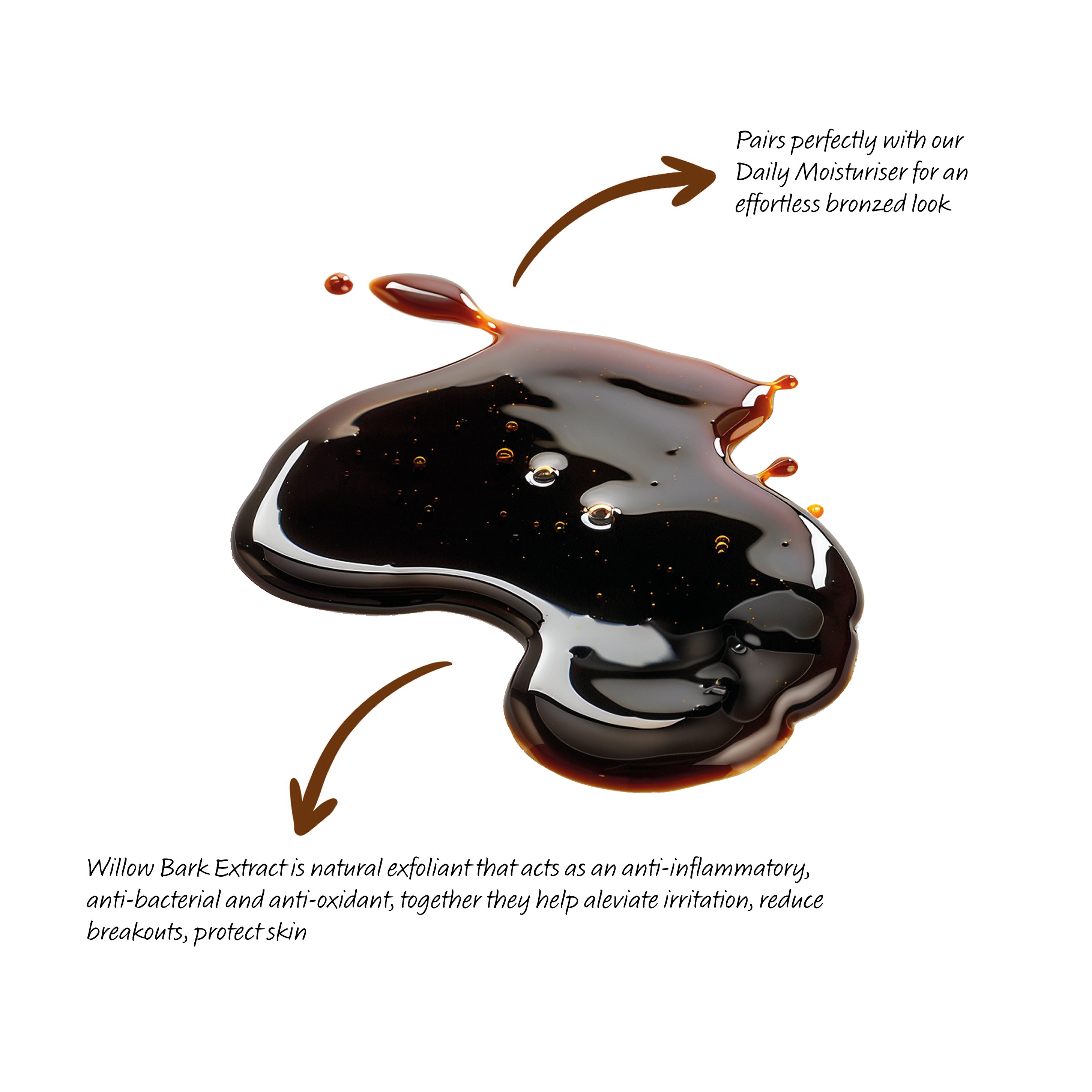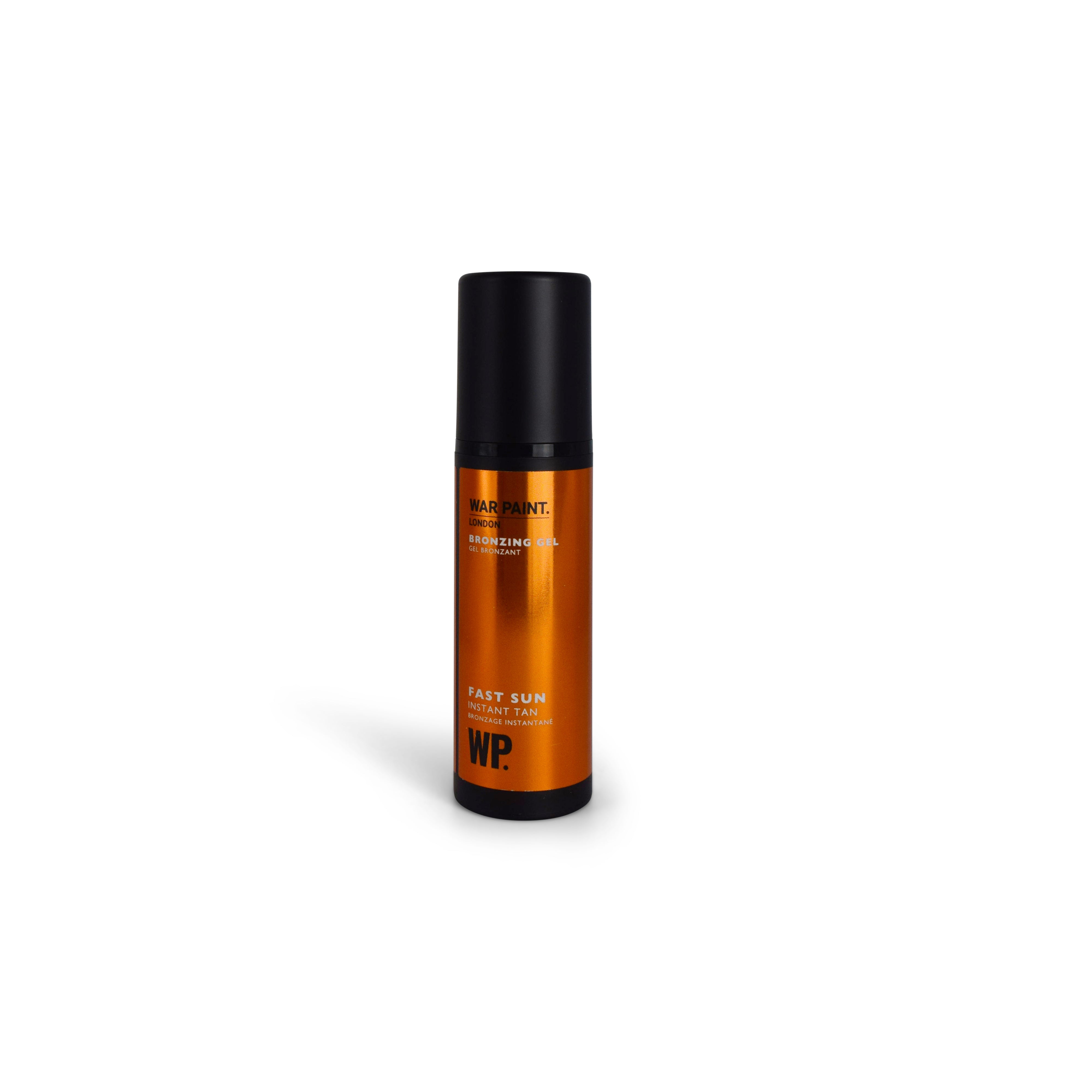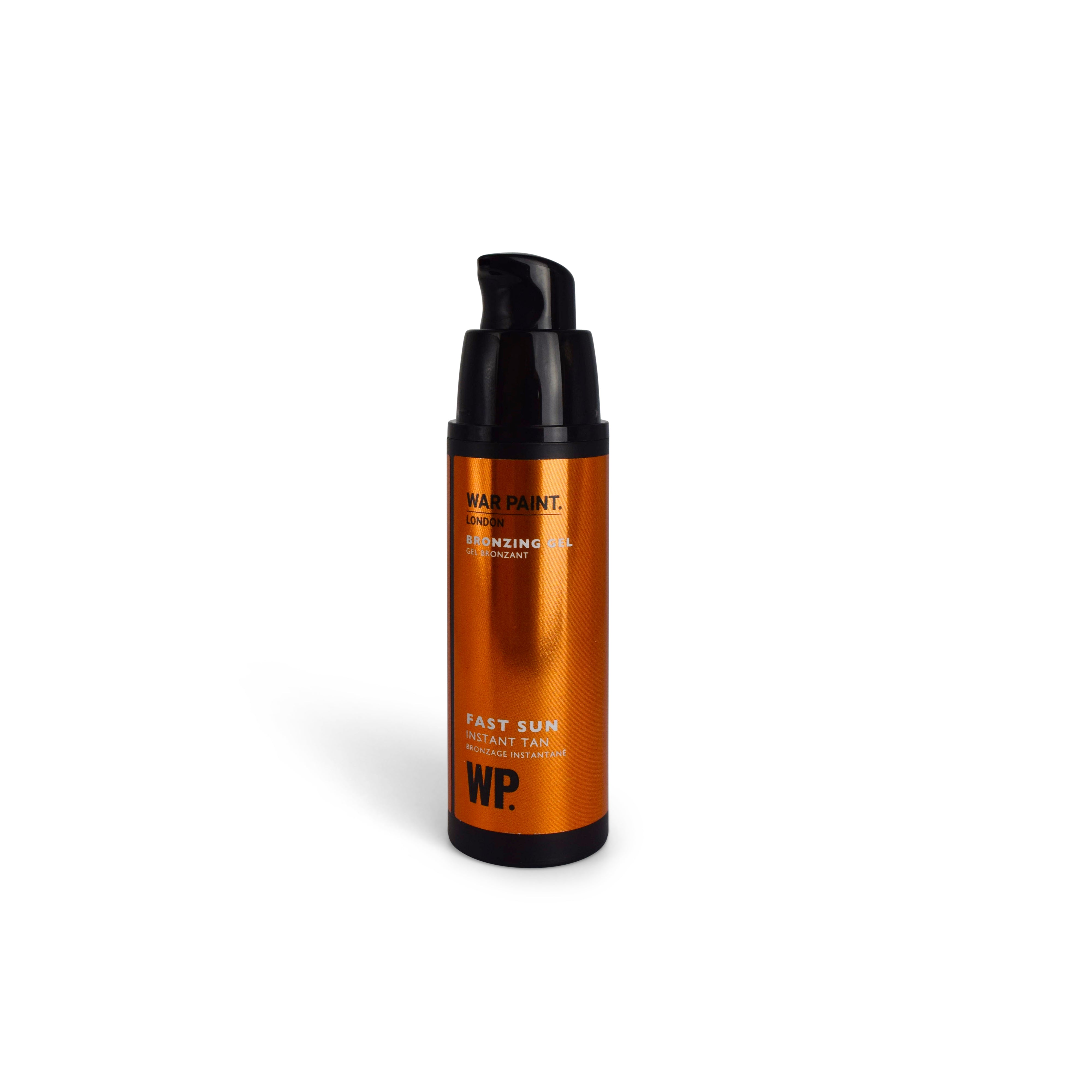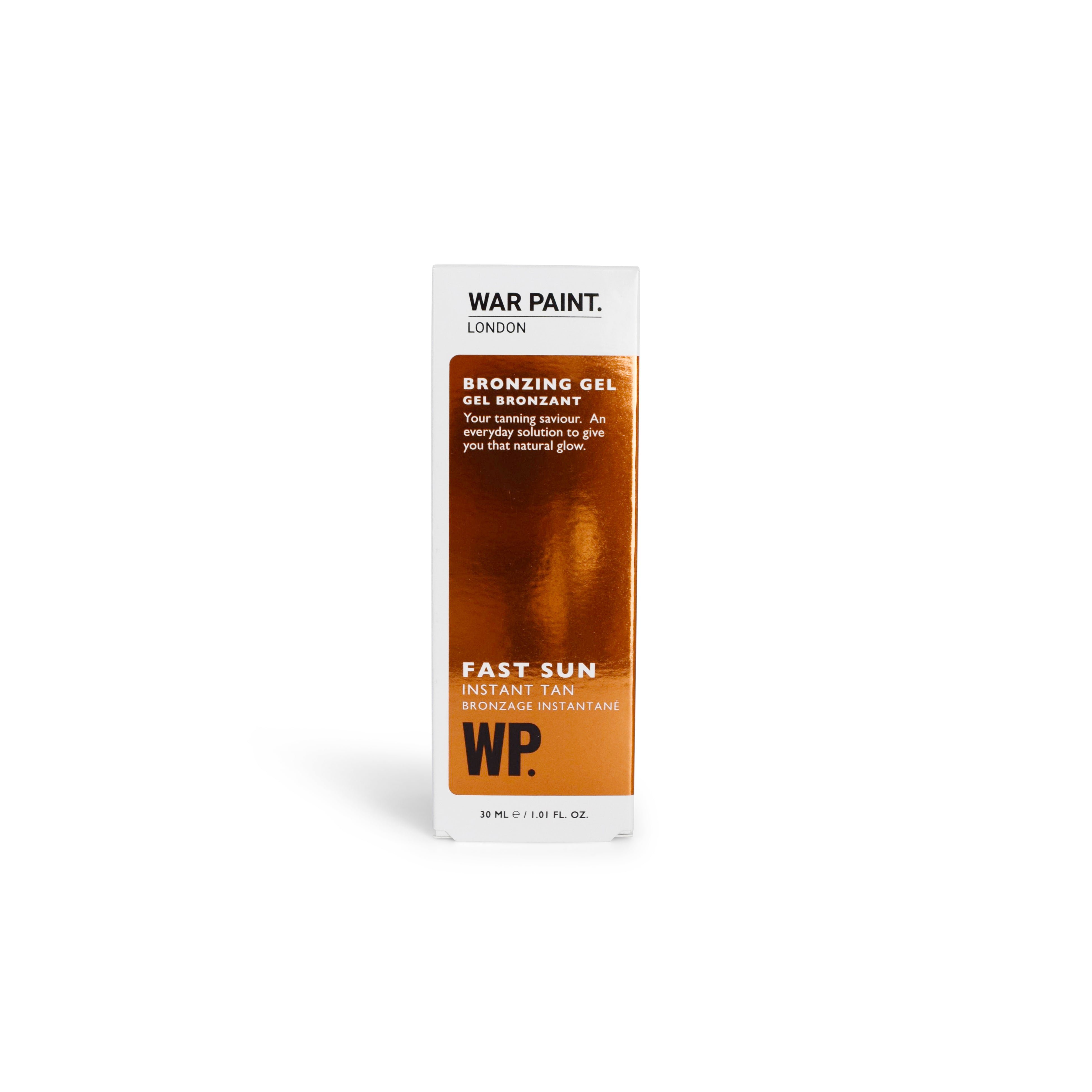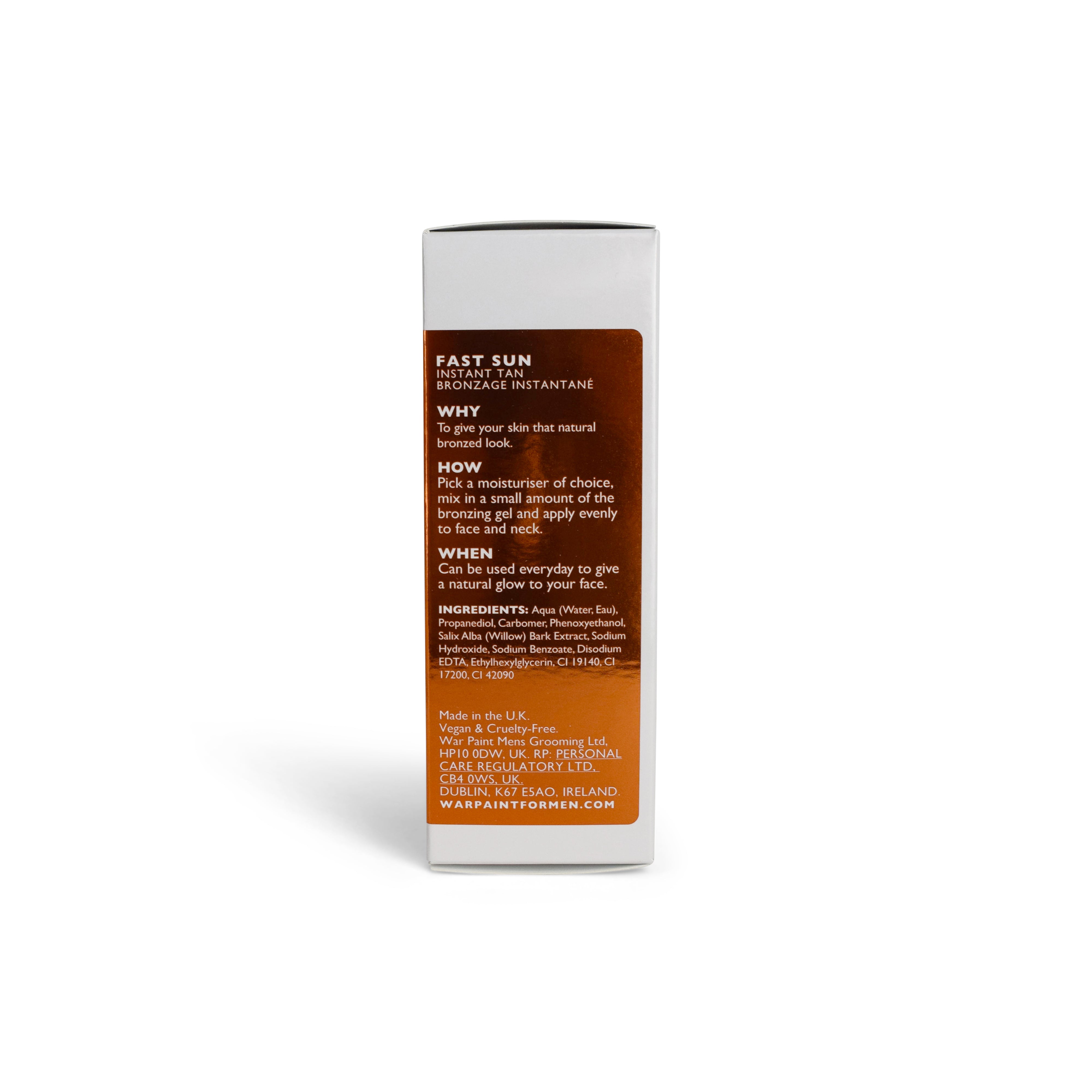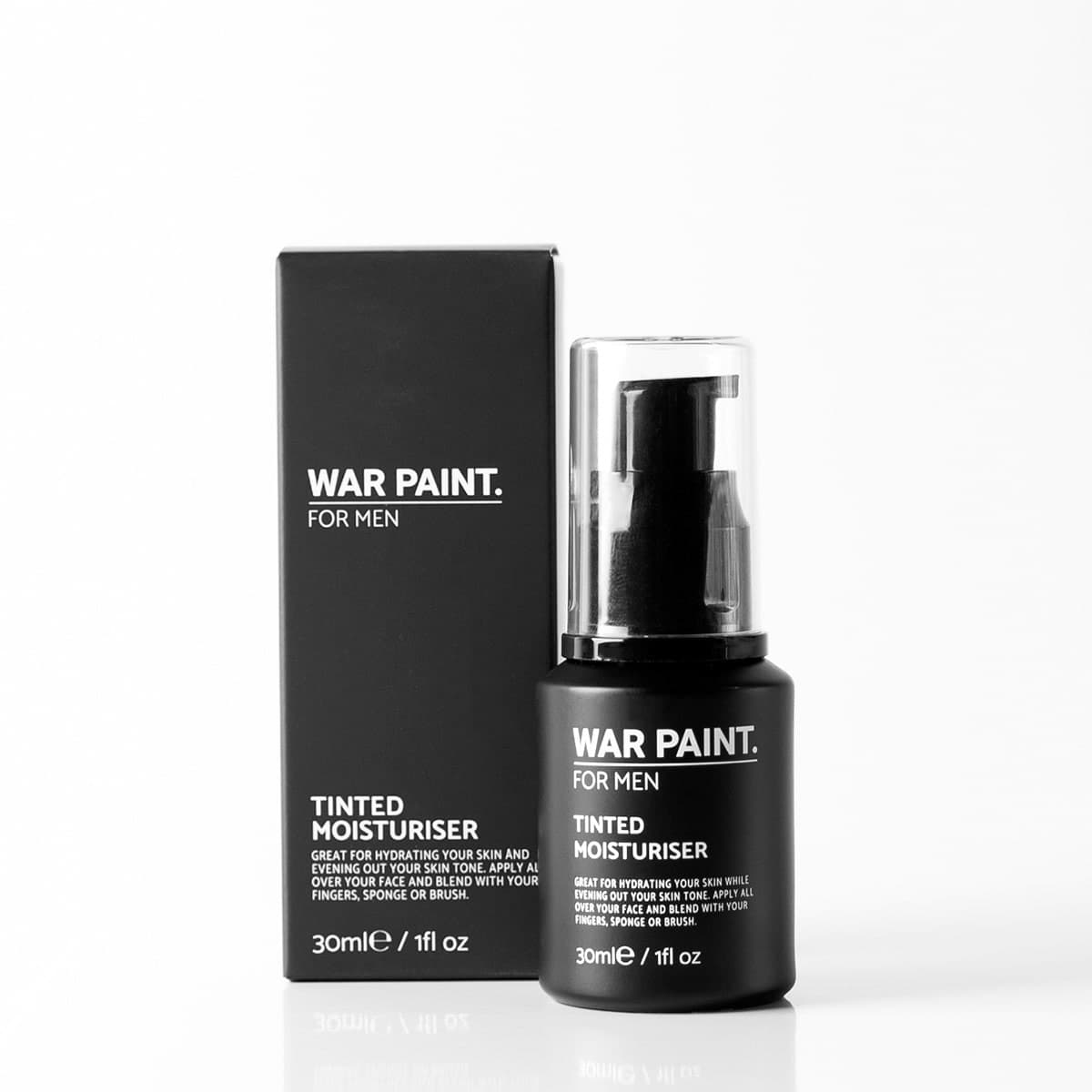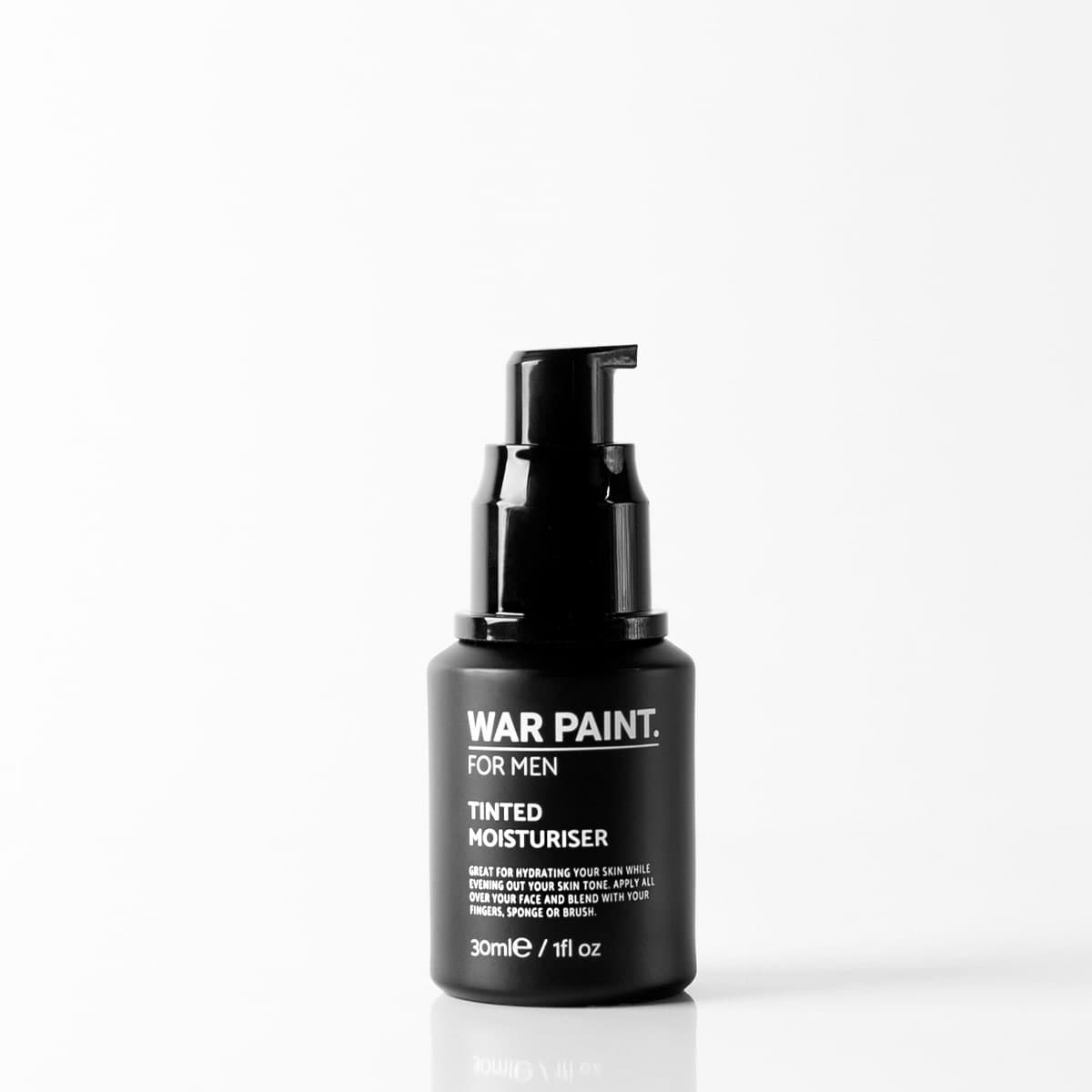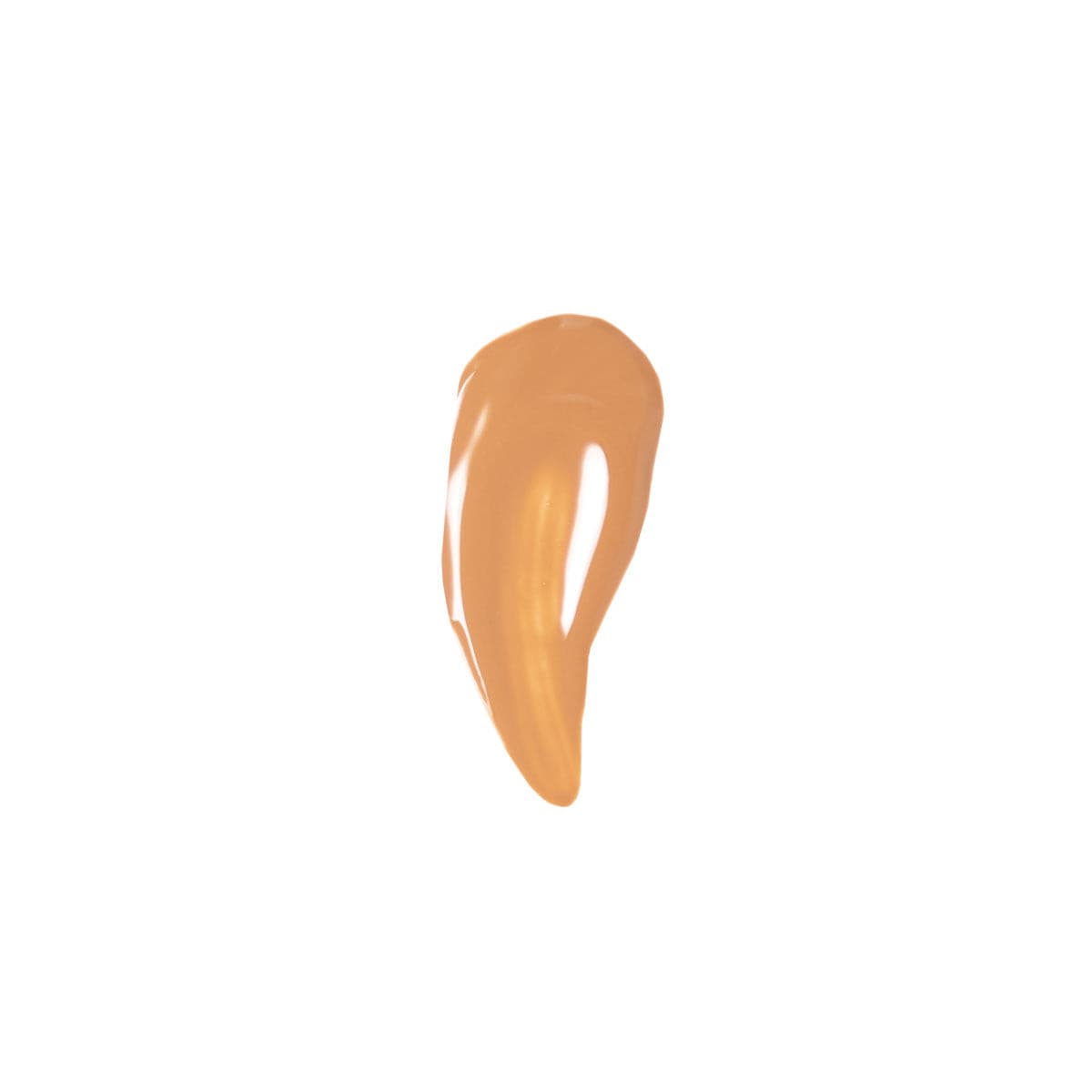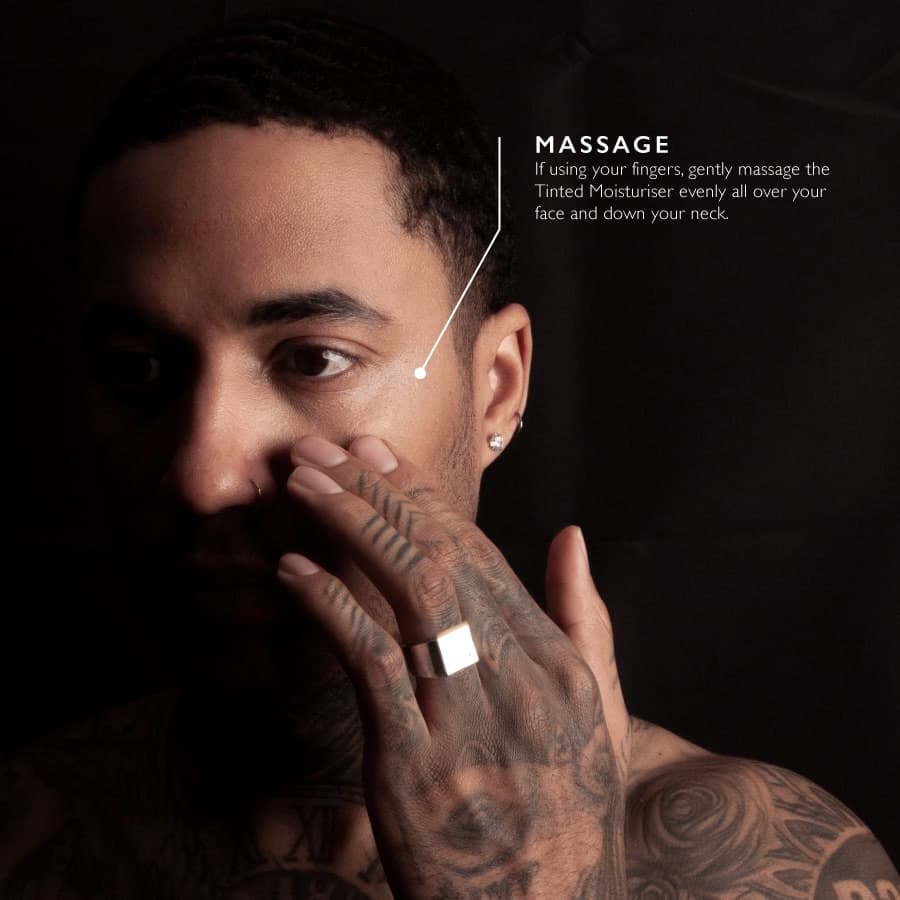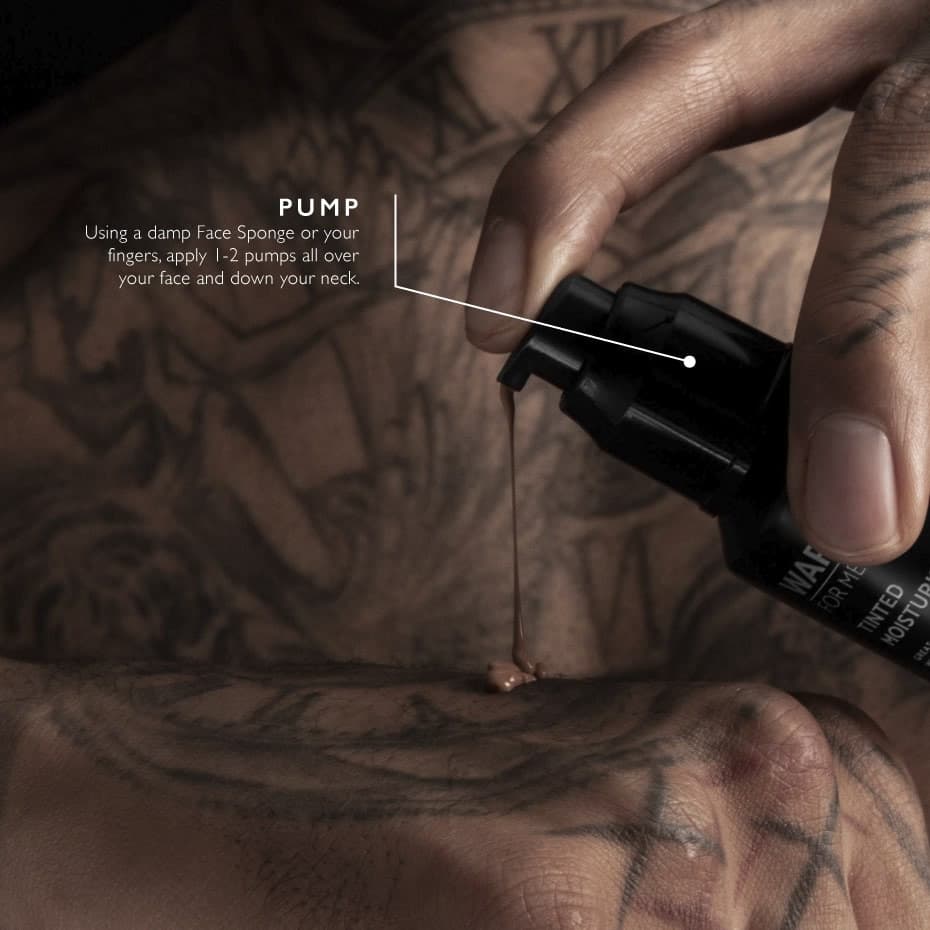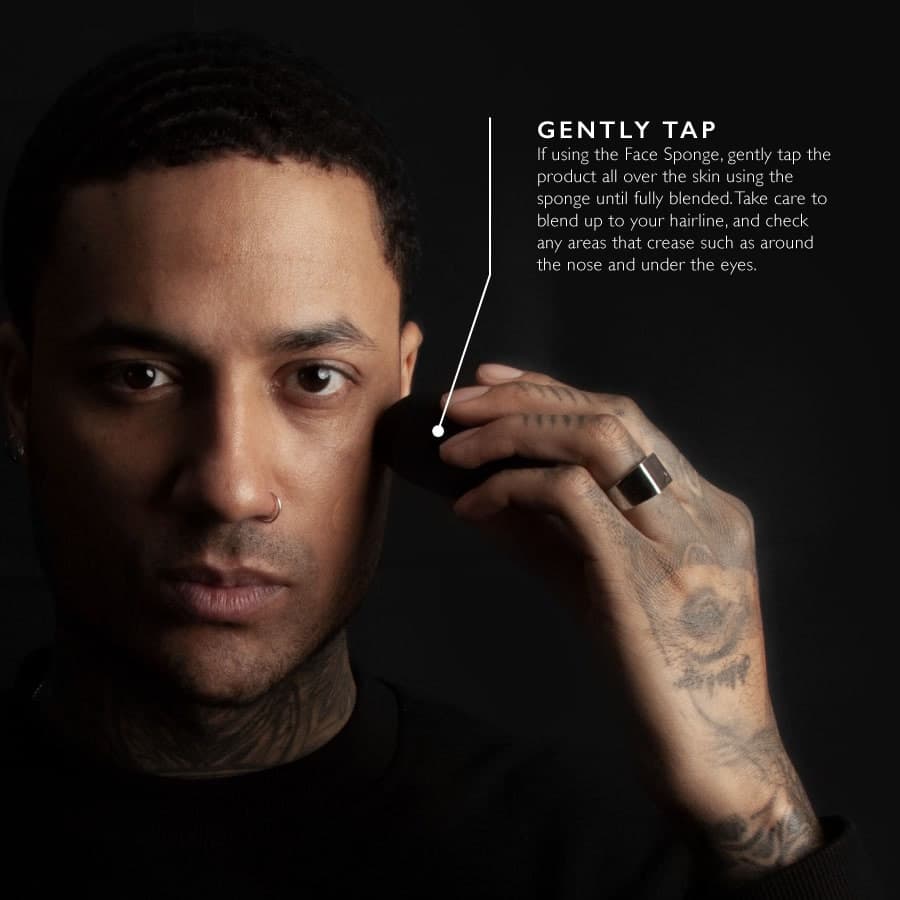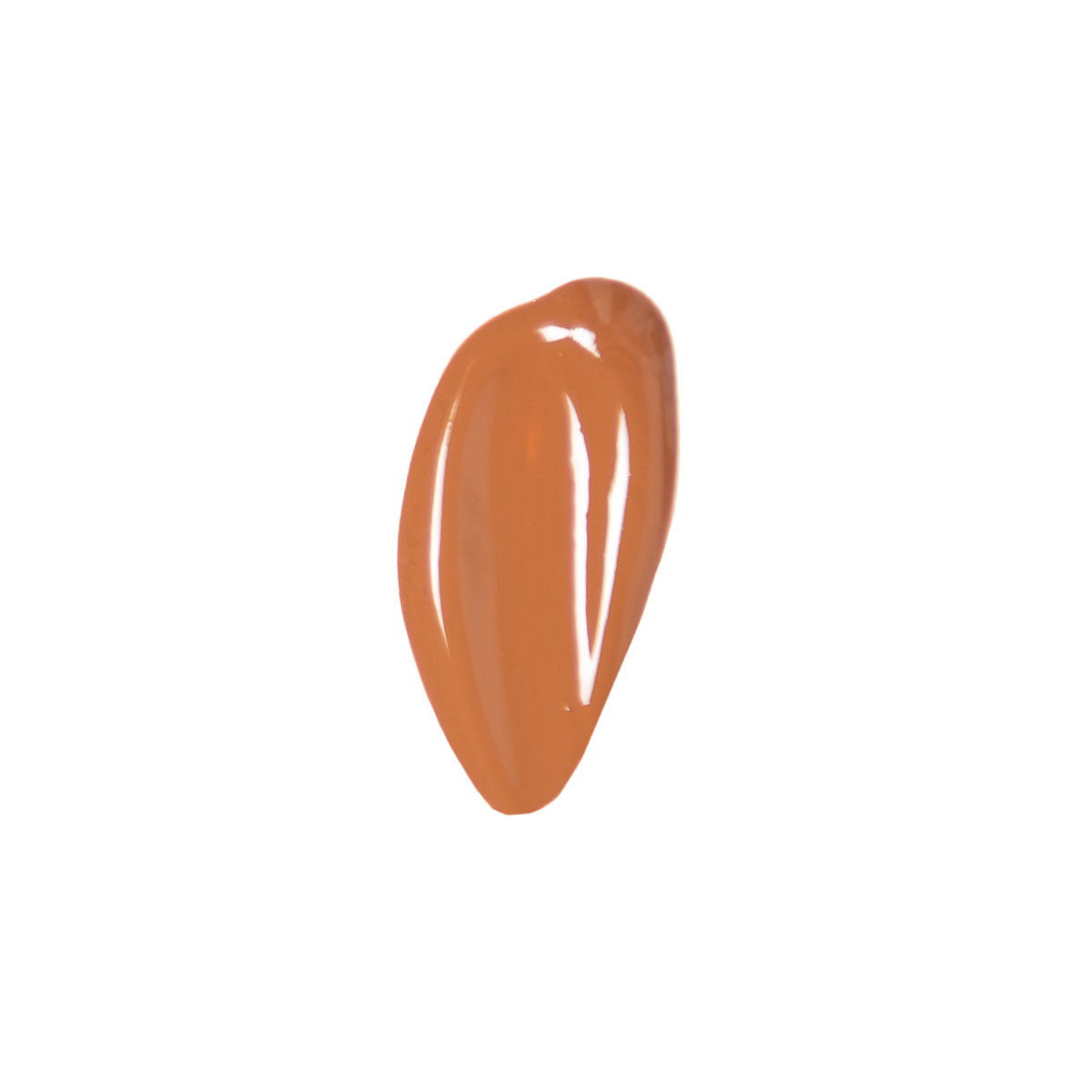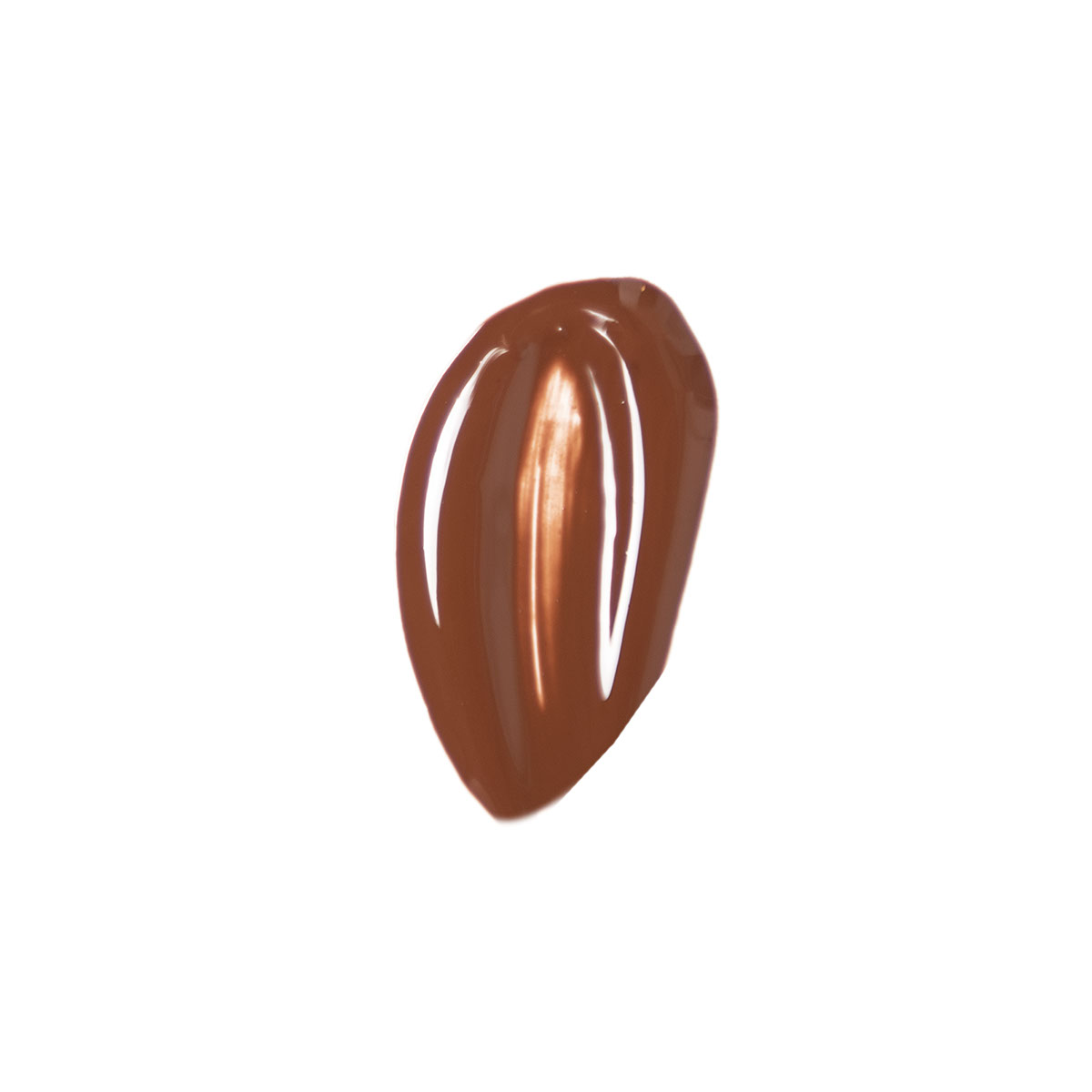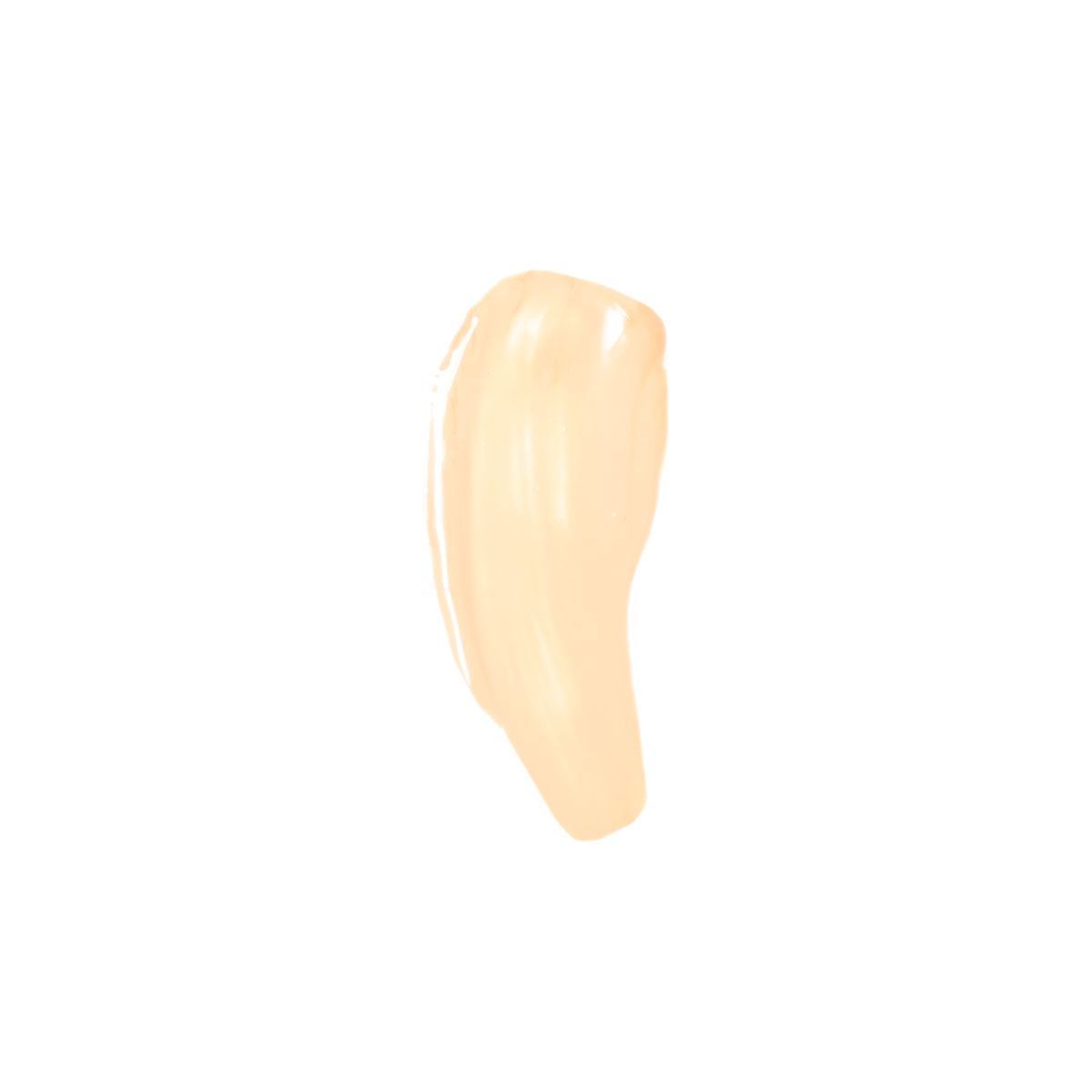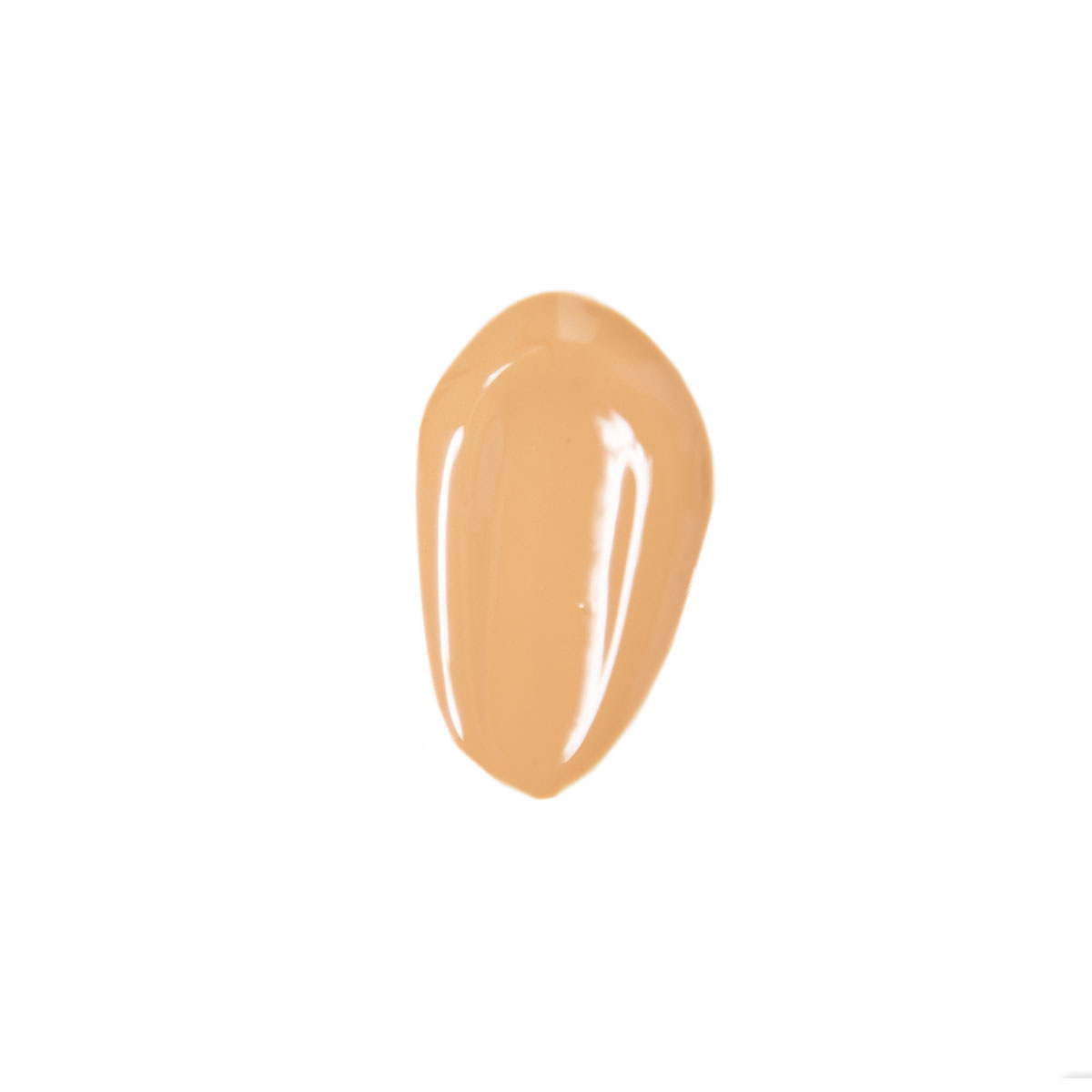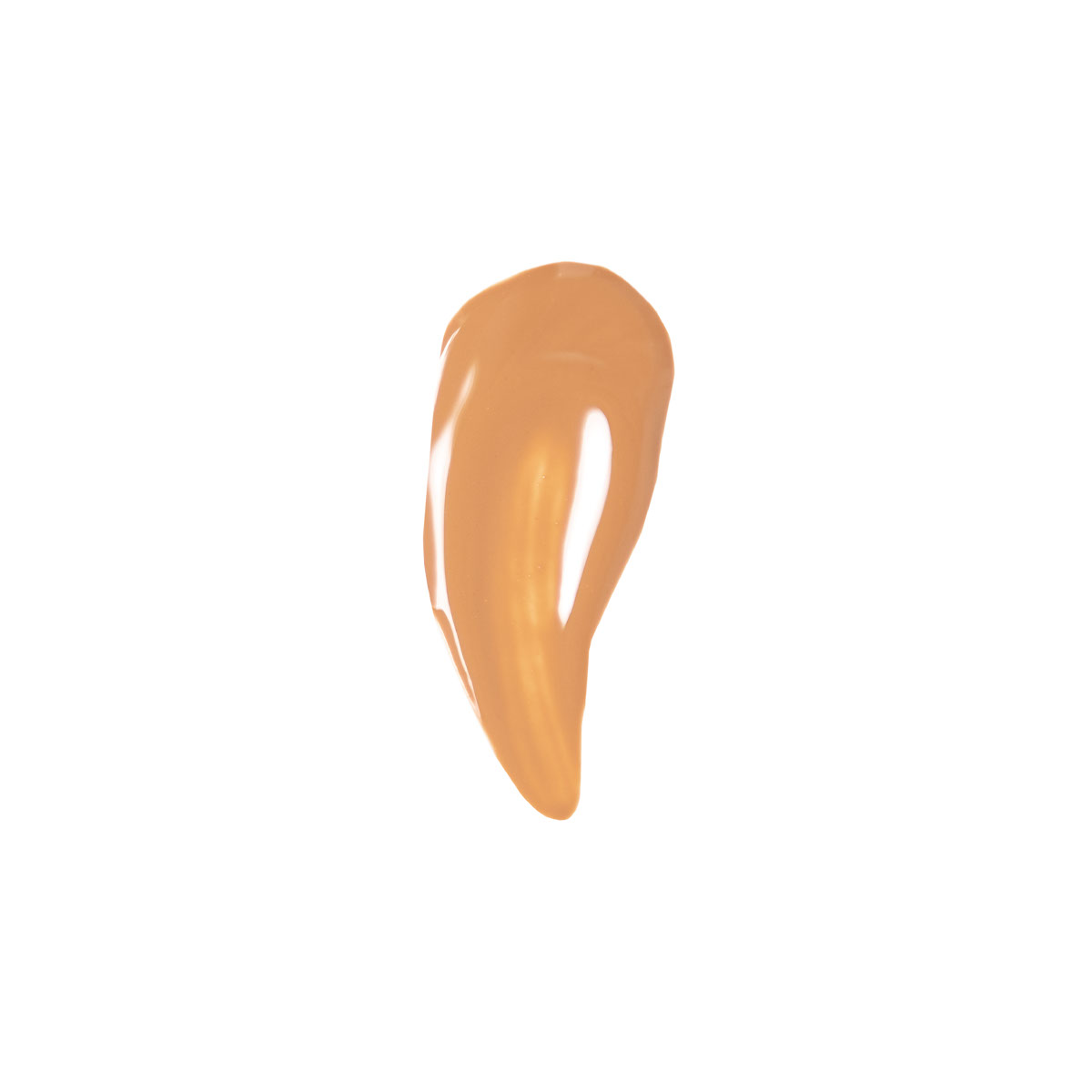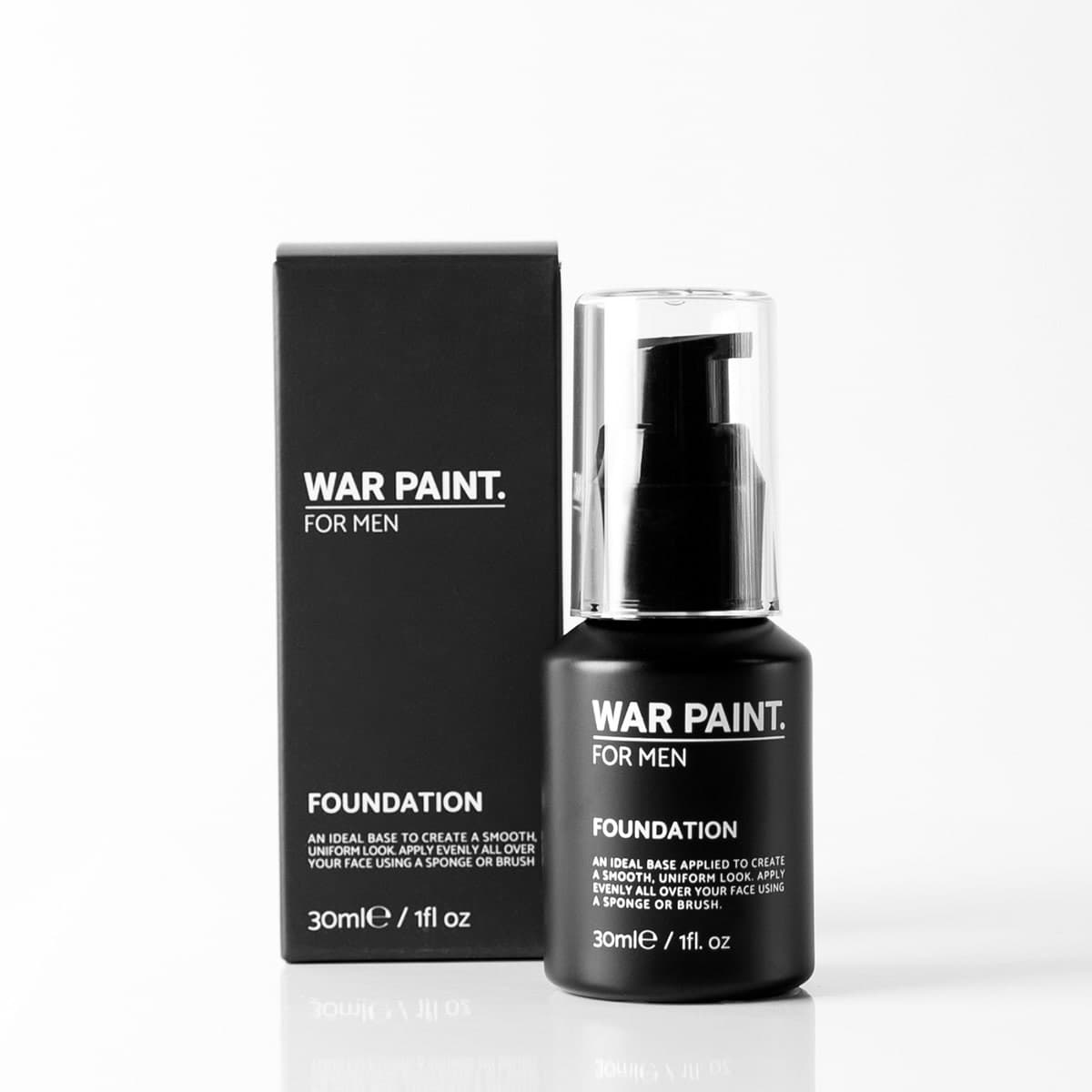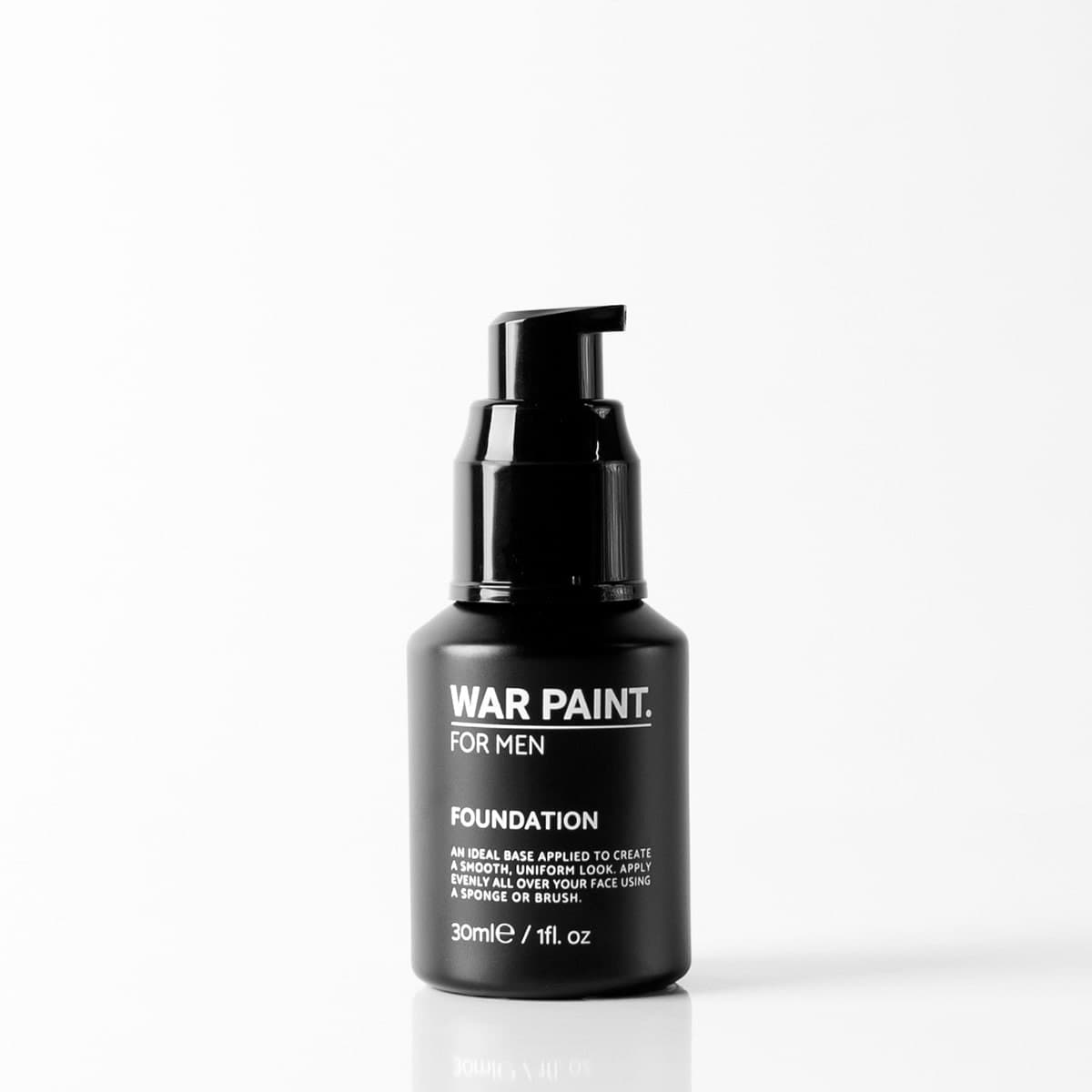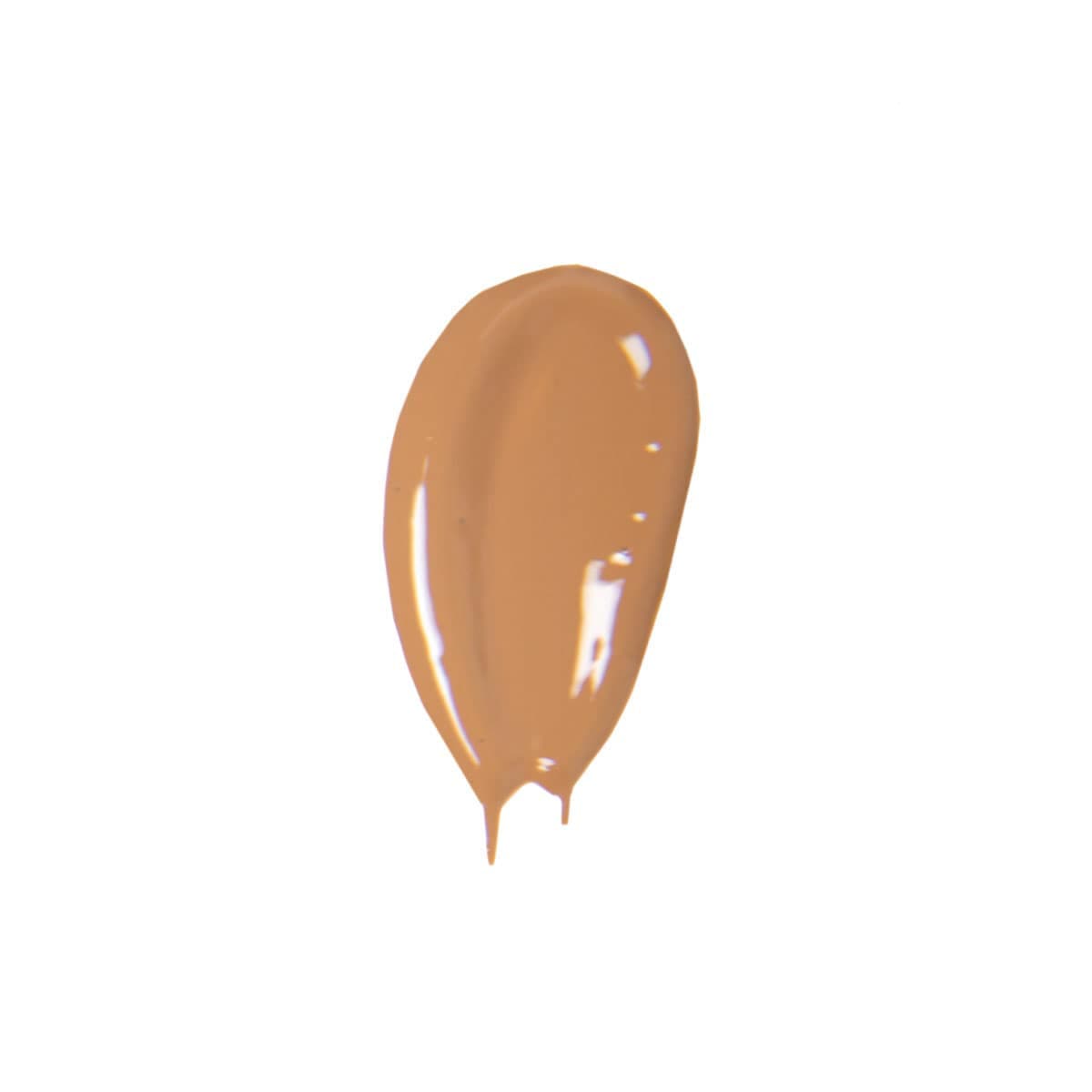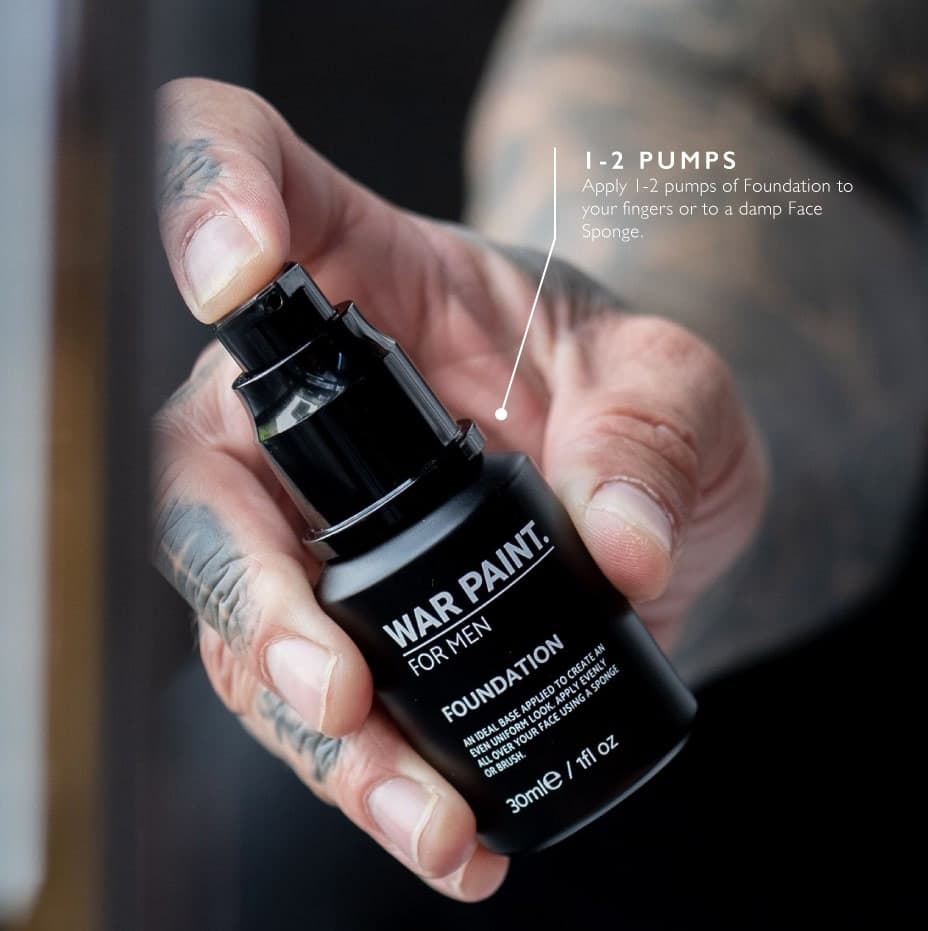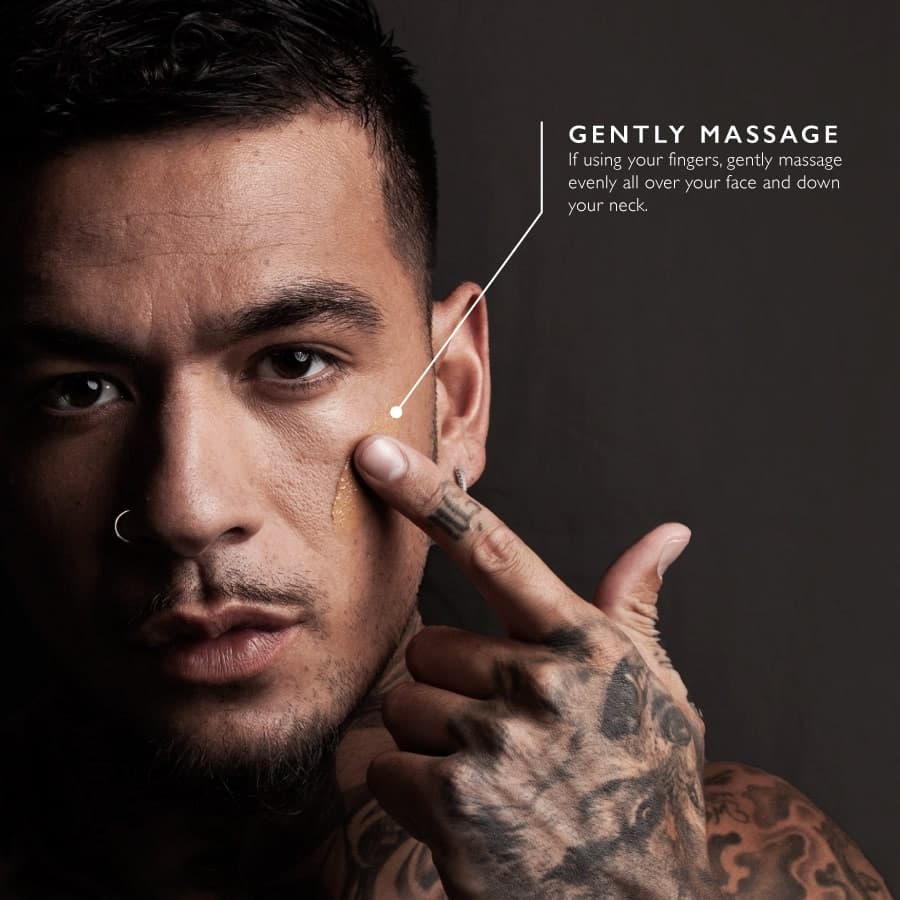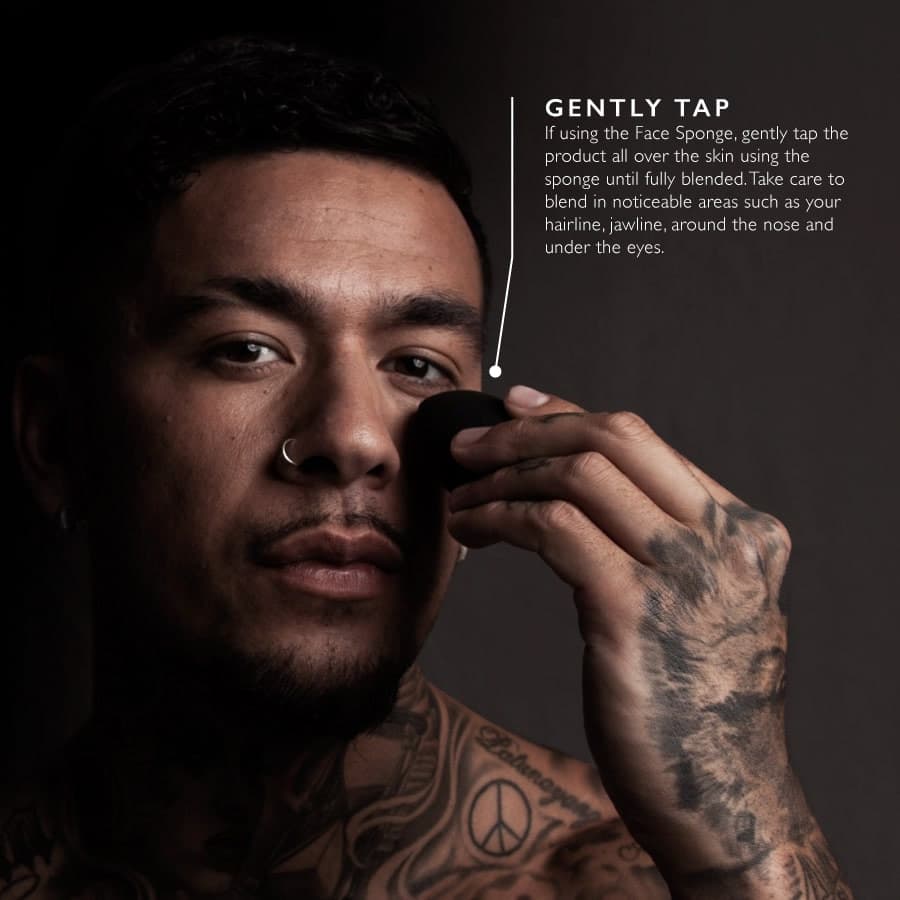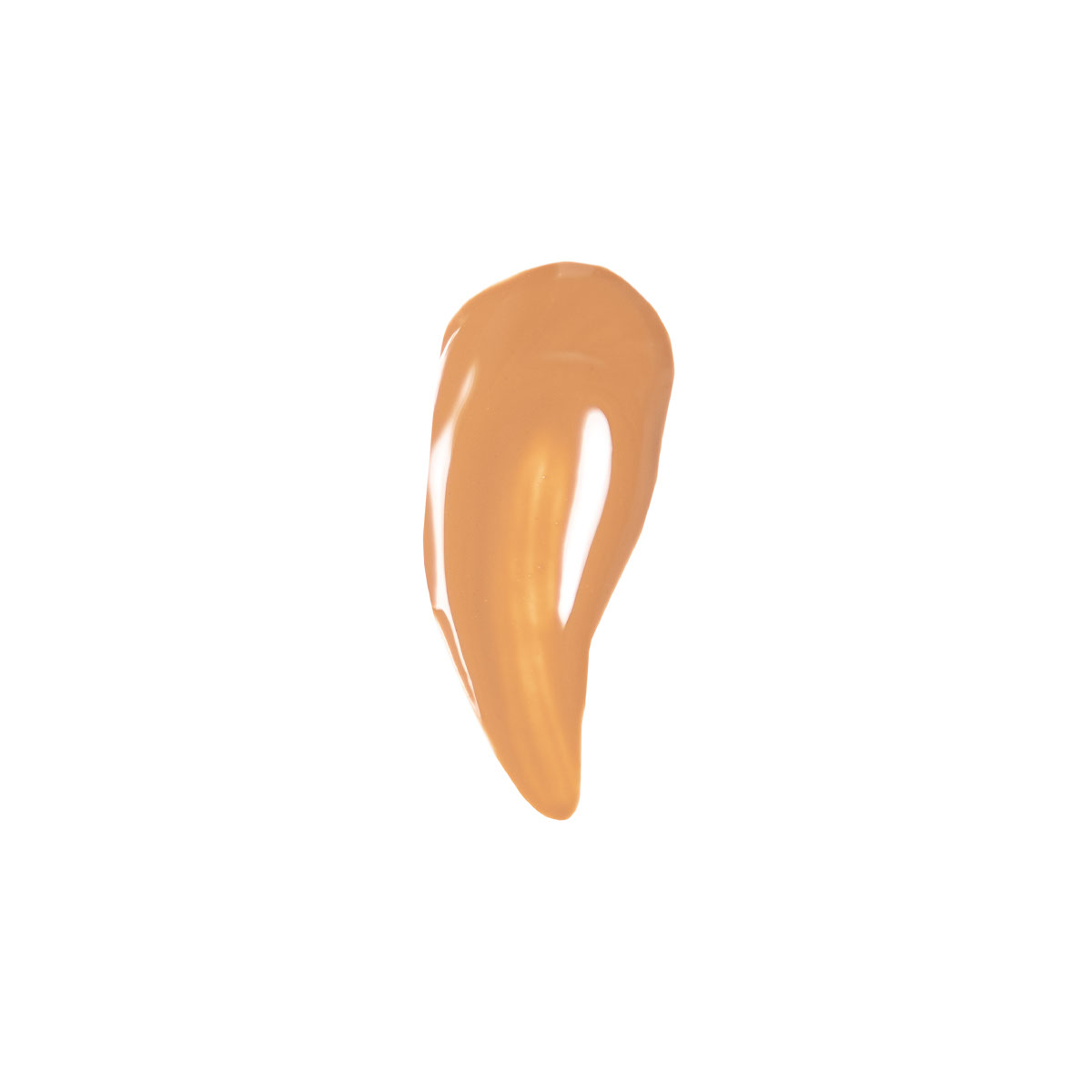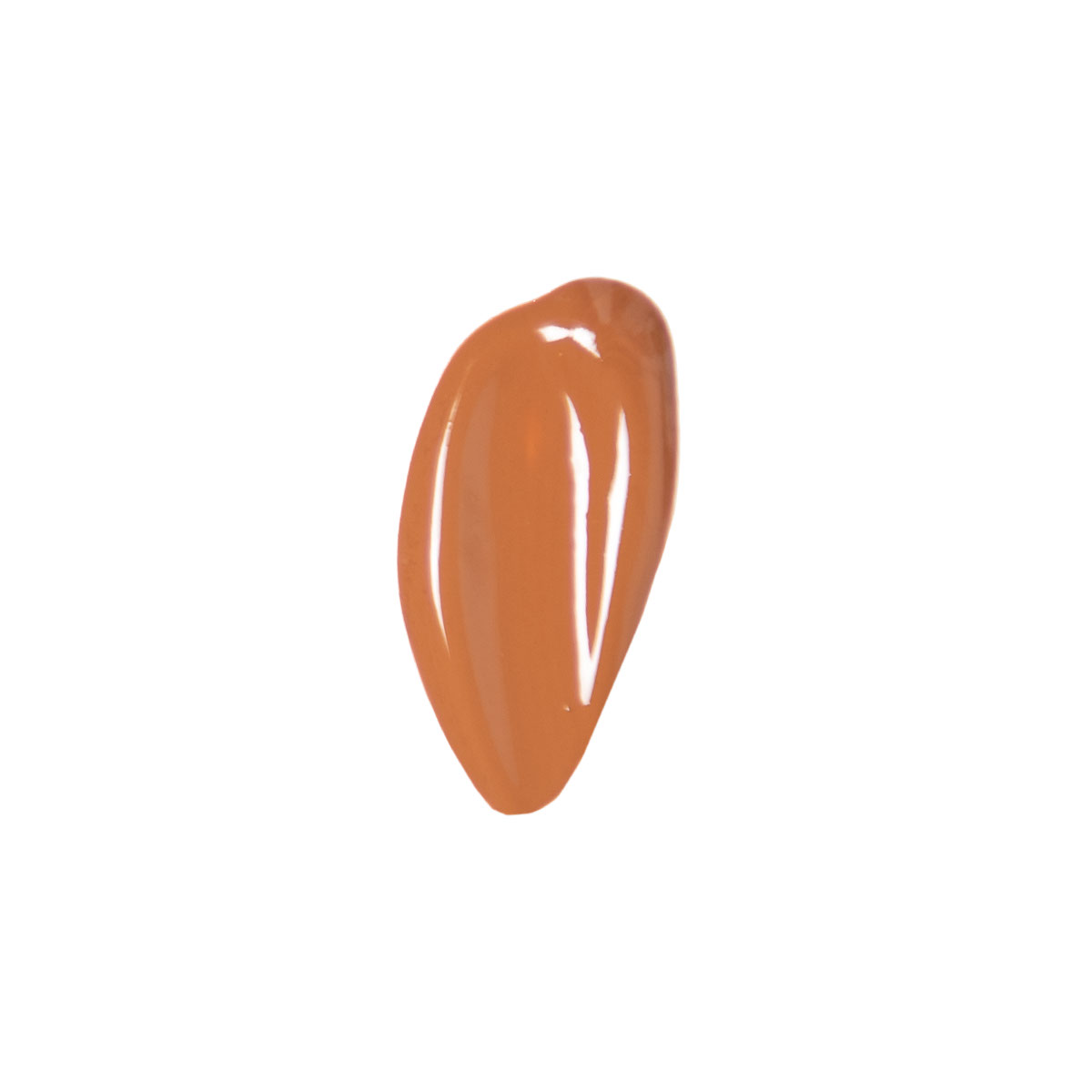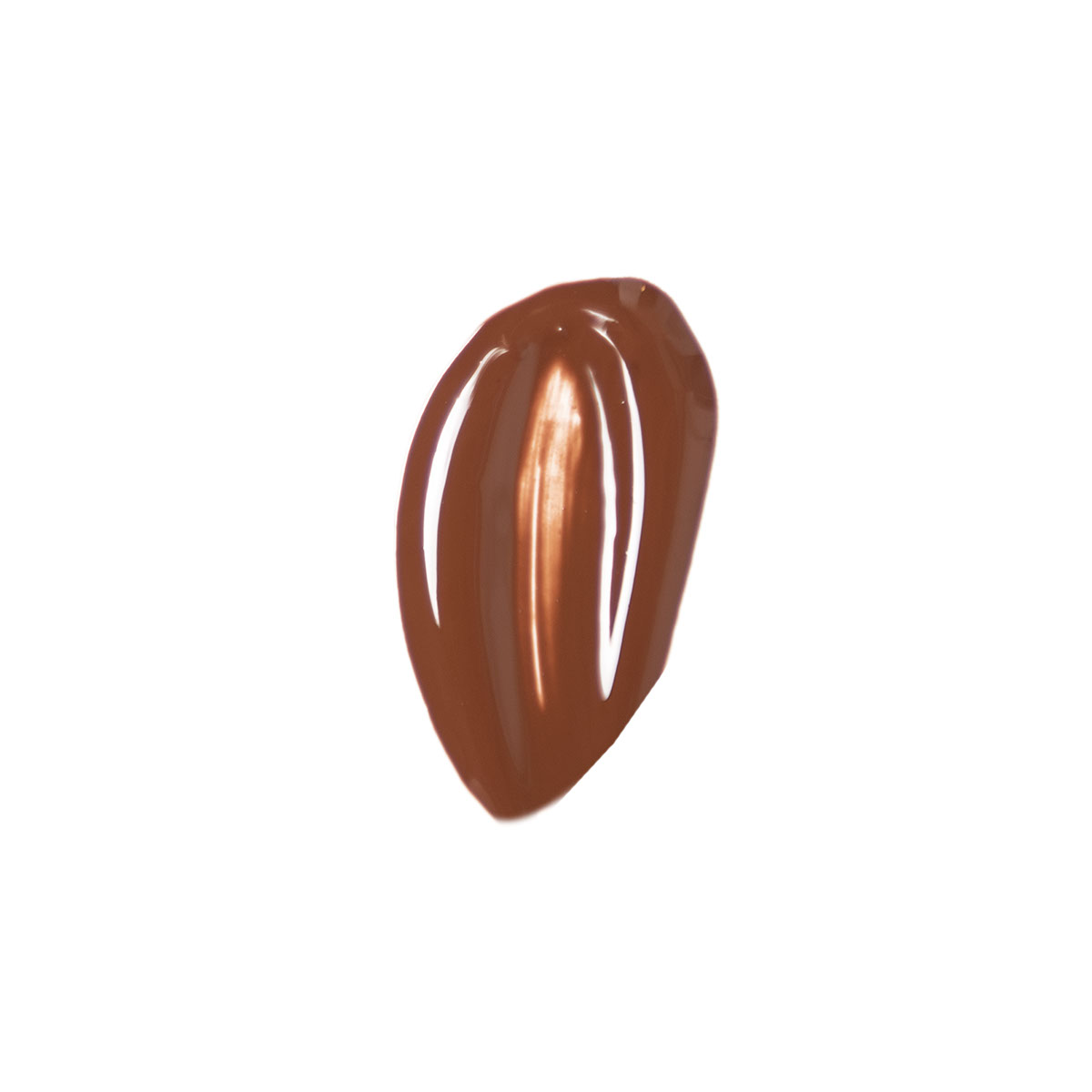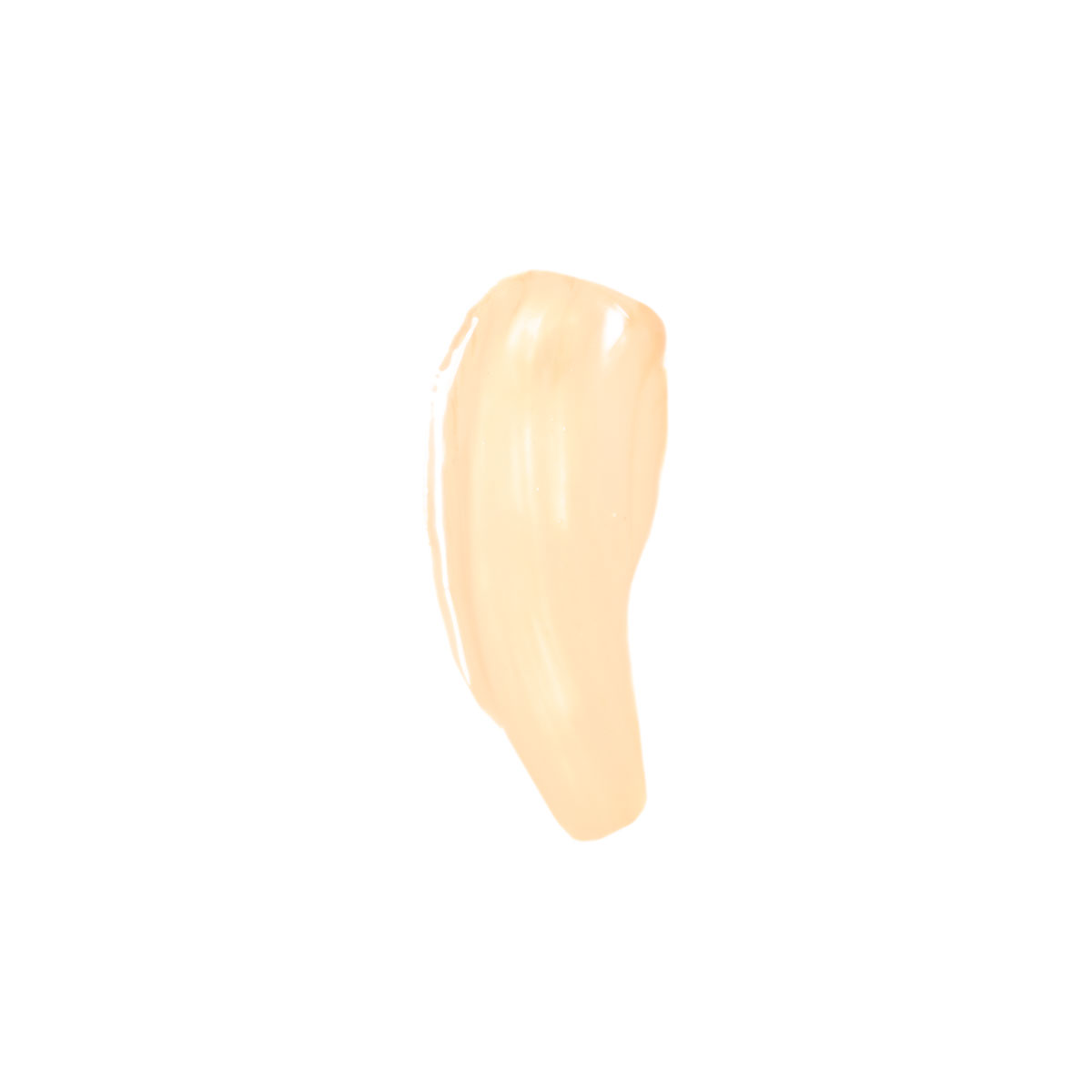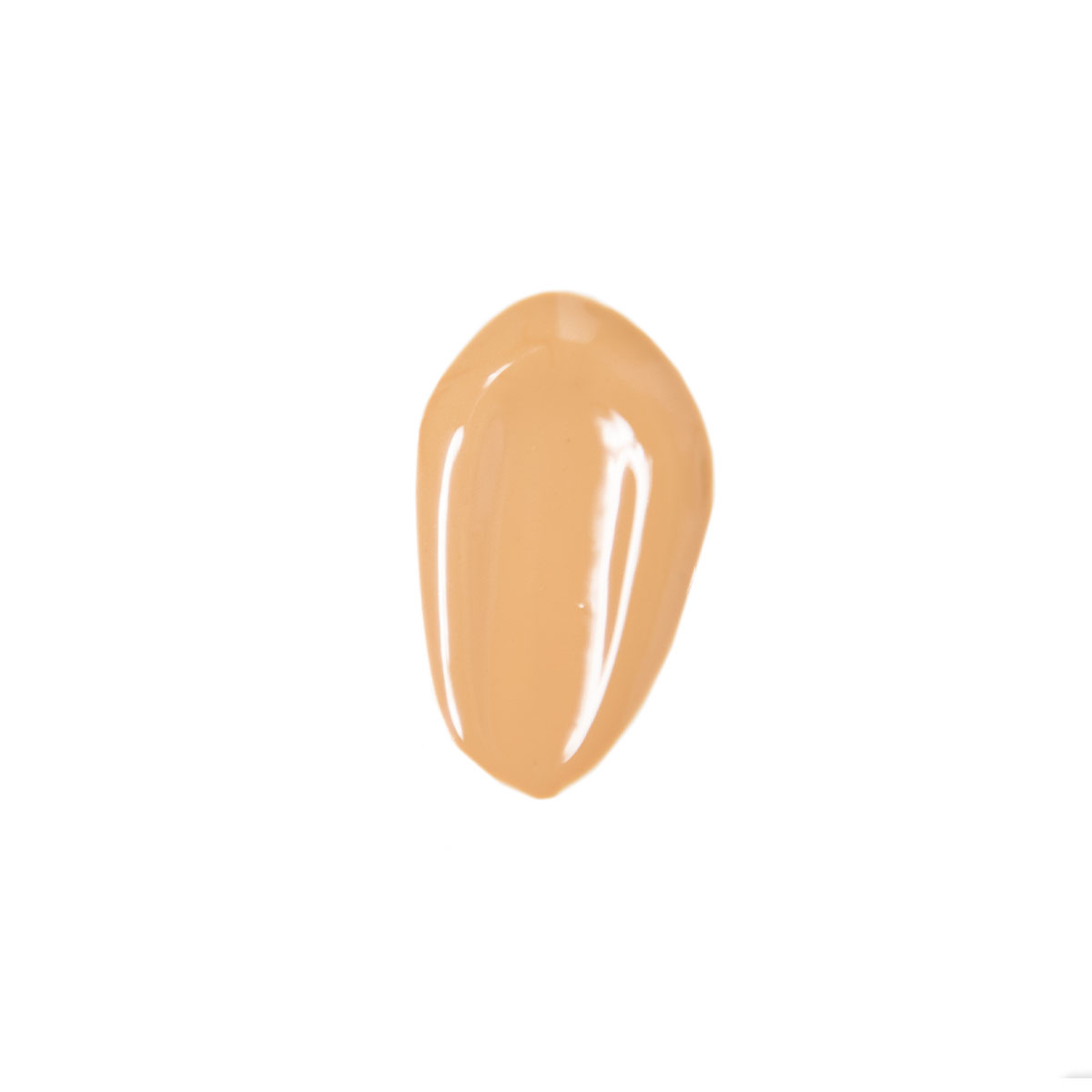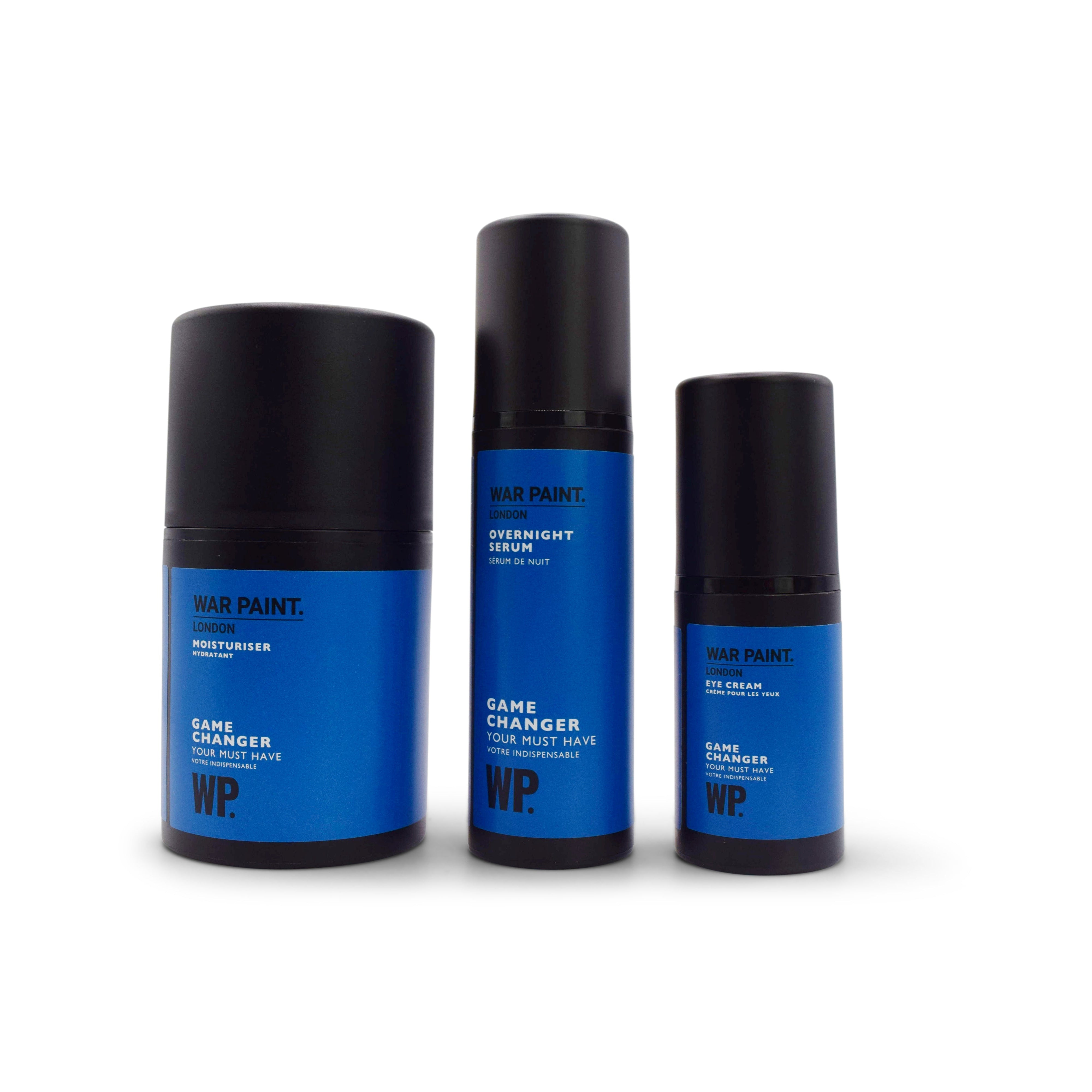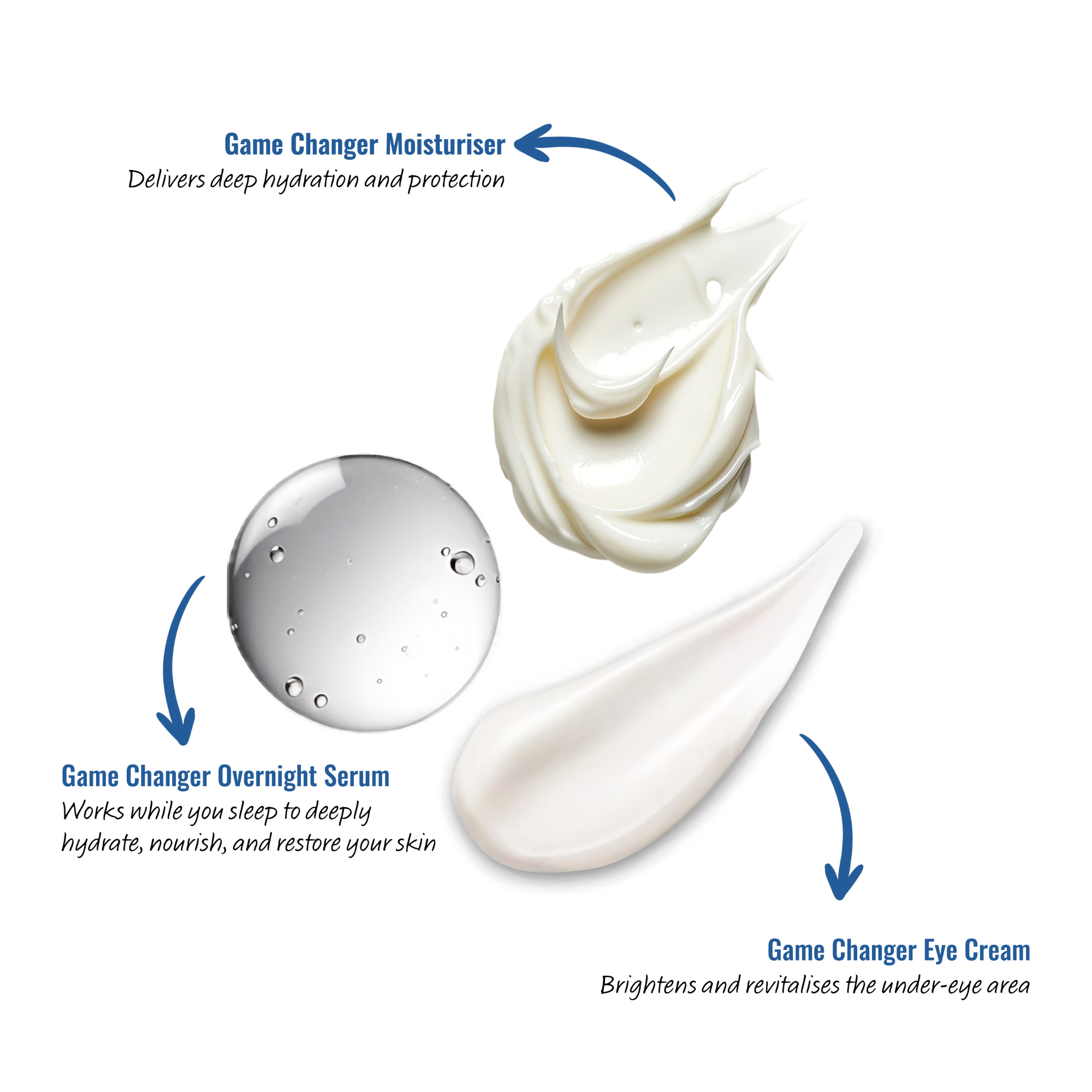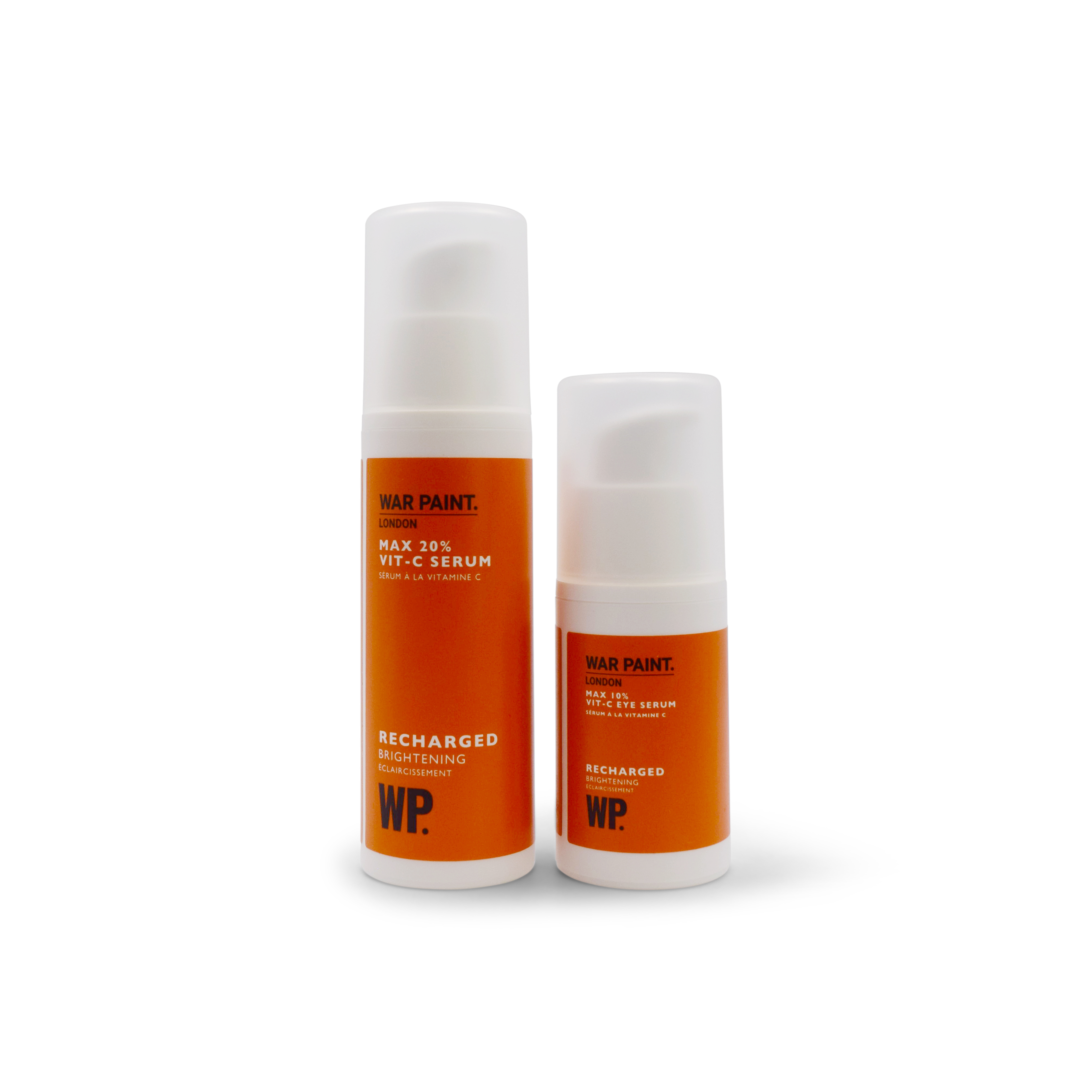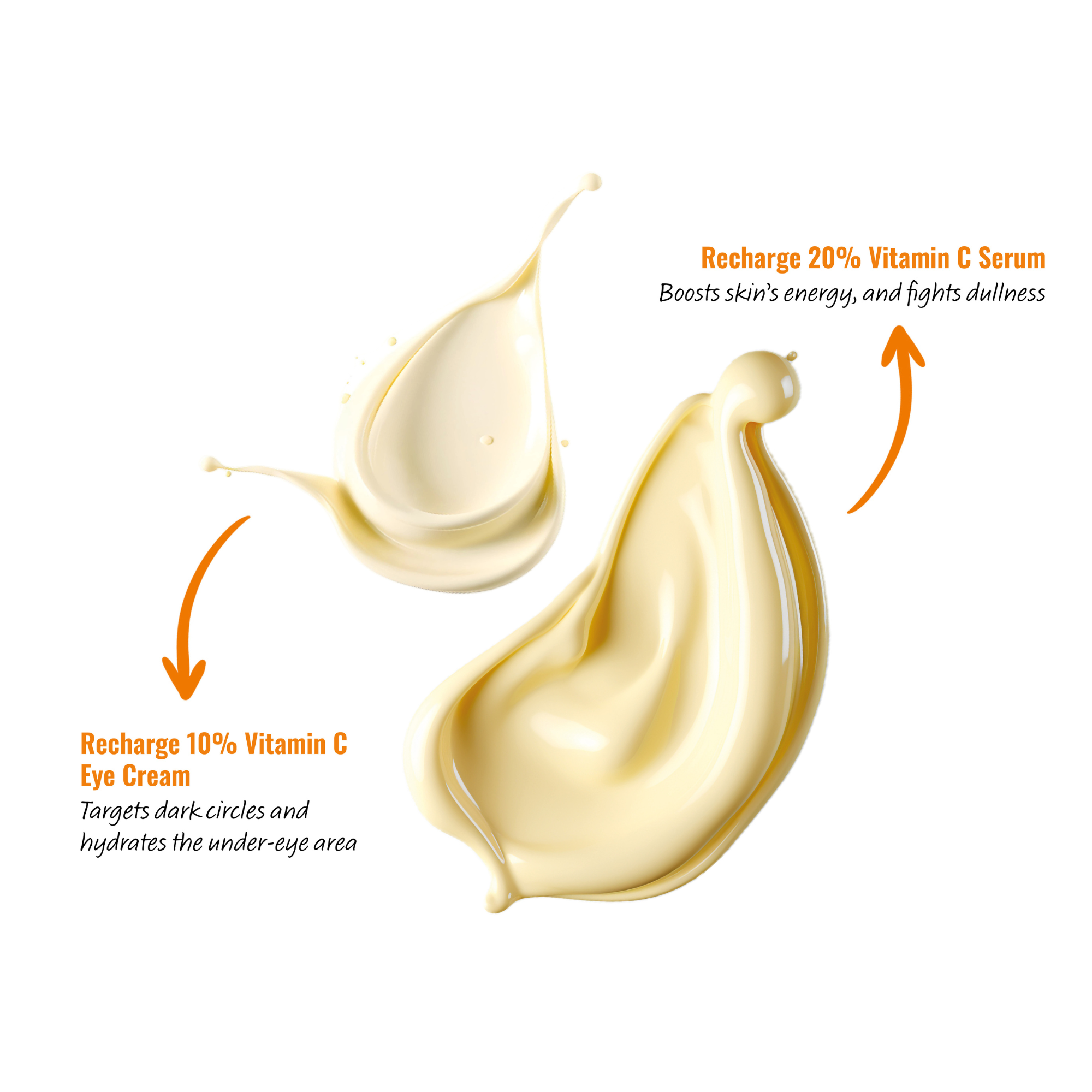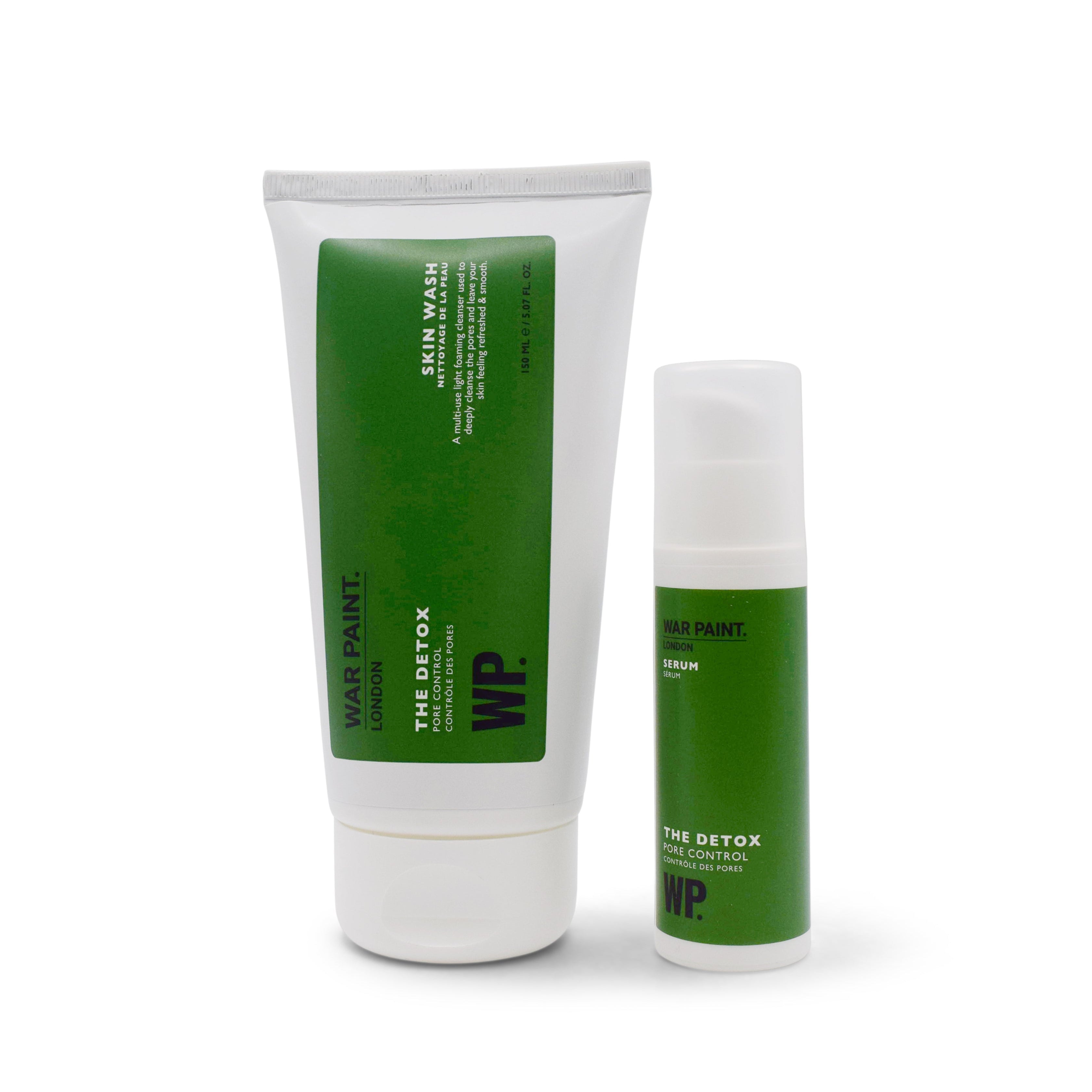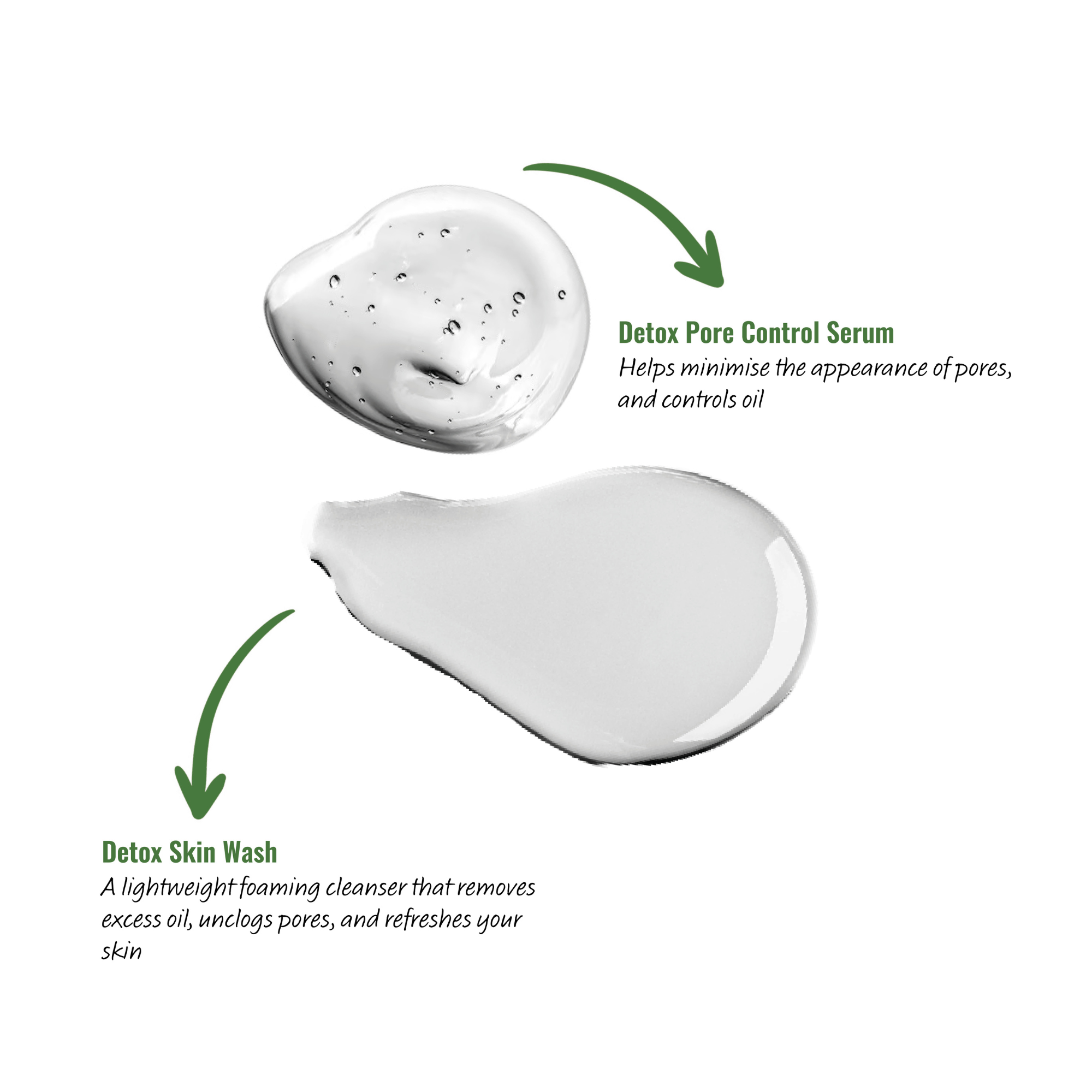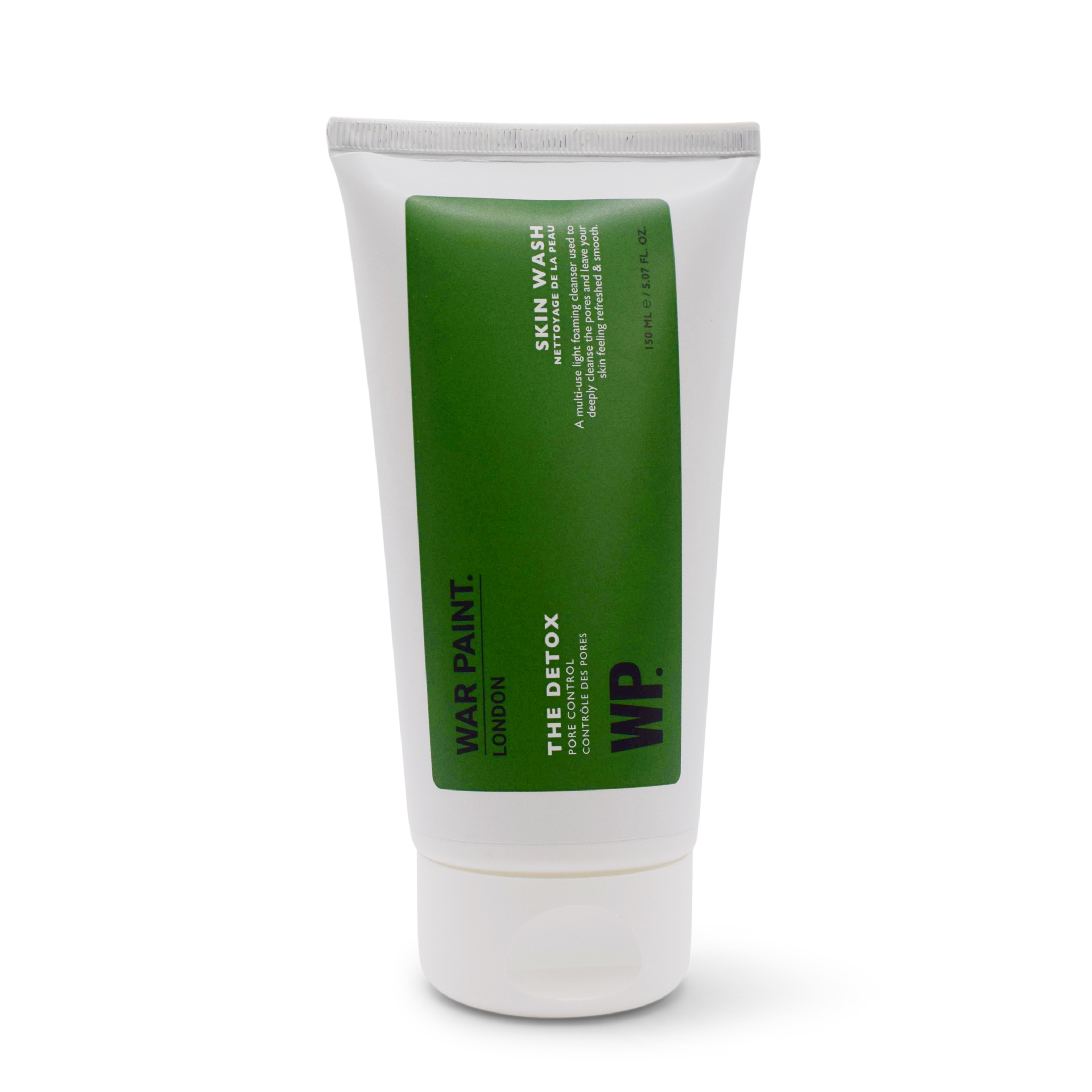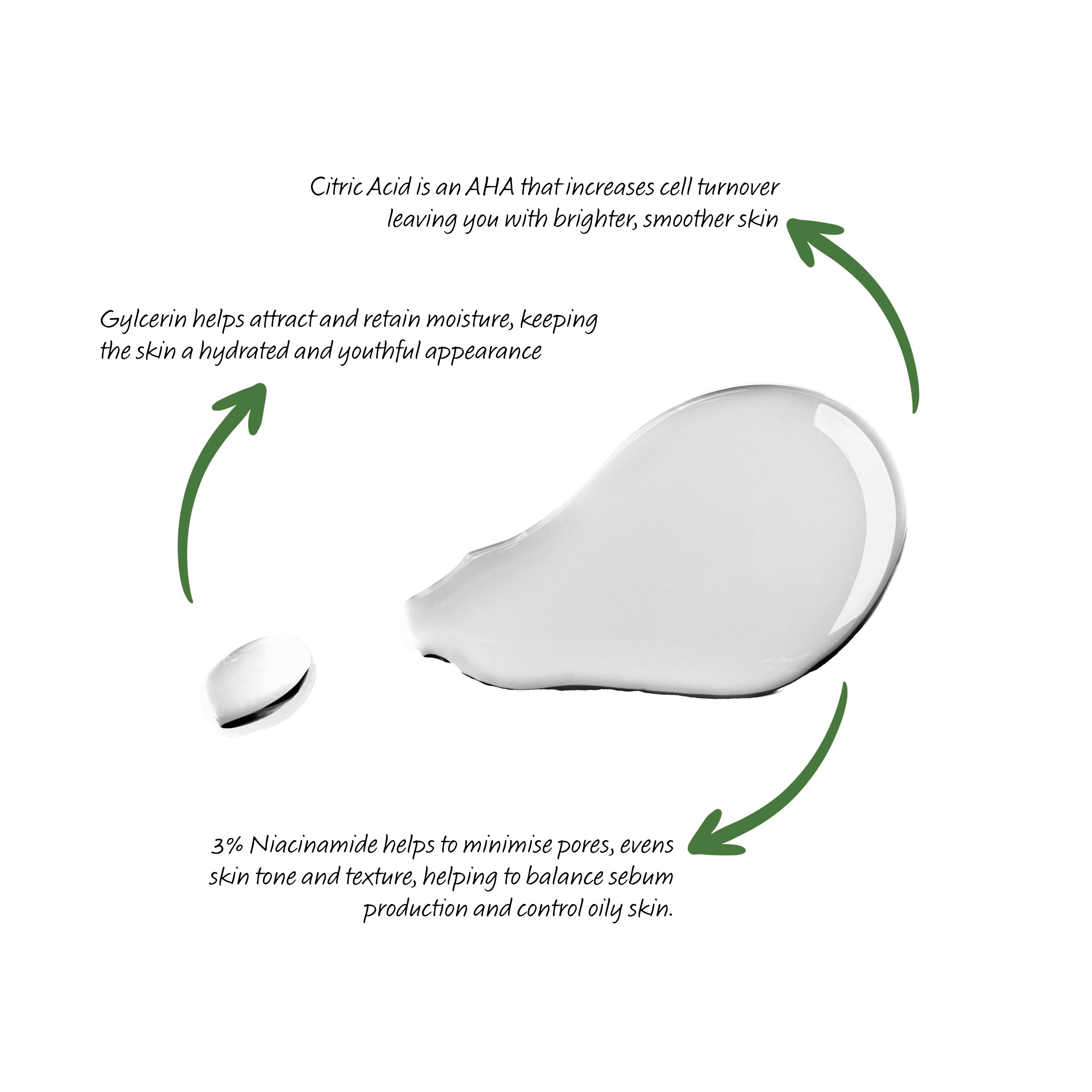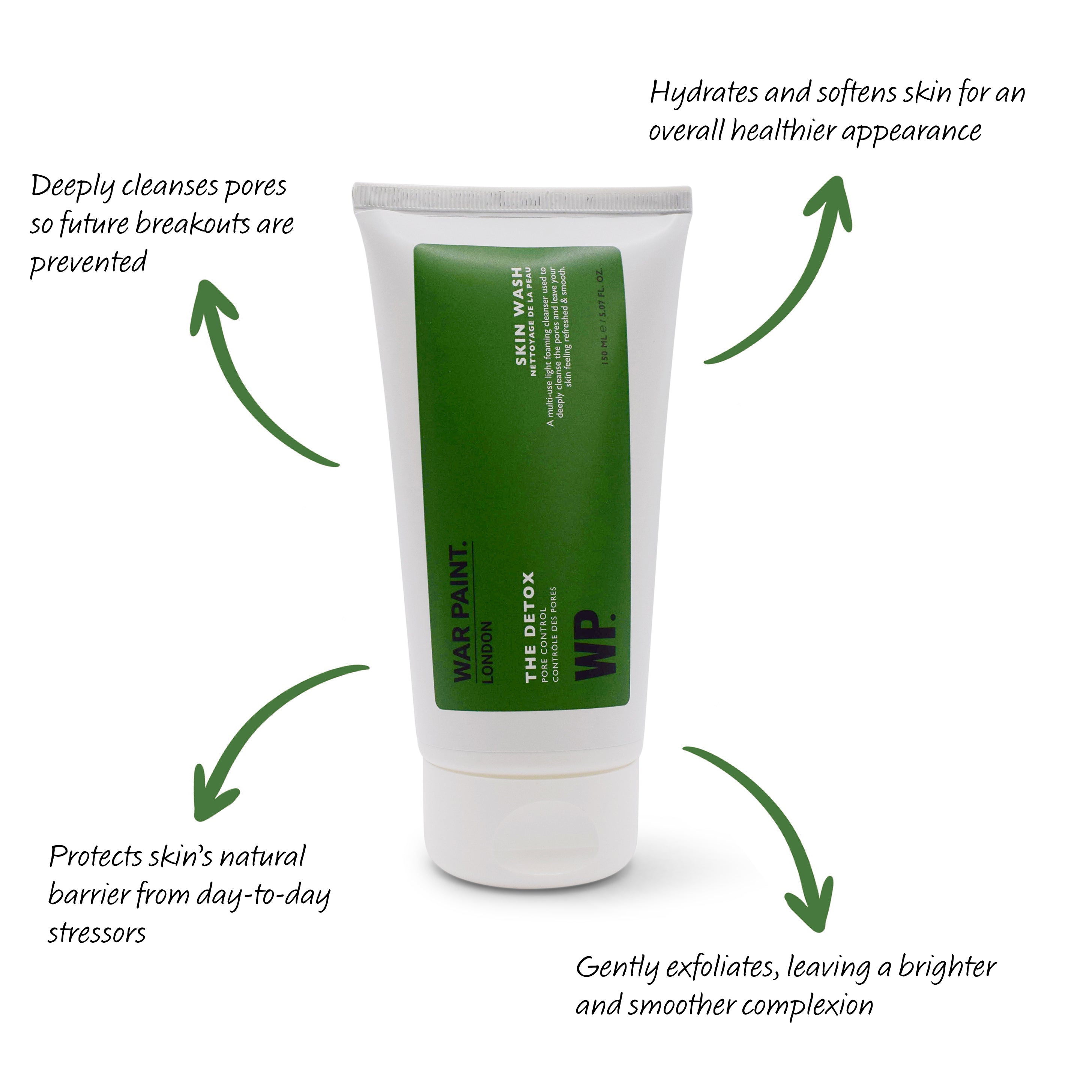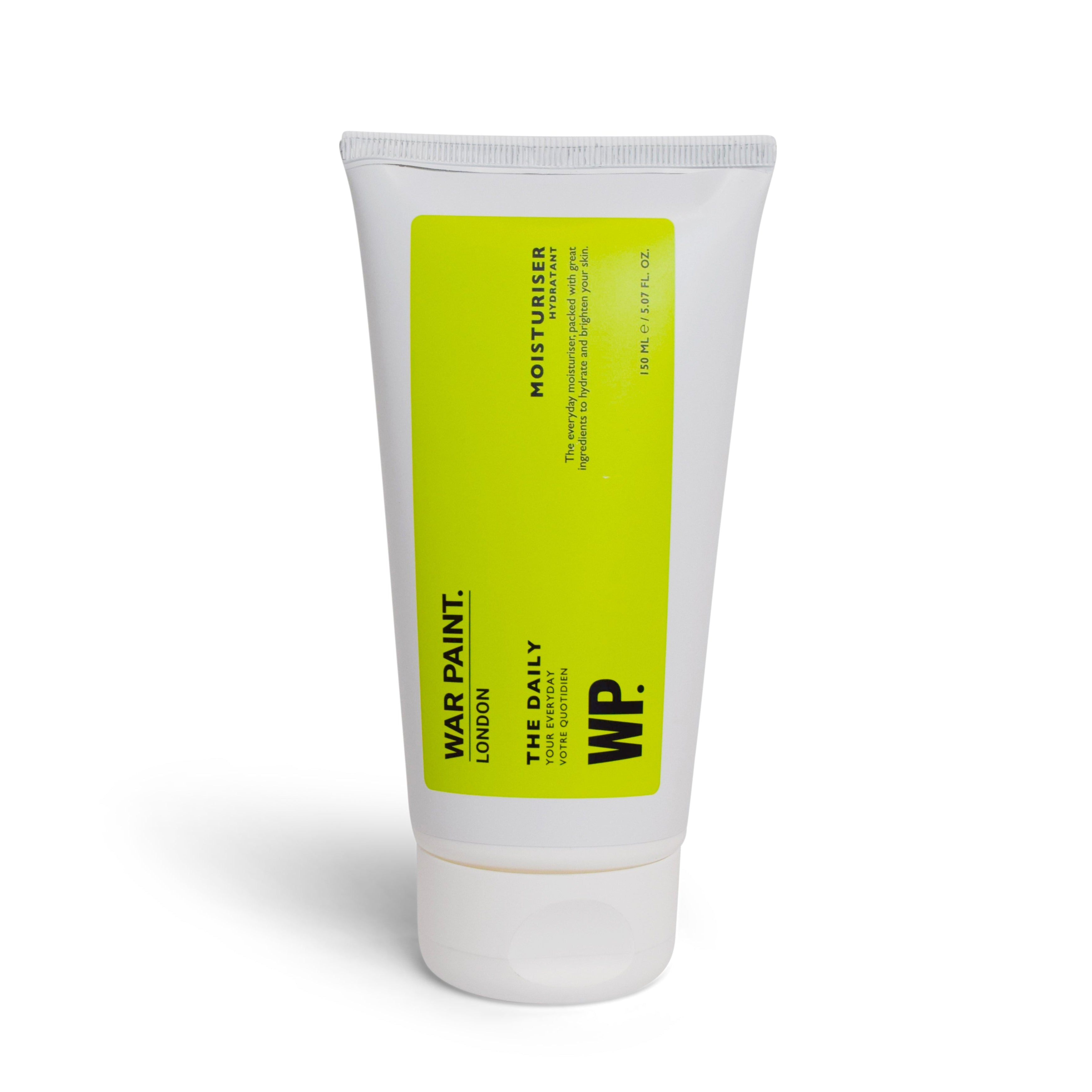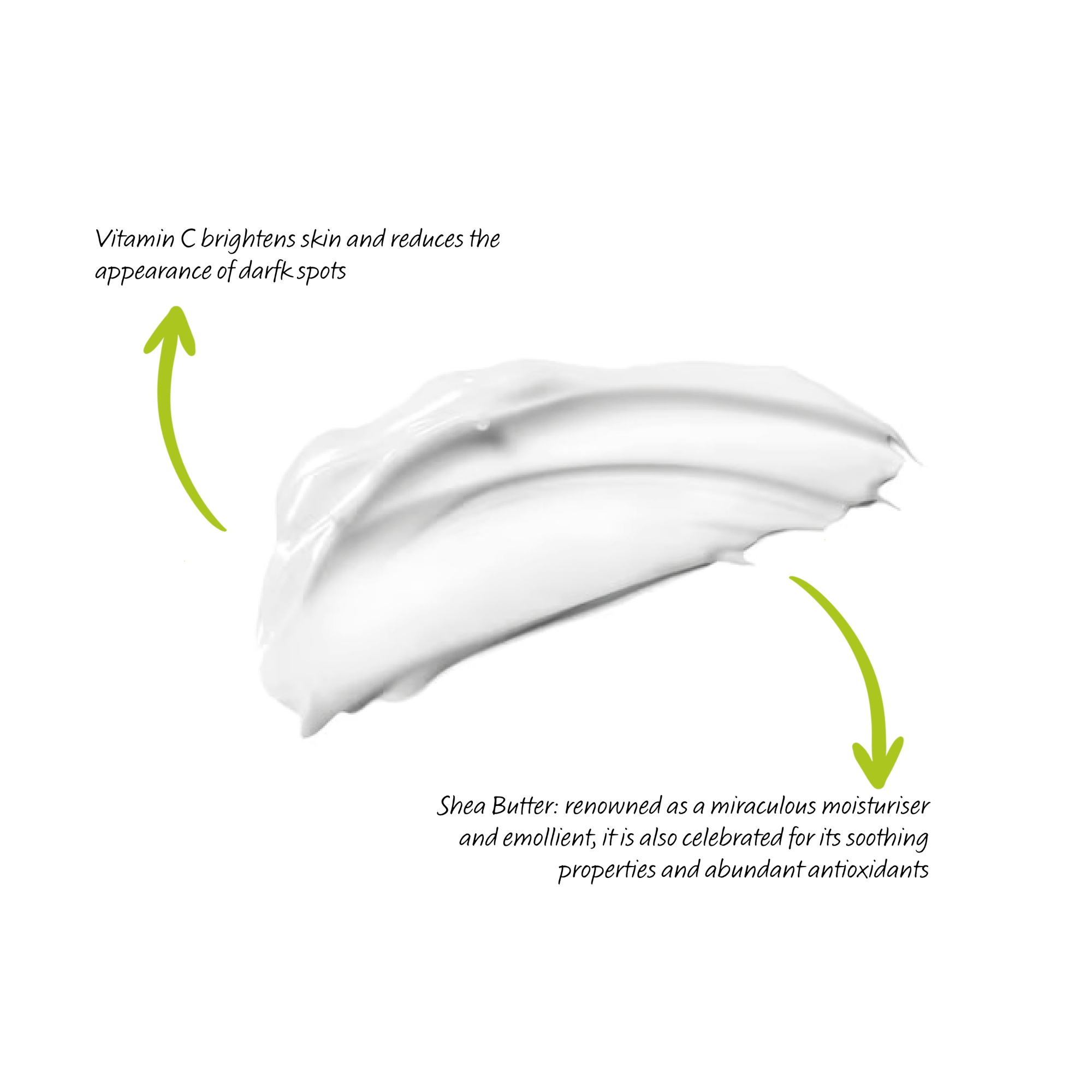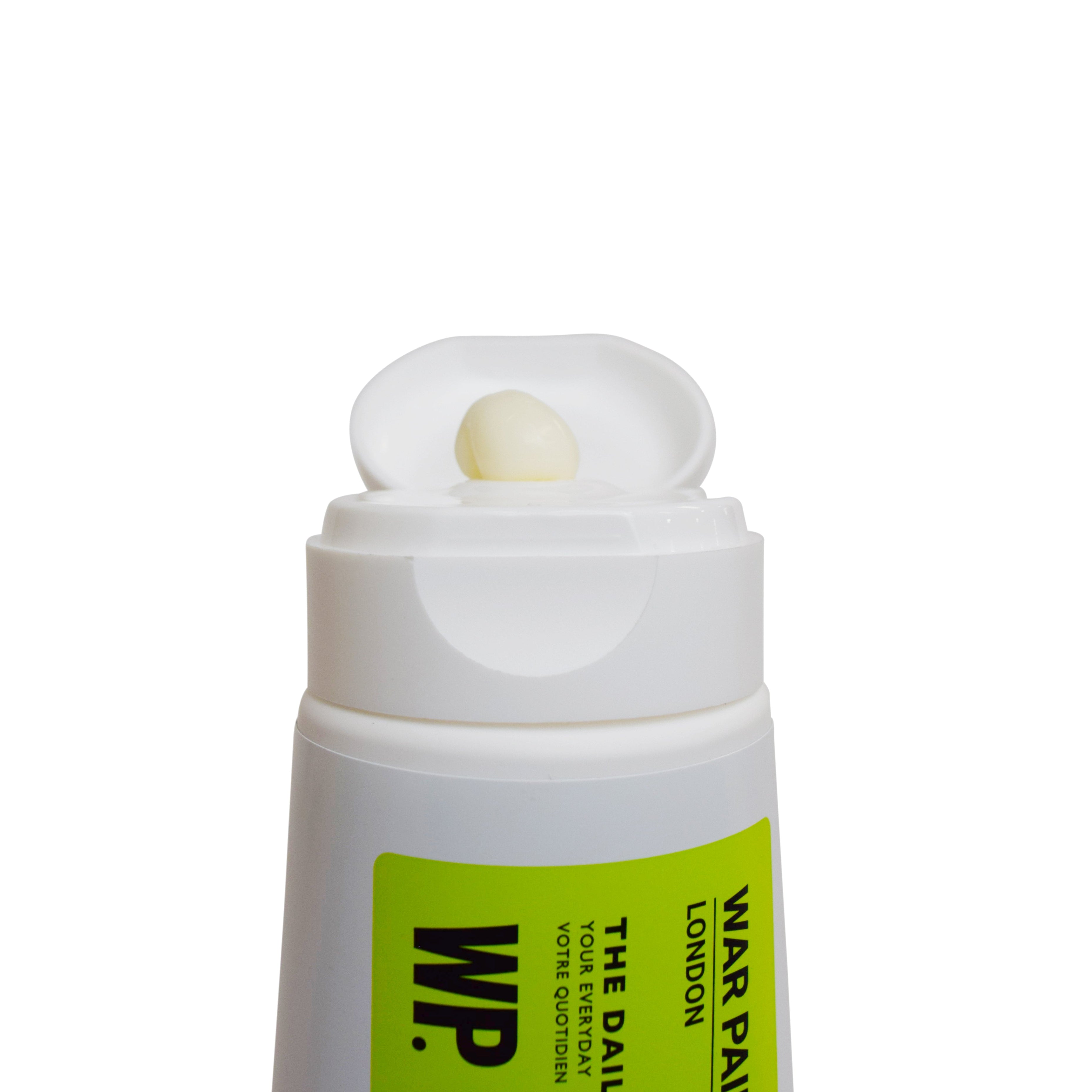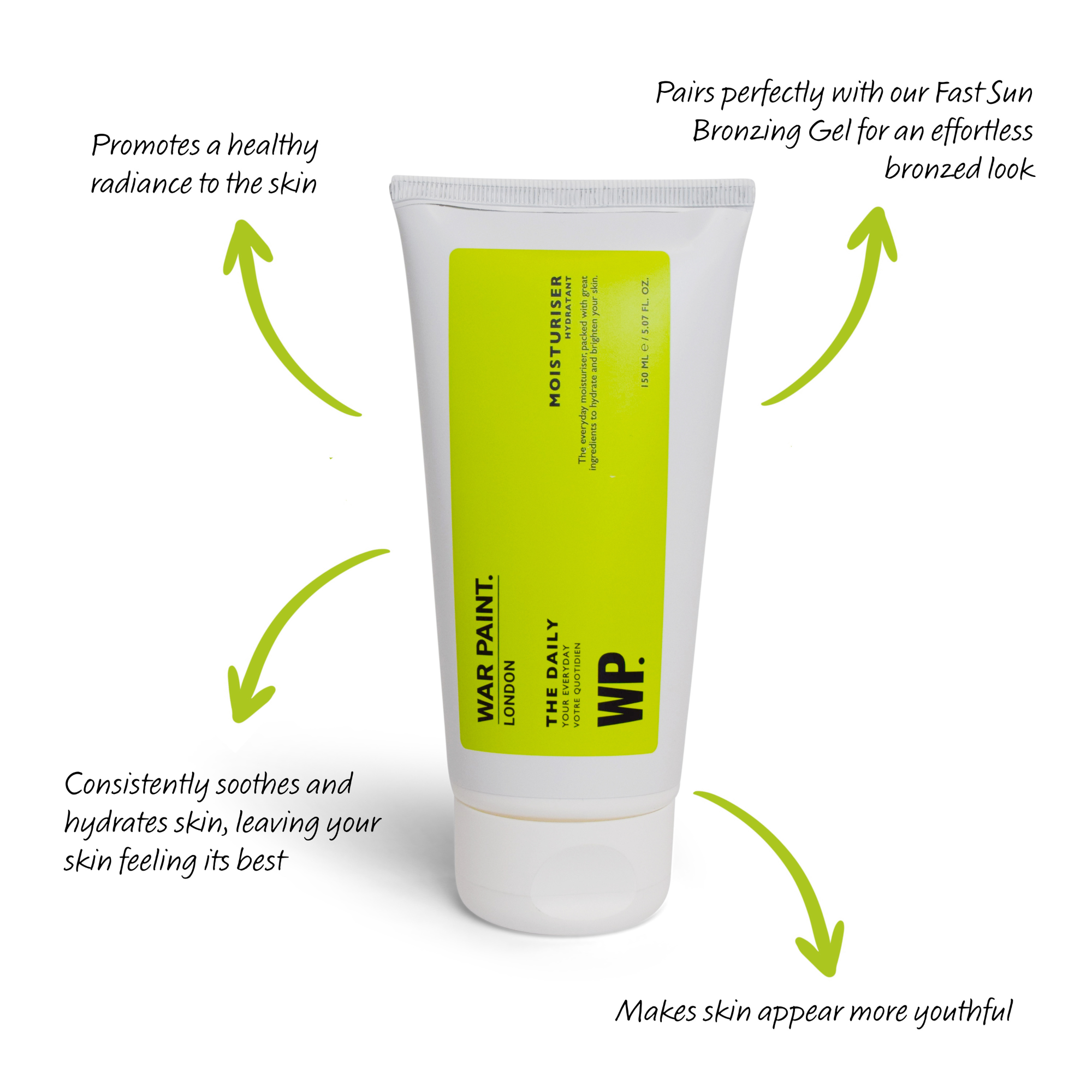Acne is a really common skin problem that affects people of all ages and genders. Anyone can be affected by it. As teenagers men are more prone to developing acne due to their higher levels of testosterone, however women are more likely to develop acne later in life. Yet so often men don’t feel like they can do anything about their acne because of a lack of knowledge, or not finding products out there suitable to them.
While acne can be frustrating and embarrassing, there are several effective ways to treat it. In this article, we’ll discuss the best ways to treat acne in men.
What causes acne in men?
Spots are caused by sebum, dirt and oil getting trapped in pores. These blockages can eventually turn into blackheads and whiteheads or become infected and turn into a spot.
Hormones play a huge part in acne. Testosterone can increase oil production in our skin, which can then get trapped in our pores, causing inflammation and breakouts. While men don’t experience a cycle of changing hormones like women do, there are things that cause changes to testosterone levels in the body, which can lead to more acne. For example, stress, exercise, sex, age, and genetics.
Hormonal acne often involves the lower half of the face including the cheeks, jawline, chin, and neck. Hormonal body acne is also common because men have a higher density of sebaceous glands per hair follicle on their chest, shoulders, and back.
It’s a common misconception that bad hygiene causes acne. While it’s good to keep good hygiene, washing your face all the time won’t stop acne if it’s something you’re genetically prone to. Also, washing your face too often can actually put your natural skin pH out of balance, and lead to excessive dryness or even overproduction of oil.
If your acne is bothering you, a proper skincare routine is essential for keeping acne under control. Pair this with a couple of lifestyle changes, which we cover later in the article, and you’ll see a noticeable difference.
Topical treatments for acne in men
While sometimes it might feel like there’s nothing you can do about your acne, or whatever you’ve tried in the past just doesn’t seem to fu*king work – there are effective over-the-counter topical treatments for acne that will make a difference to your skin. The biggest things to remember with any skincare treatment are; be consistent, be patient, and be kind to yourself.
It can take a long time to get acne under control. You’re unlikely to see noticeable differences in days or sometimes even weeks. But don’t give up. All good things take time and work.
The best ingredients to tackle acne are those that exfoliate the skin. You’ll want to use chemical exfoliators, rather than physical exfoliators like you might find in a typical face scrub. This means the ingredient will help your skin to exfoliate away dead skin cells, and dissolve oil and dirt that eventually might cause spots. Some key ingredients you’ll want to look out for are retinoids (also known as vitamin A), benzoyl peroxide, azelaic acid and salicylic acid.
Some tips to help you get the most out of using these ingredients:
- Because they’re exfoliating the skin, it’s important to take extra care to protect your skin from the sun using SPF every day. That’s right, every day.
- If you’ve never used powerful ingredients like these on your skin before, ease yourself into it. Start by just using them in the evening a few times a week, and over the course of a couple of weeks work up to using them twice a day. If your product says to just use it once a day, follow the instructions.
- Exfoliating ingredients could cause some dryness. Use a moisturiser designed for oily or acne-prone skin to help counteract this and keep your skin barrier in good condition.
- Add more calming ingredients to your skincare regime alongside anything that’s exfoliating, like aloe vera, niacinamide and witch hazel.
Prescription medications for acne in men
If you’ve experienced acne for a long time and haven’t found any kinds of topical treatments to work effectively on your skin, you could talk to your doctor about medication. Be aware that doctors may be reluctant to give out medication if you’ve not tried topical treatments first.
There are several different types of antibiotics men can use to help calm severe inflammatory acne. They work by killing the bacteria that causes spots. It’s possible to become resistant to antibiotics if they’re used for too long, so most courses of antibiotics will last 3-4 months maximum before you’ll need to be re-evaluated by a doctor. You may be offered; doxycycline, minocycline, trimethoprim-sulfamethoxazole, erythromycin or amoxicillin. As with many other types of antibiotics, they can have negative side effects like nausea, vomiting, headaches, photosensitivity, liver damage and heart damage.
The most well-known medication for severe cystic acne is called isotretinoin, often referred to as Accutane. Isotretinoin is a vitamin A/retinoid derivative. A course can last 4 or 5 months and can often result in total acne clearance, which can be permanent for some people. However, there are some pretty serious side effects such as very dry skin and dry eyes, nosebleeds, photosensitivity, hair loss and stomach problems.
There’s no one-size-fits-all when it comes to acne medication. Your doctor will work with you to find the best medication for you depending on the type of acne you have, age, lifestyle, and other medications that you’re taking.
Lifestyle changes for clearer skin
Our lifestyle can have a huge impact on our skin. There’s research that suggests what we eat impacts our skin. So, keeping a regular healthy diet and exercise is key for acne prevention. Some studies have linked dairy, sugar and soy products to acne. If you’re worried about your skin, try avoiding these foods and seeing if that makes a difference for you.
Stress can also be linked to acne. Where possible, try to reduce stress by getting enough sleep, exercising, and making time to do things you enjoy that help to put you in a good mood. If your acne, or anything else for that matter, is getting you down try to find someone you can speak to – friends, family, or even a therapist if you have the means to.
While poor hygiene isn’t a cause of acne, there are things you can do in your daily life to help prevent acne flare-ups. After exercising, be sure to use an exfoliating cleanser to prevent sweat from blocking pores. Be sure to clean your phone, hands and pillowcases regularly – unwanted bacteria can get trapped in pores and cause spots. Try not to touch your face too much, and definitely don’t pick spots. It can cause scarring, which is more difficult to get rid of than a spot.
If you get spots after shaving your facial hair, be sure to use a clean razor and moisturise before and after shaving. You can also try using an electric razor and shaving in the same direction as the hair growth rather than against it, which could irritate your skin.
Makeup and skincare
If you live with acne, having a proper skincare routine is imperative. And stick with it. Find a gentle cleanser that will exfoliate your skin with ingredients like salicylic acid. Unfortunately, we don’t have one (just yet...), but there are plenty of good options out there.
Don’t be afraid to moisturise – moisturising helps your skin to regulate how much oil your skin produces. The War Paint Moisturiser is great lightweight option that will keep skin smooth and hydrated. At night, we recommend using the Night Serum. It has mandelic acid in there which helps to exfoliate skin, as well as centella asiatica which is excellent for redness and inflammation.
If you want that instant fix to improve the look of redness, here’s the makeup routine we’d suggest for acne-prone skin.
- Primer: To smooth the surface of skin, and help makeup applied afterwards to last even longer.
- Foundation: This will help to even out your skin tone, taking the look of red, sore skin right down.
- Concealer: For any spots where you want a little more coverage. Simply dab a tiny bit wherever you feel you need it.
- Anti-Shine Powder: If your skin gets oily, this powder will help to keep you looking matte all day.
- Remover: Sleeping in makeup is a big no-no. Be sure to care for your skin by removing unwanted dirt and oil at the end of the day.
You can get all of these products in one handy package (with 20% off RRP), The Blemish Kit. Not sure if it's for you? Here's some great results after using the products. It looks pretty good, right?


Let’s be frank. Makeup won’t make your skin look totally smooth and perfect. Everyone has skin texture. But reducing the look of redness and evening out tone makes a huge difference. It could just be the confidence boost you’re looking for.
Treating acne in men requires a comprehensive approach that includes both topical treatments and lifestyle changes. By understanding the causes of acne and implementing the right strategies, men can achieve clearer, healthier skin.

